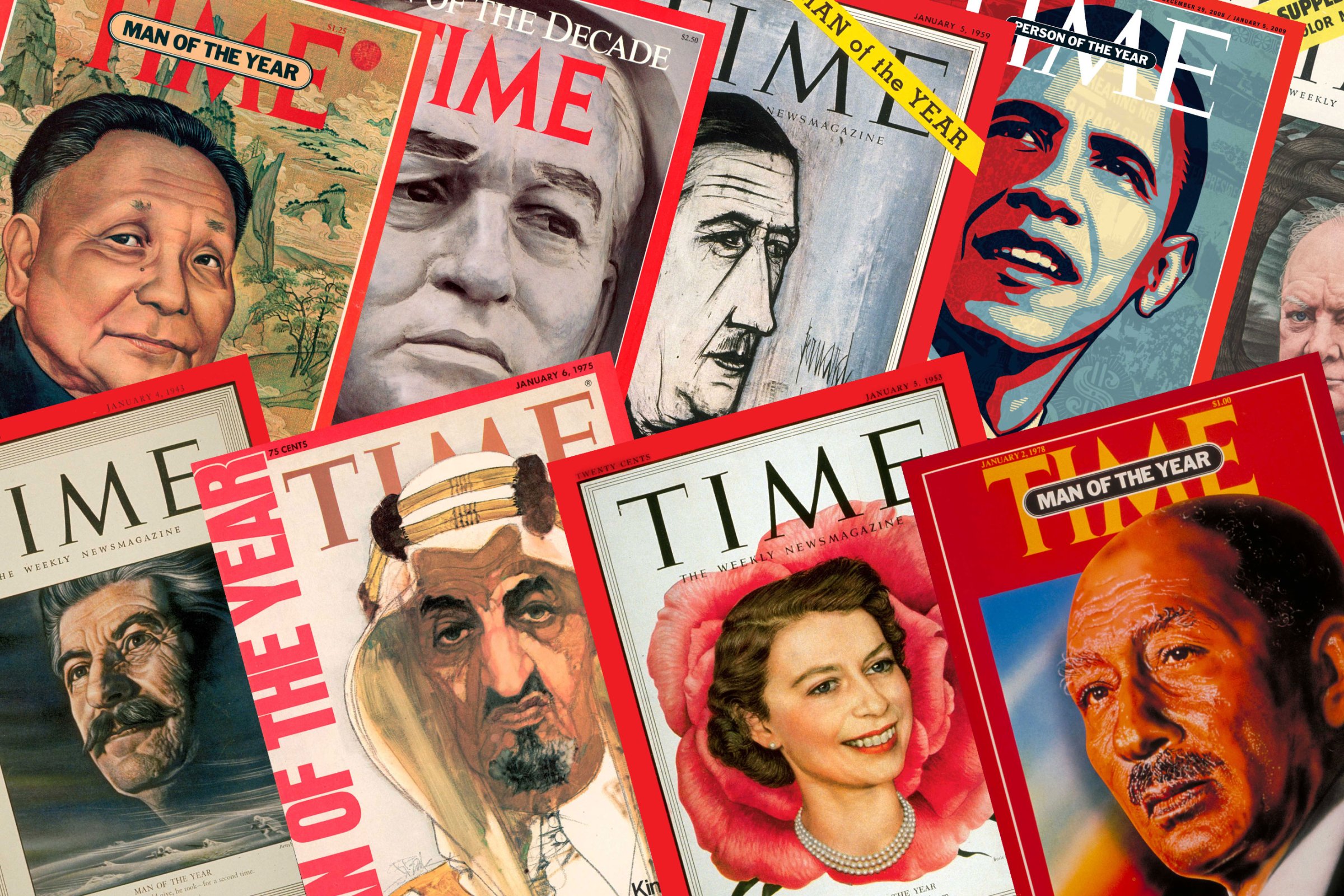
In the nearly nine decades during which TIME has selected a Person of the Year, a lot has changed, but the standards by which the selection is made have remained steady: the Person of the Year is the individual (or group or concept, more recently) who has had the most influence on the world, for good or ill. Unsurprisingly, that person is often the leader of a nation.
American political leaders have had an outsized presence on that list. A president of the United States has been named Person of the Year 22 times, including shared titles and repeats. That’s a wide lead, as the runner-up is a nation that has produced a Person of the Year leader in seven different years, the total if you combine leaders from Russia and the USSR. Today’s announcement moves Germany into third place, with four years with the most influential leader. The U.K. and China tie with three years—though one of China’s covers included two different leaders — and then Iran and France with two years each.
Here’s a quick run-down of about a century of world history, as told by the passing of the Person of the Year title from one capital to the next:
The Great Depression: Premier Pierre Laval of France had been popular with citizens even amid economic crisis in 1931, shortly before Franklin Delano Roosevelt and his administration began to control the Depression narrative.
World War II: As the specter of fascism emerged around the world, the earliest World War II leaders to take the title were those who defended their nations against the early onslaughts of Axis power. Haile Selassie got the world’s sympathy during the conflict between his Ethiopia and Mussolini’s Italy, in 1935. Two years later, China’s leading couple—Chiang Kai-shek and Soong Mei-ling, known as Mme. Chiang—did the same in the face of Japanese hostility.
It wasn’t until 1938 that the villain held the reins: Adolf Hitler of Germany had controlled the path of world affairs that year. During the fighting, TIME placed the center of influence, when it wasn’t in the U.S., along Europe’s fronts. Joseph Stalin’s USSR took the title in 1939 and 1942; Winston Churchill and Great Britain had the power in 1940. In the post-war period, the U.K. repeated the feat with Churchill again in 1949 and the new Queen, Elizabeth II, in 1952.
High Cold War: Ironically, the introduction of the Cold War into the Person of the Year decision came from a nation only indirectly involved in that ideological battle. The Premier of Iran, Mohammed Mossadegh, was named for 1951, a year during which the Cold War East-West divide “encouraged [the] state of mind” of opposition to the West in non-Communist nations too, thus encouraging Iranian ambitions in the Middle East. A similar Cold War-era push for independence in Algeria brought France’s Premiere Charles de Gaulle the title in 1958. Other than that, the Cold War players were more predictable: West Germany’s Konrad Adenauer in 1953, Nikita Khrushchev of the USSR in 1957 and Willy Brandt of West Germany in 1970.
The Turbulent 1970s: As the Arab world became more unified in its goals, and as the rest of the world hungered for the oil it controlled, leaders from the Middle East led the way in terms of influence. King Faisal of Saudi Arabia took the title in 1974, for his power to drive world events by controlling the world’s oil. Anwar Sadat from Egypt was 1977’s Man of the Year, for his efforts to promote peace in the region. And Ayatollah Khomeini of Iran took 1979, the year of the hostage crisis.
The Cold War Thaws: In the late 1970s and throughout the 1980s, those who held the power to end the Cold War were the ones who had the most influence. Sometimes they were outsiders pushing for change, like Lech Walesa of Poland, in 1981. Sometimes they were leaders whose positions evolved, as was the case with Deng Xiaoping of China, who was selected in both 1978 and 1985 as he modernized his nation and opened it to the world. As for the USSR, the selection of Yuri Andropov in 1983, alongside Ronald Reagan, highlighted the confrontation between the two Cold Warriors. By the end of the decade, Mikhail Gorbachev’s push for change brought him the title in 1987 and 1989. Even the seeming outlier here, Corazon Aquino of the Philippines in 1986, was framed as a force against a Communism in her country.
Post-Cold War: The end of the Cold War brought a period of U.S. political and economic power, with presidents and businessmen dominating the POY rolls. That changed in 2001.
Though New York City mayor Rudolph Giuliani was named for the year of the Sept. 11 attacks—among the few local politicians to hold the title in the franchise’s history—the period that followed spread the power more equally throughout the world. Presidents Bush and Obama were unquestionably influential, but groups—protesters, Internet users, philanthropists—led the world just as often.
And the world leaders with whom Bush and Obama shared the stage were, increasingly, there as well: In 2007, Vladimir Putin’s Russia and now, for 2015, Angela Merkel’s Germany.
Read More: TIME’s 2015 Person of the Year Is Angela Merkel
See Every Person Of The Year Cover Ever
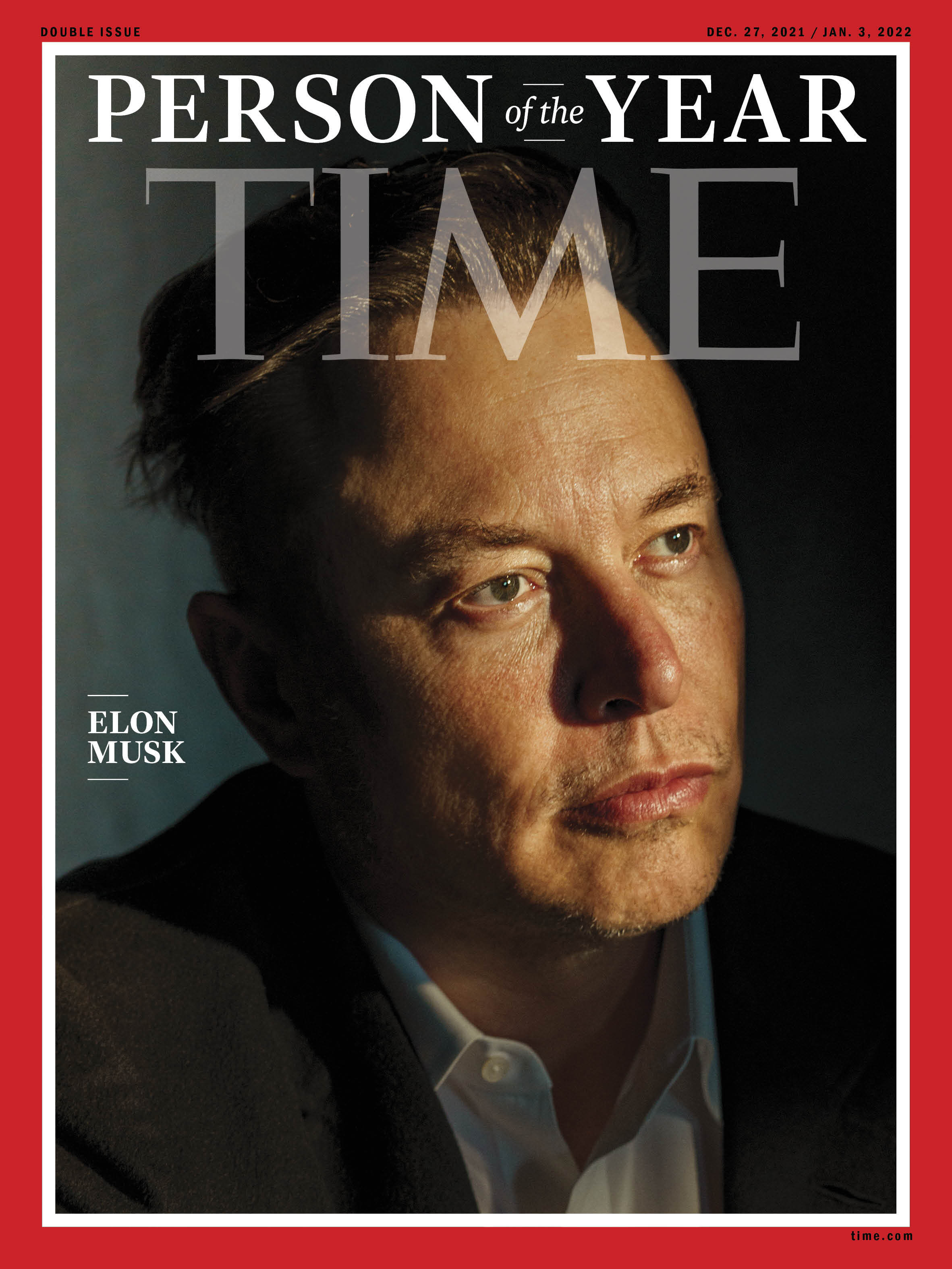
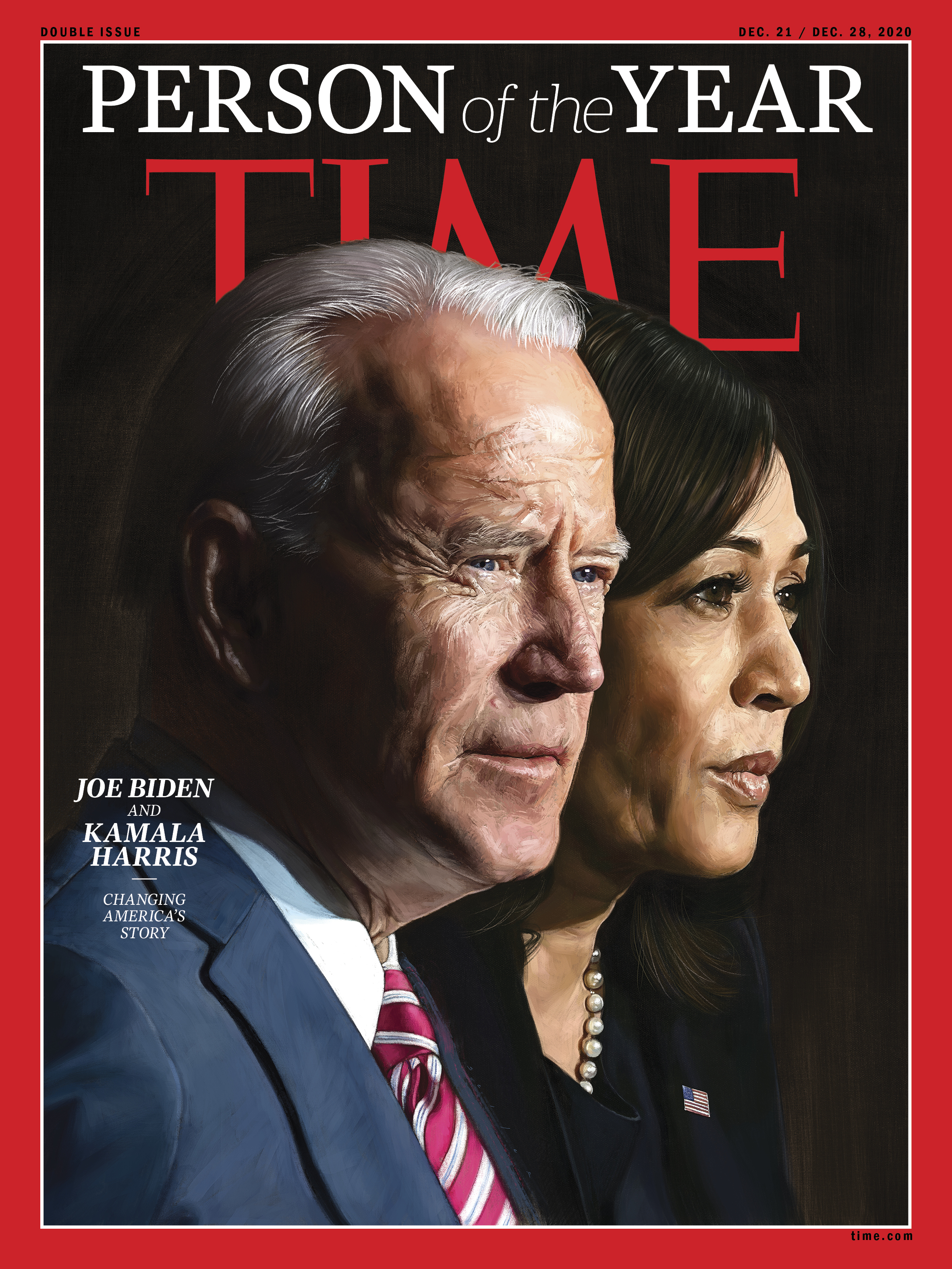
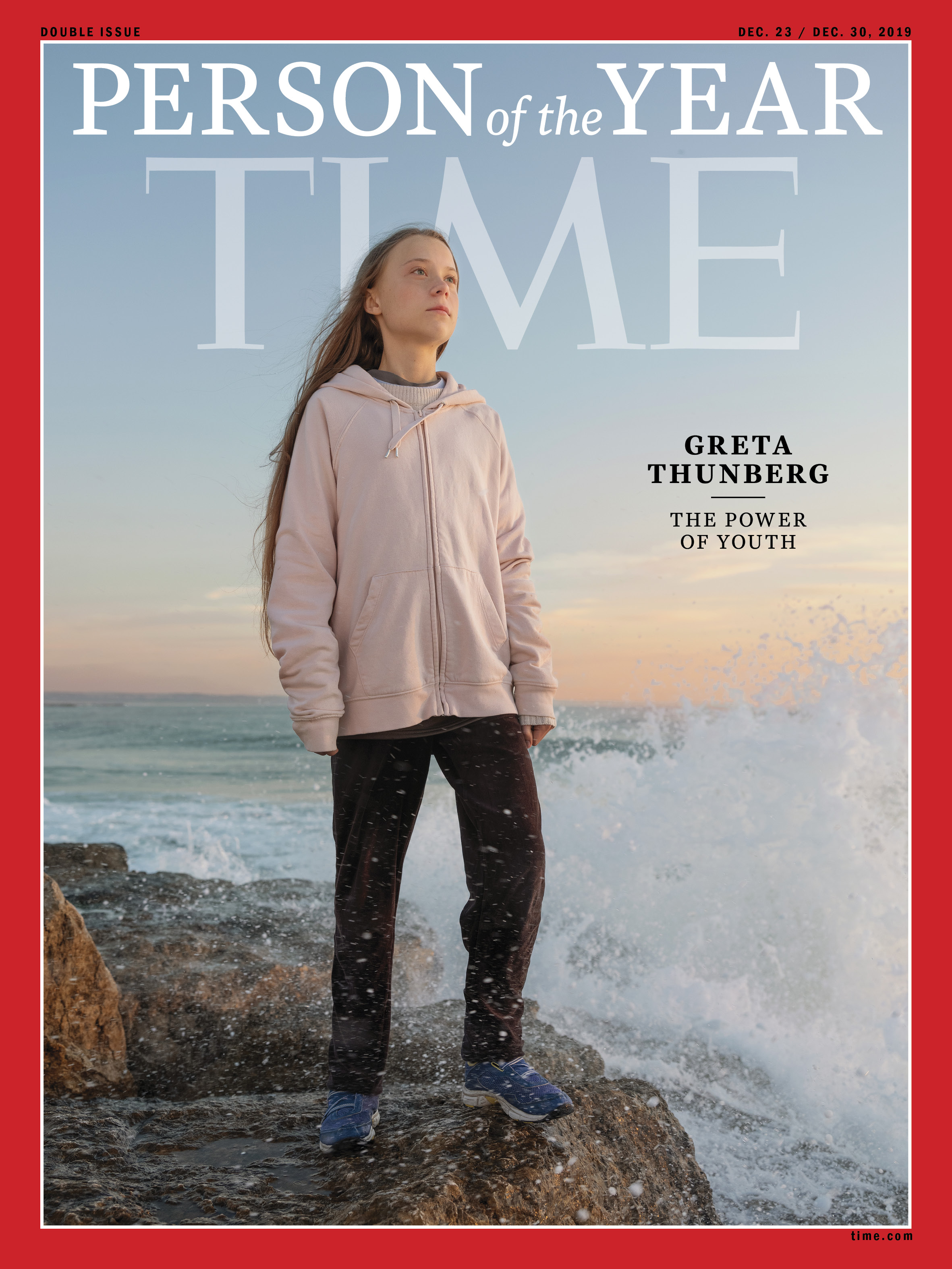

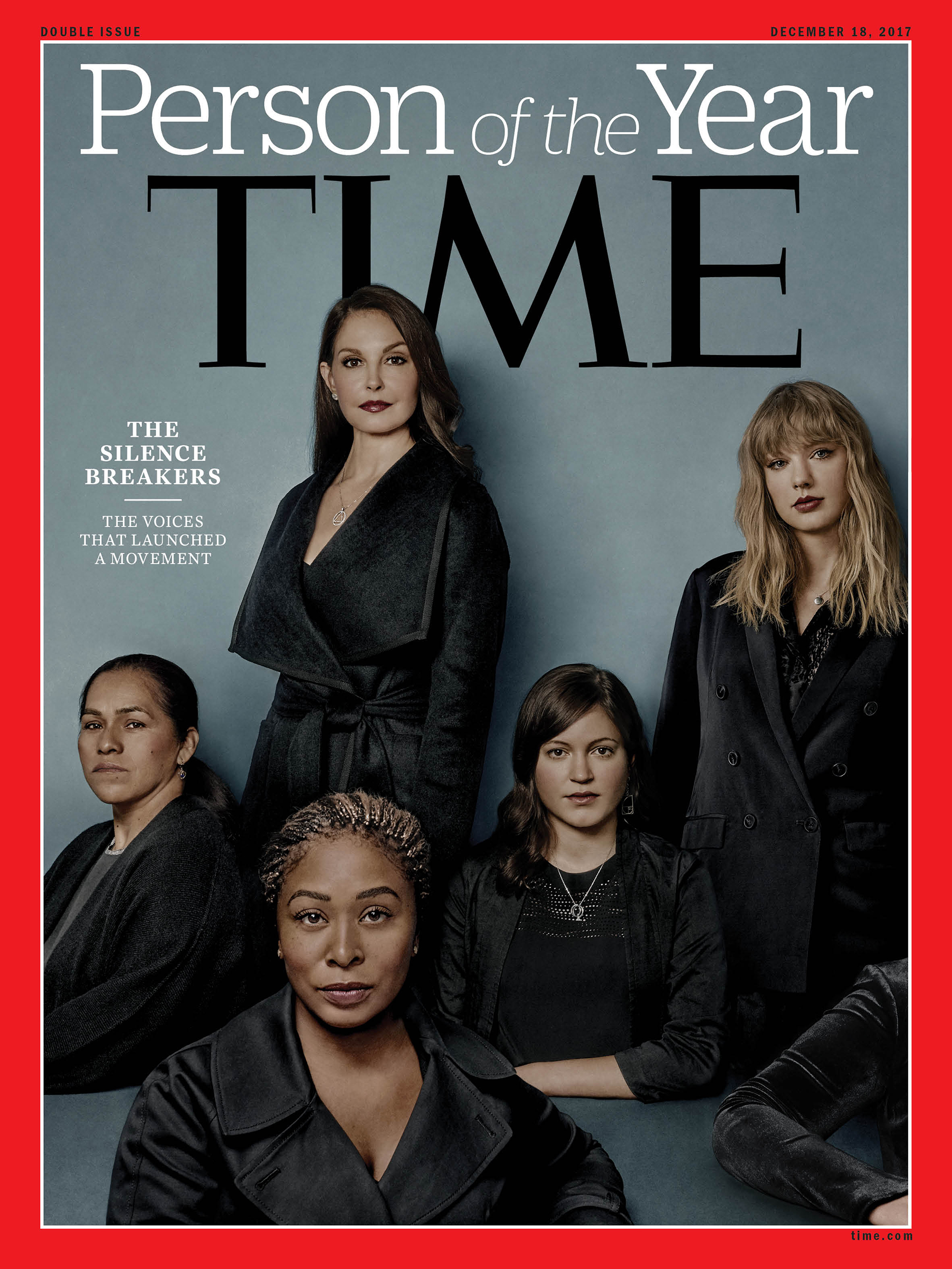
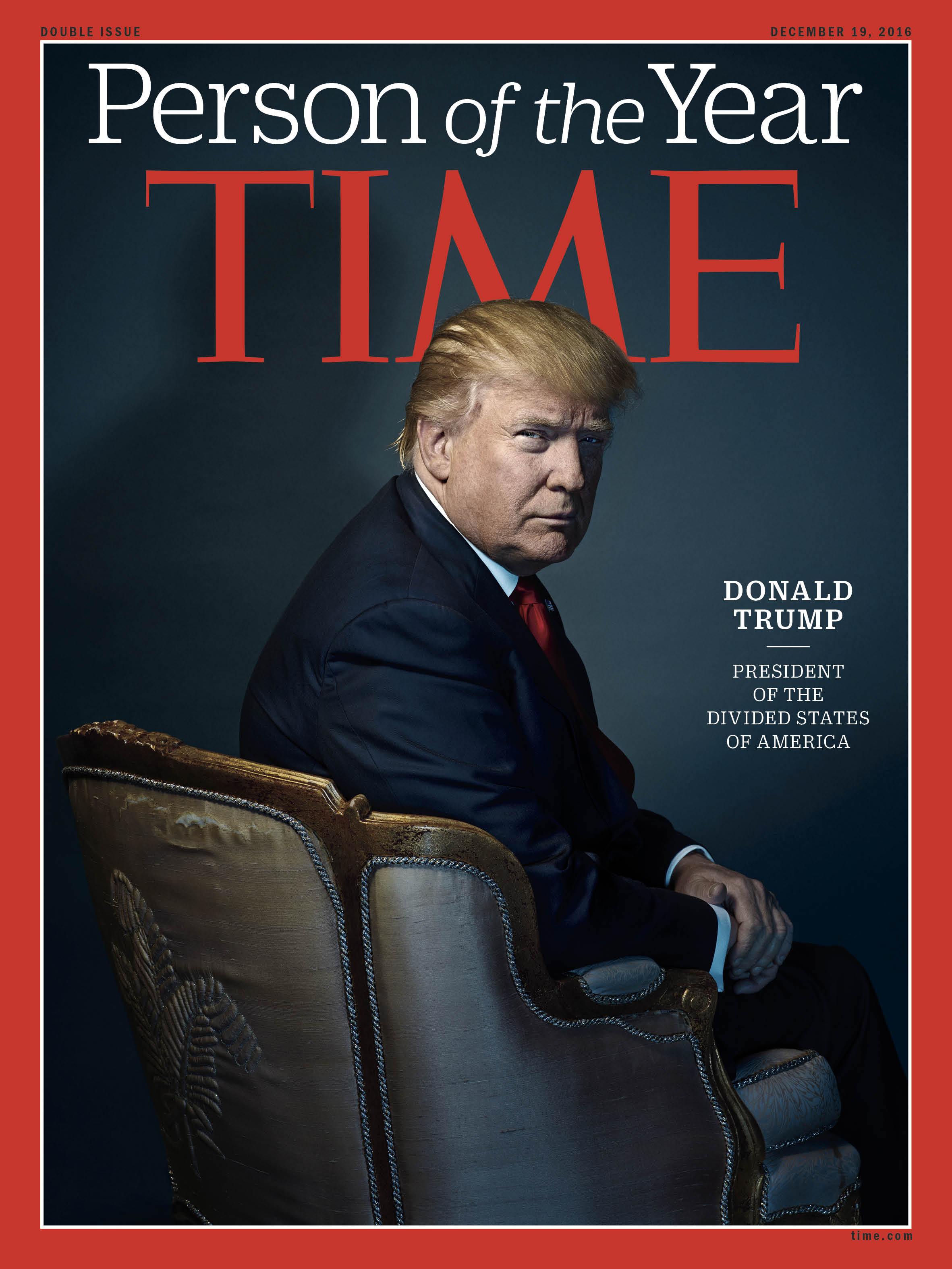
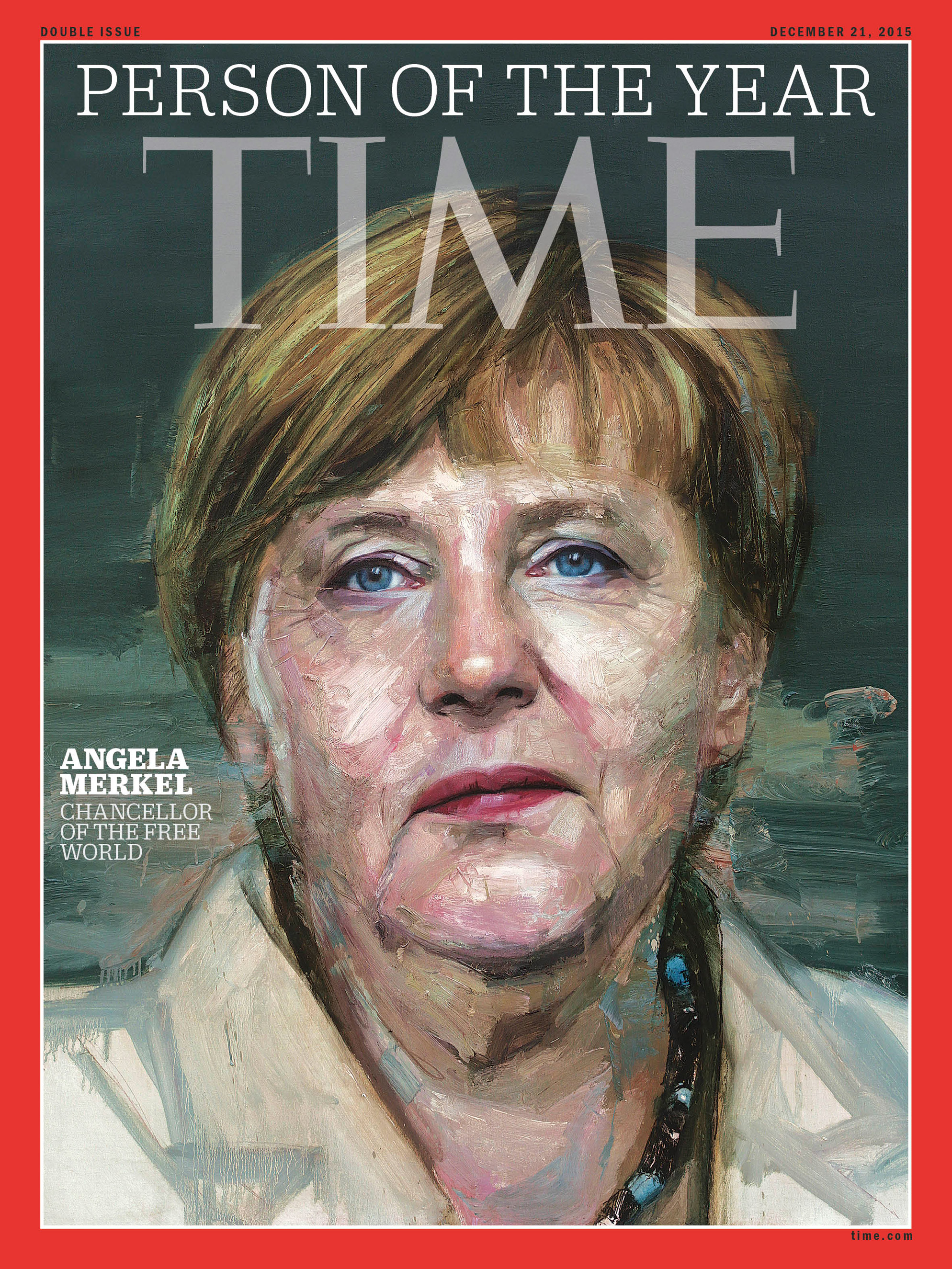
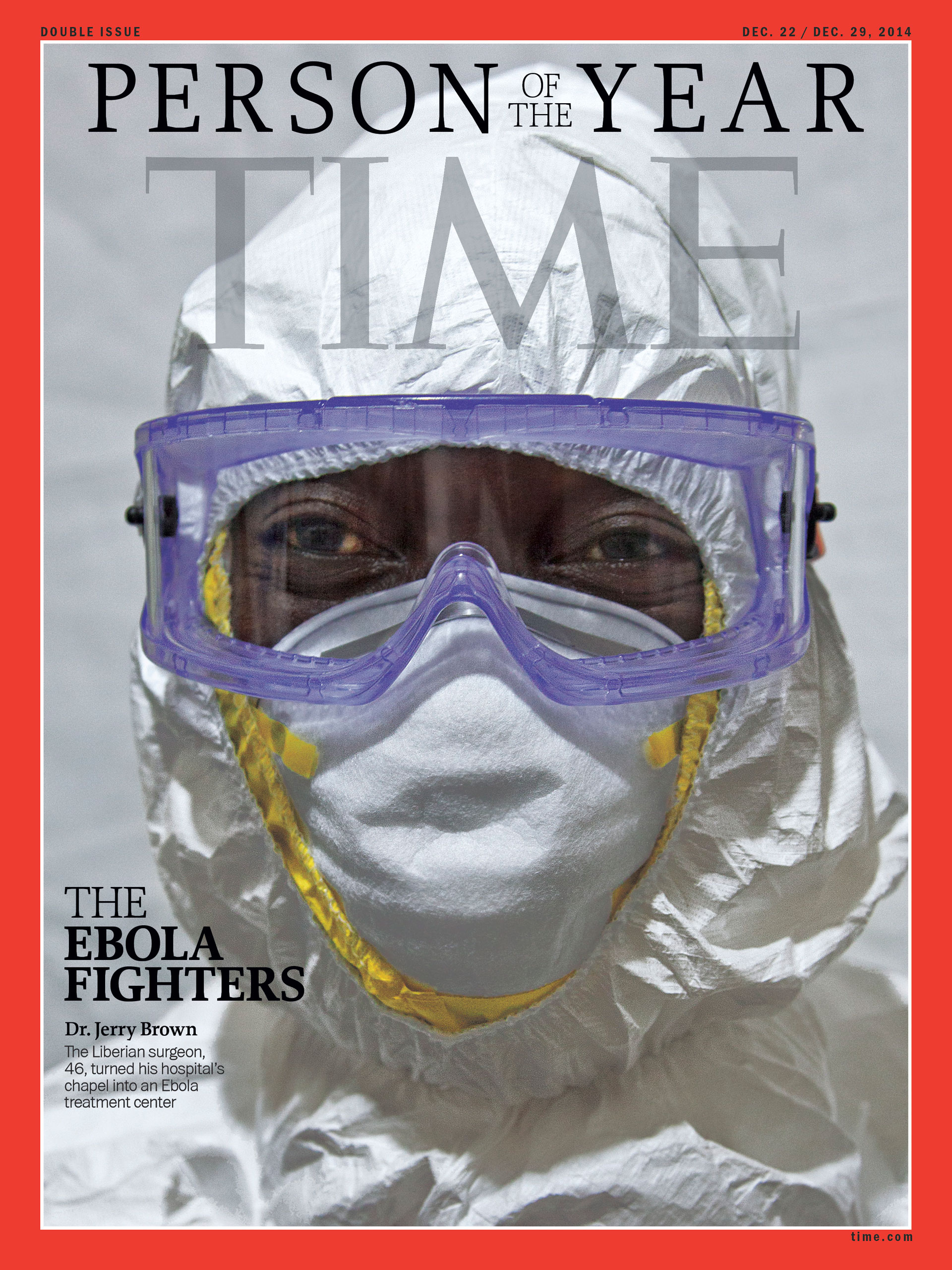
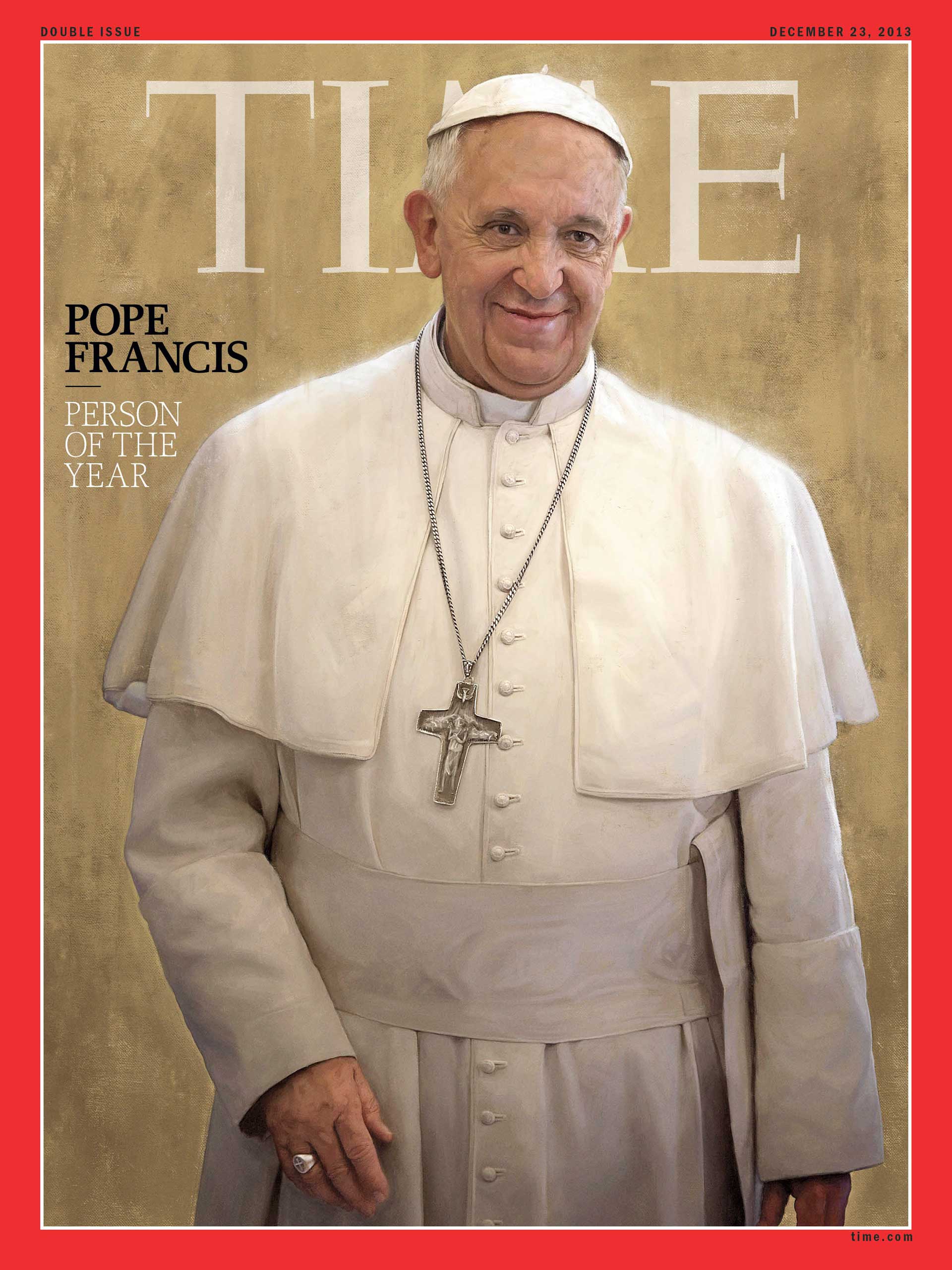
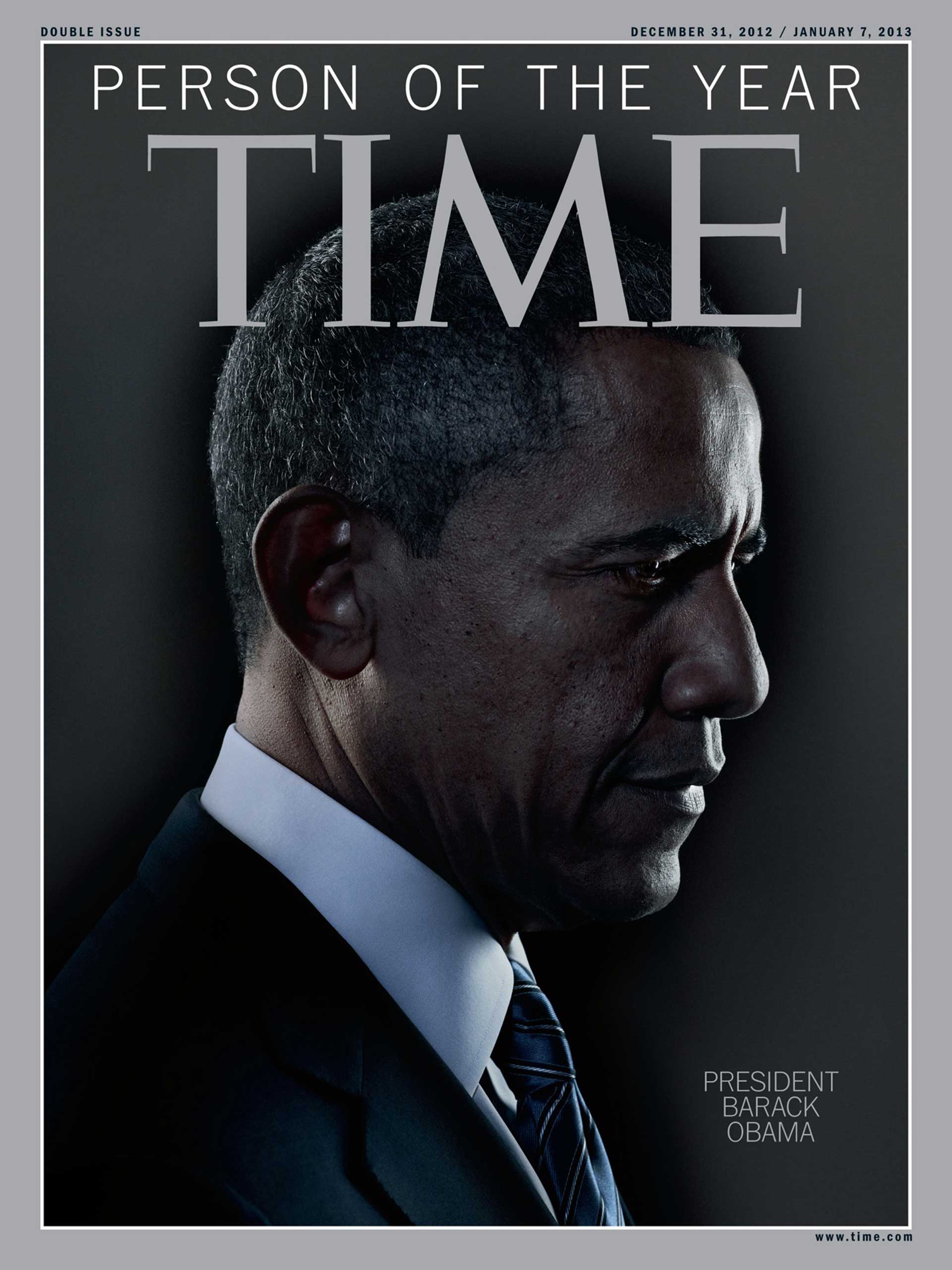
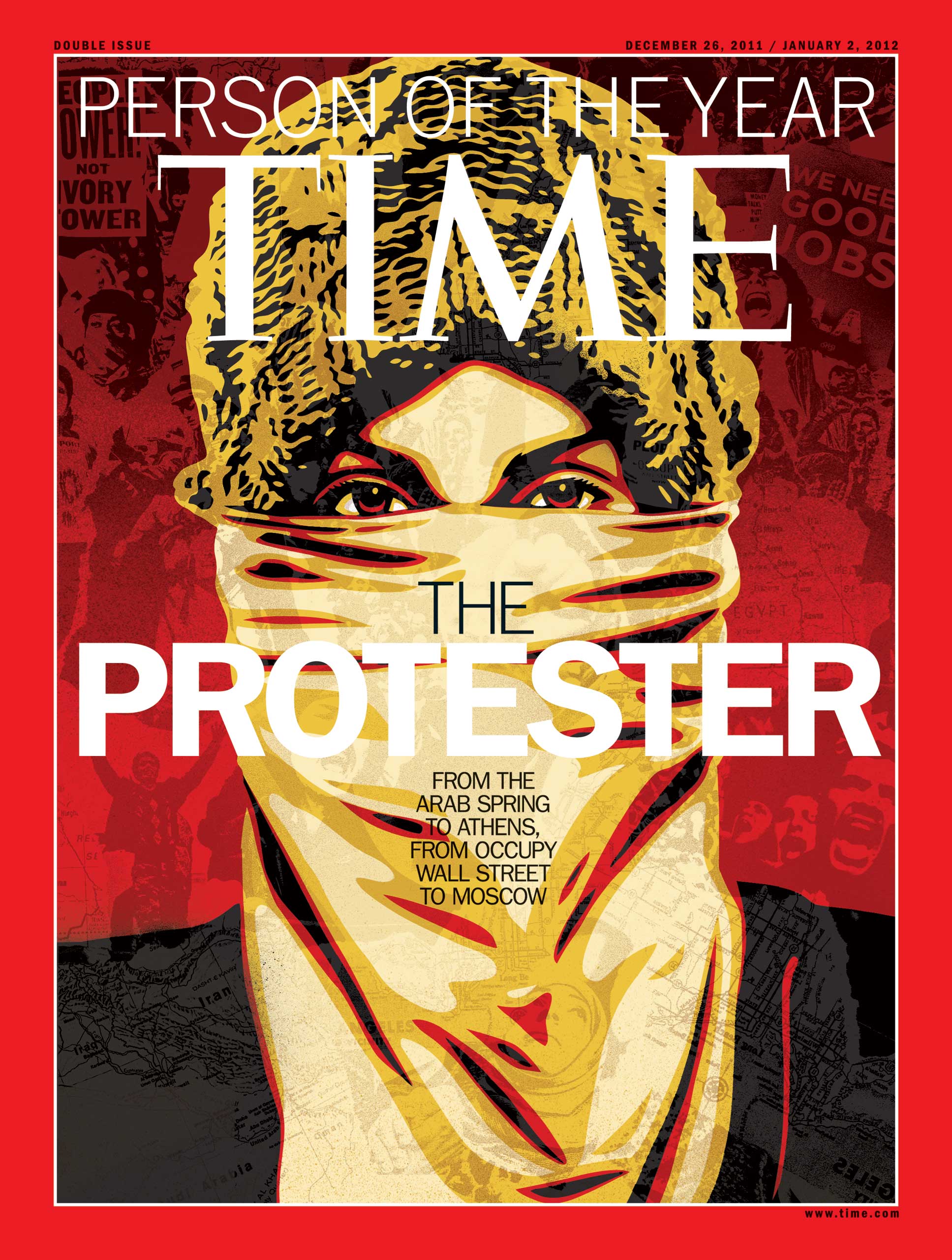
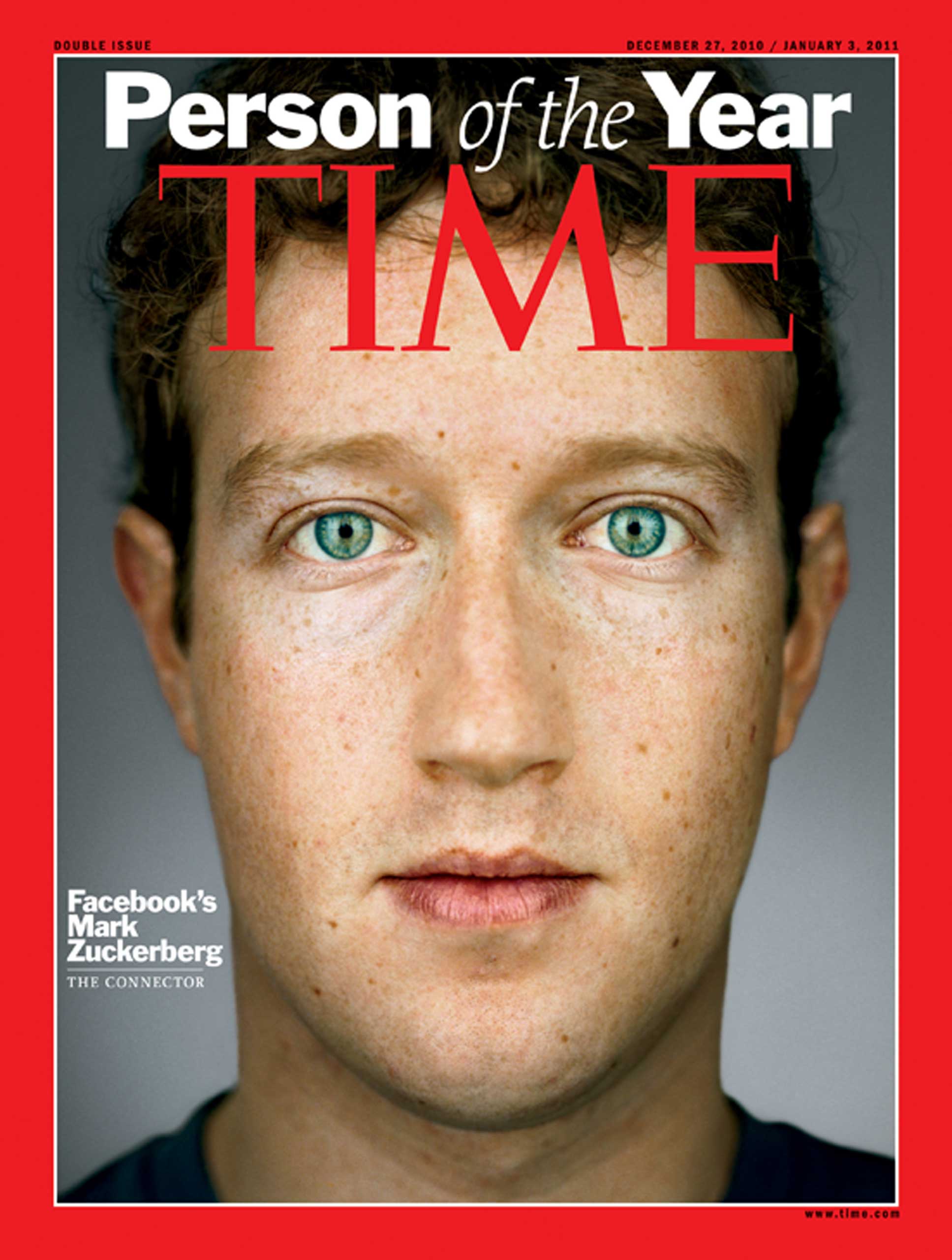
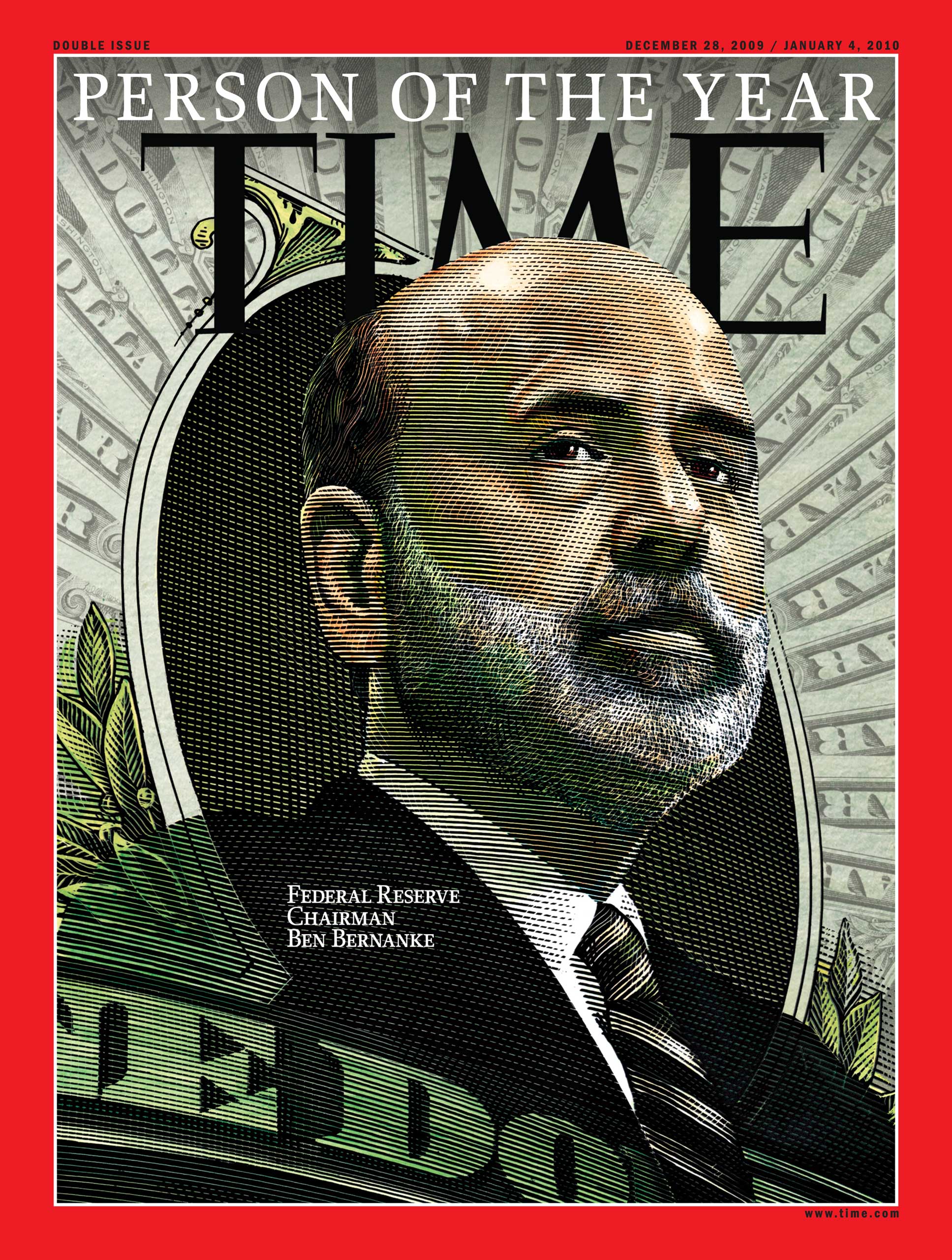
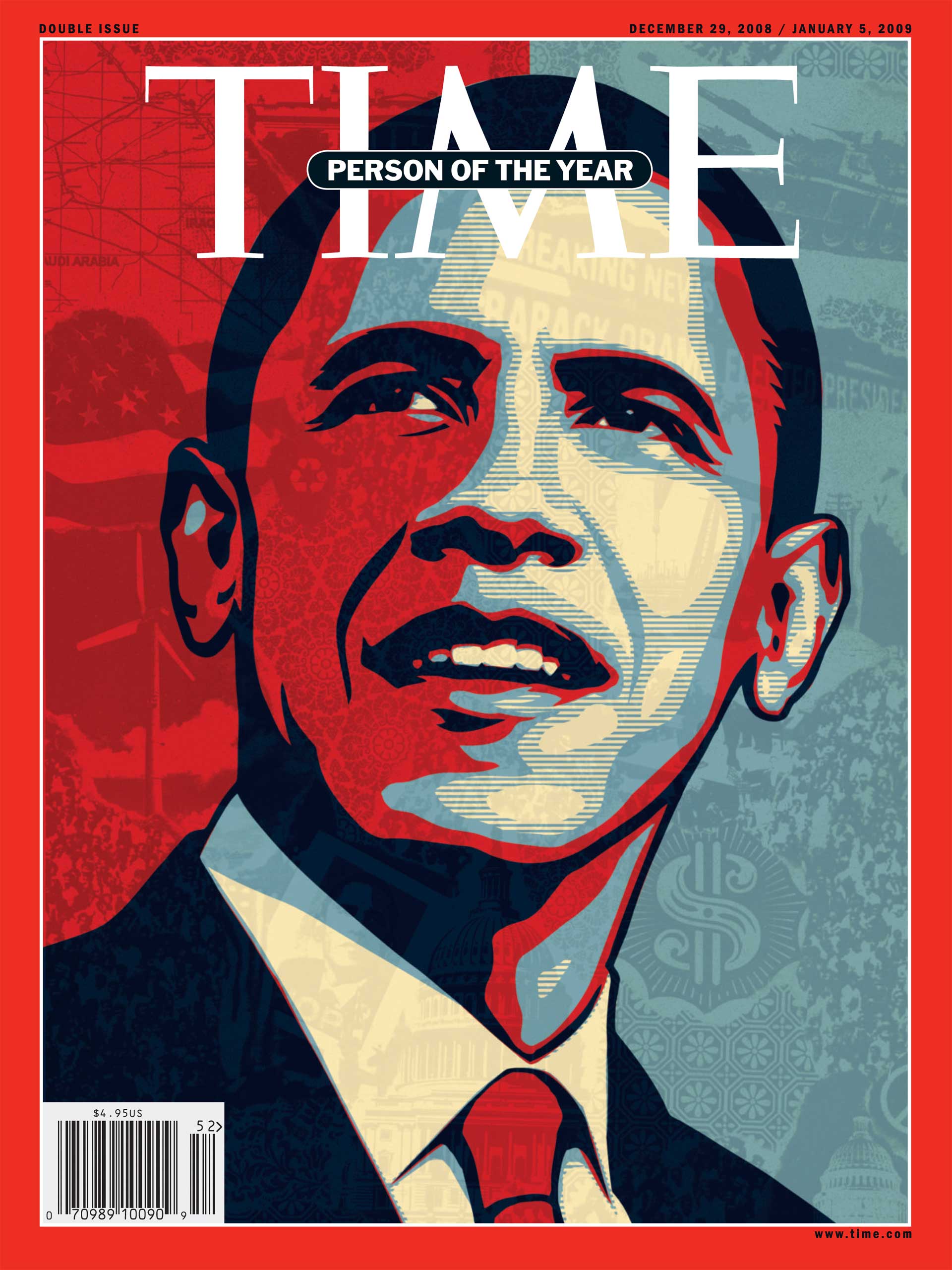
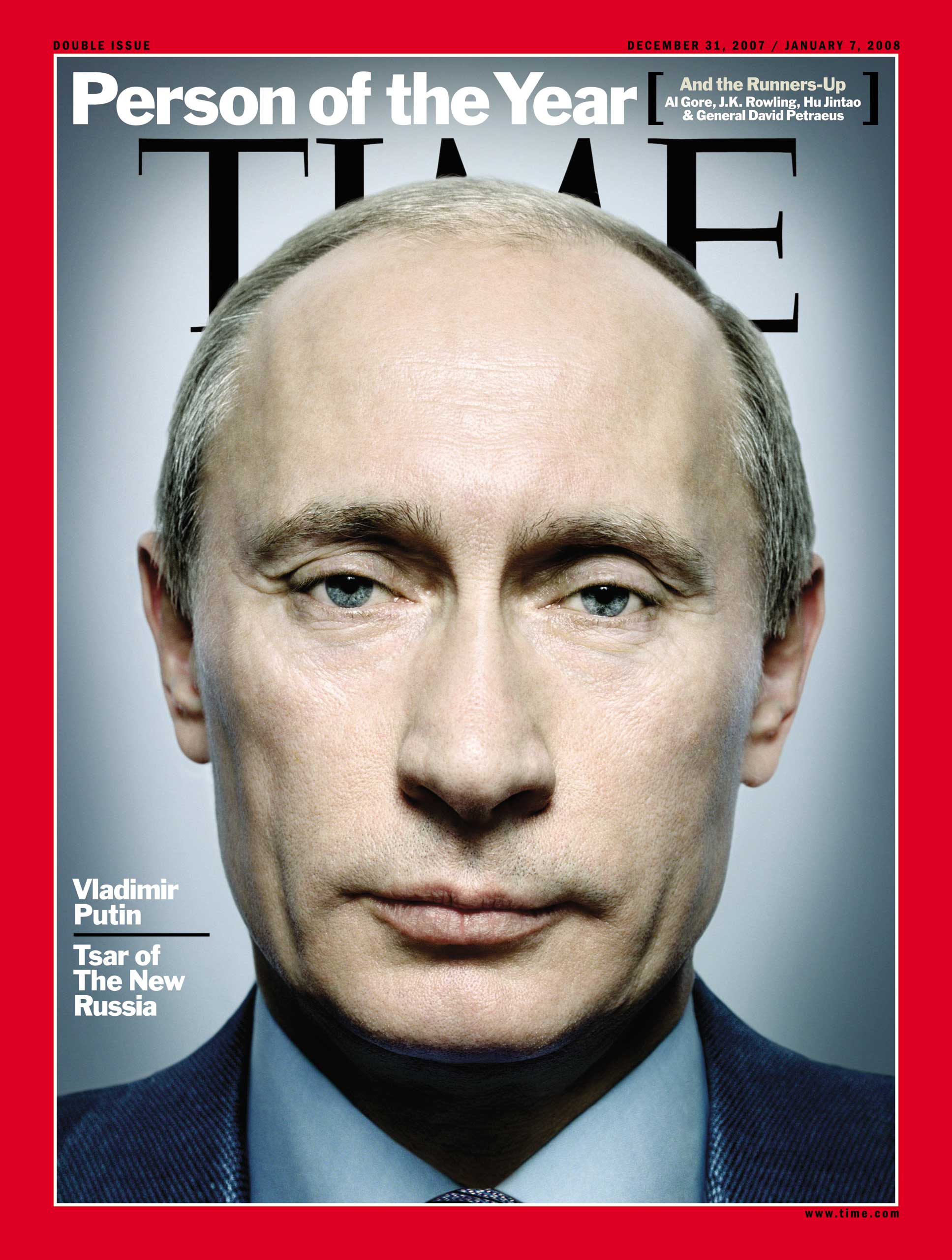
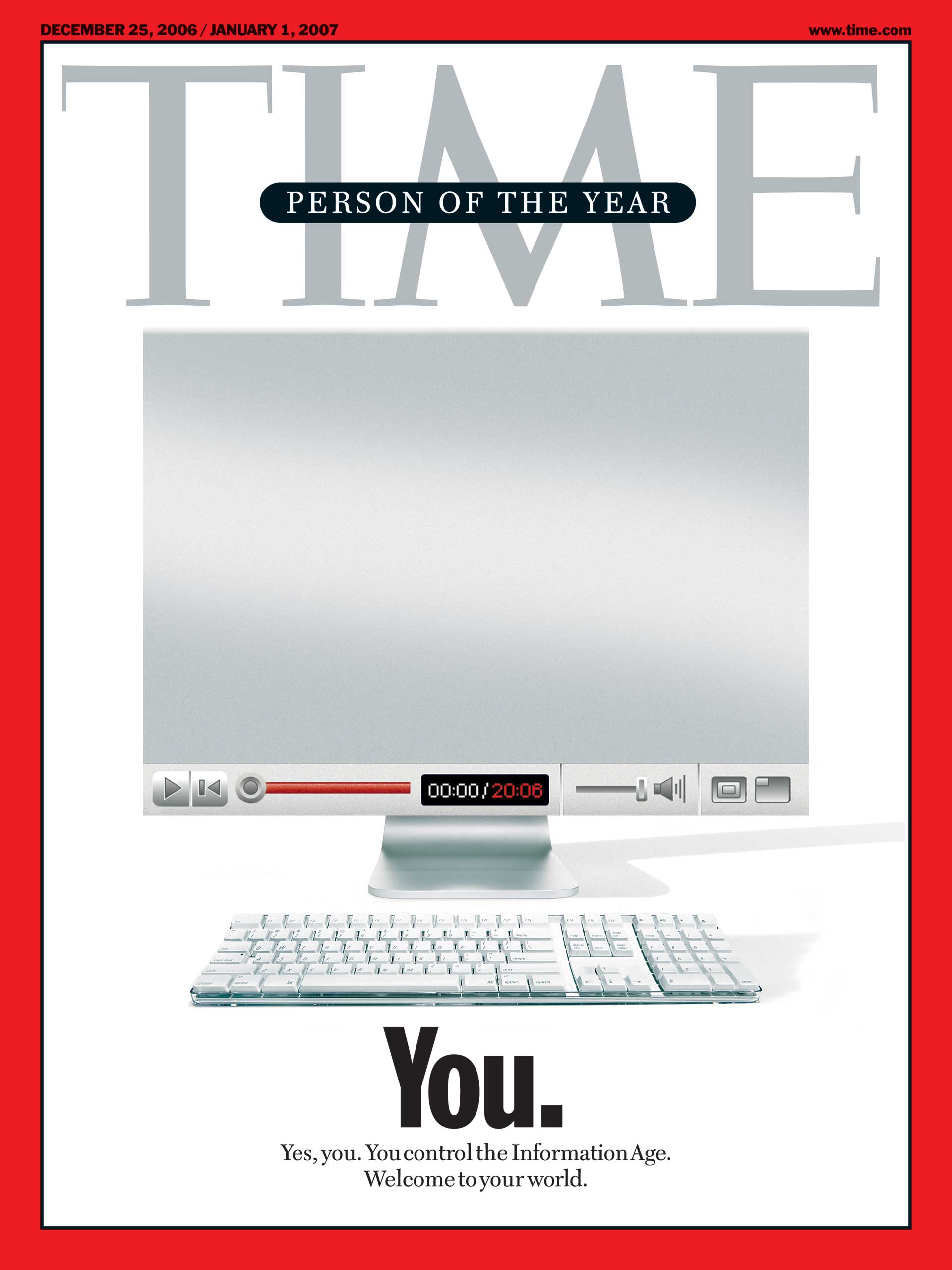
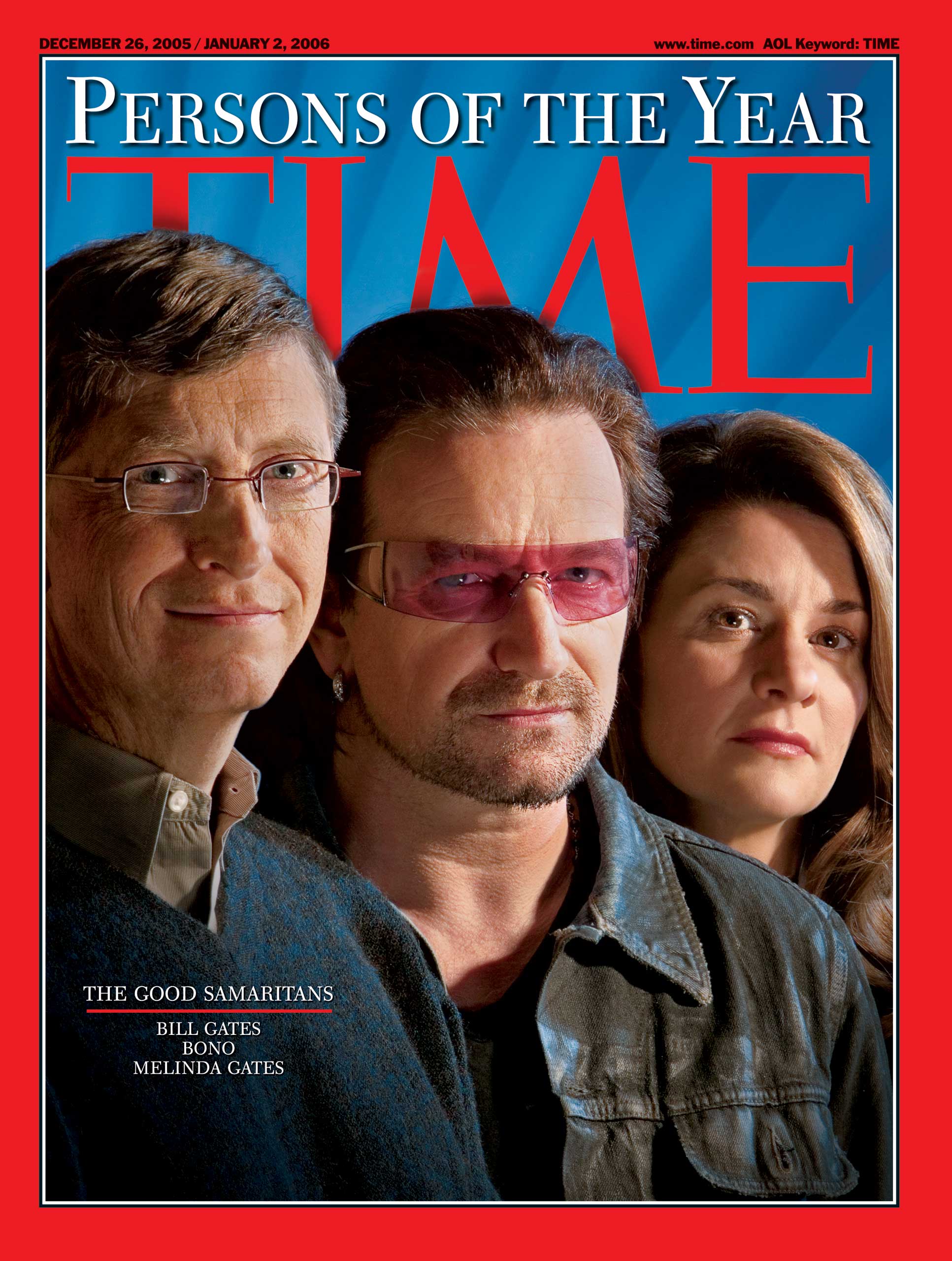
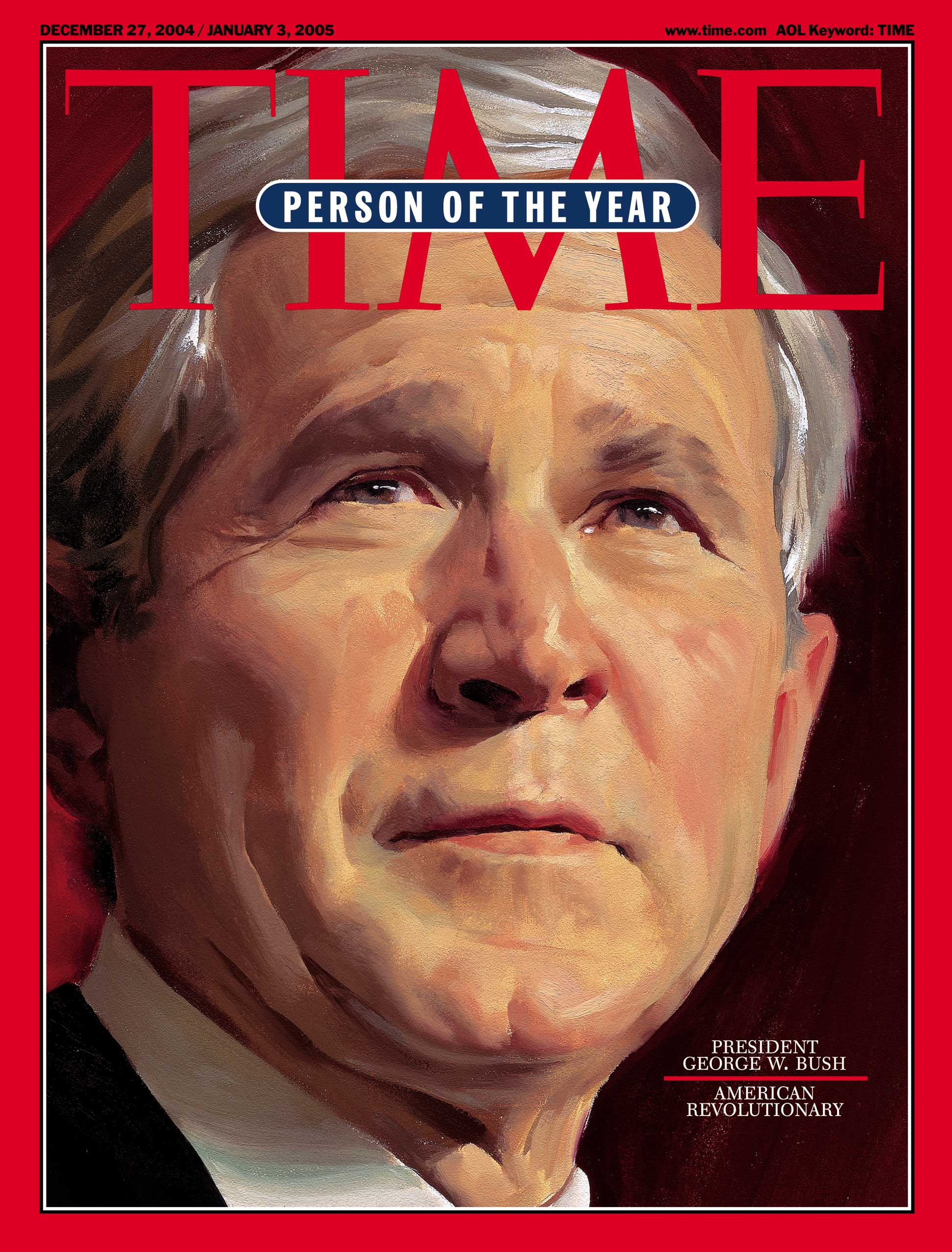
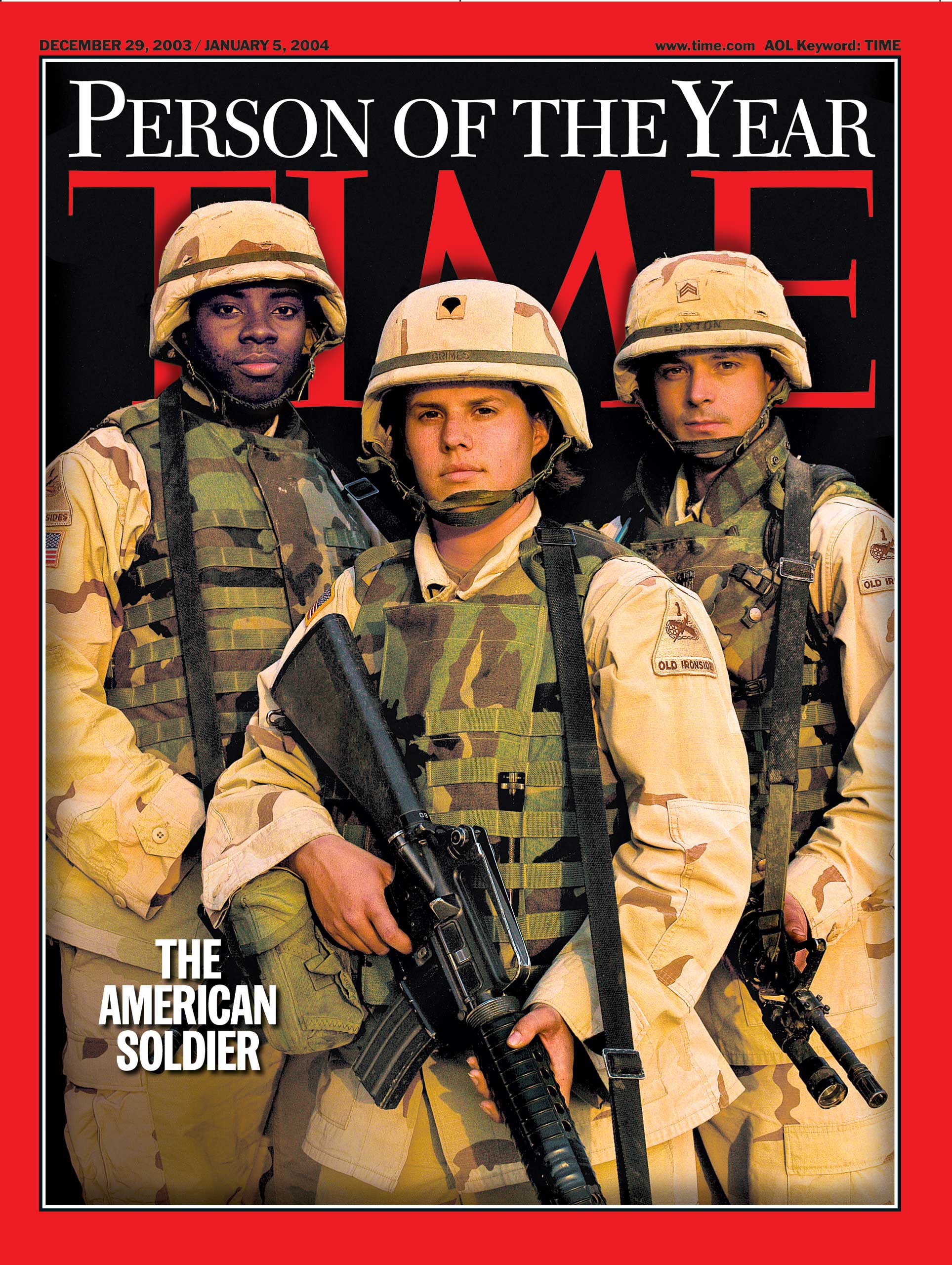
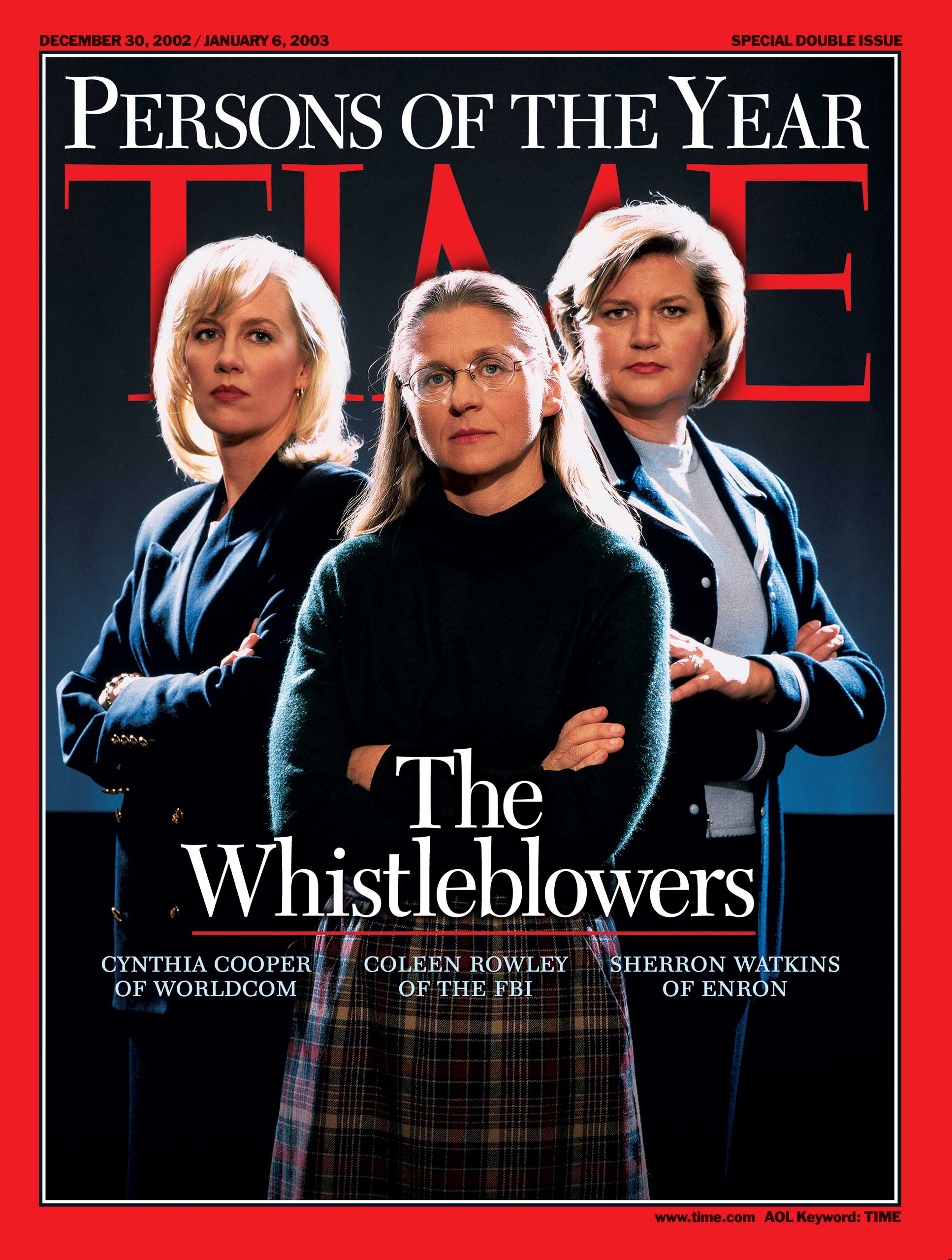
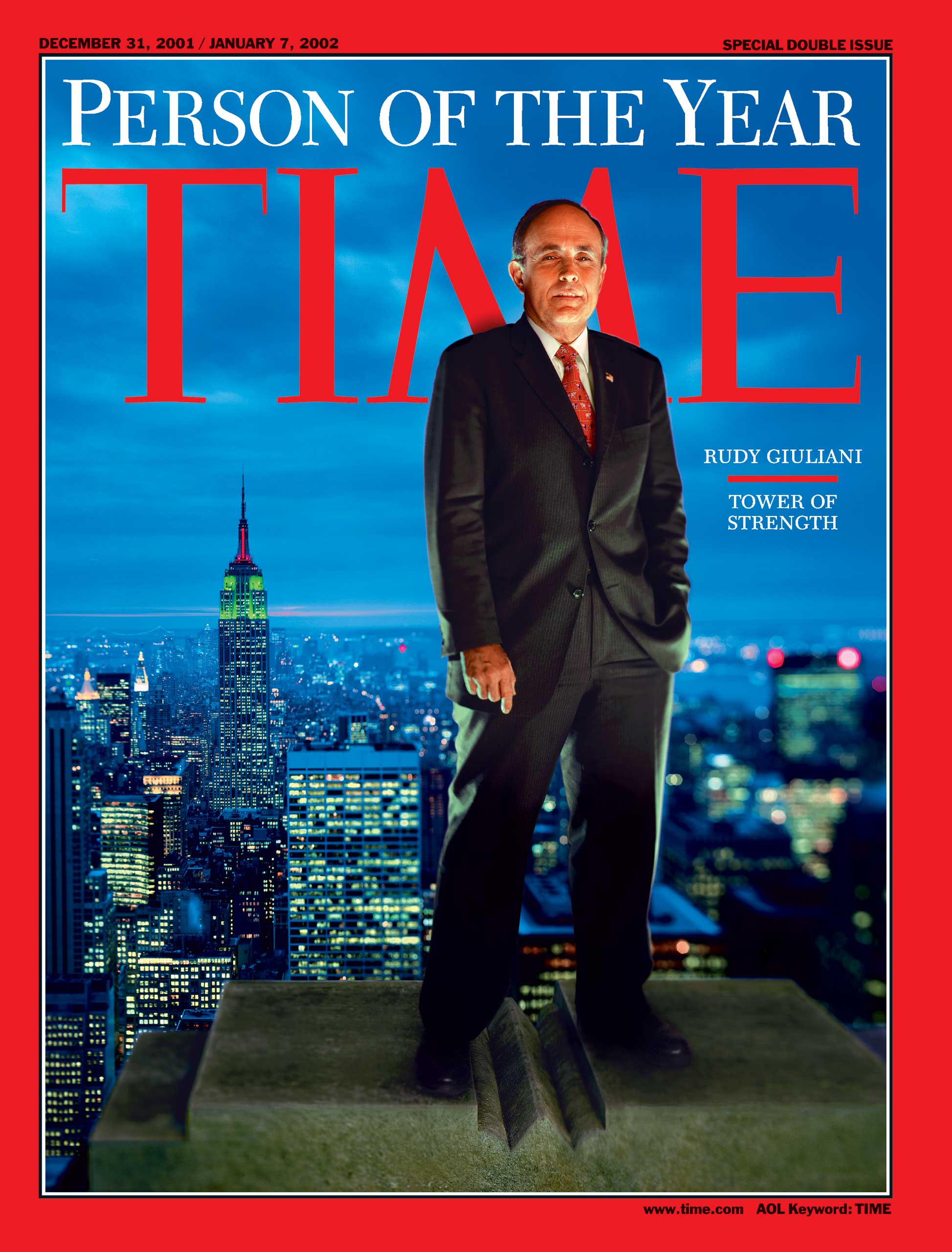
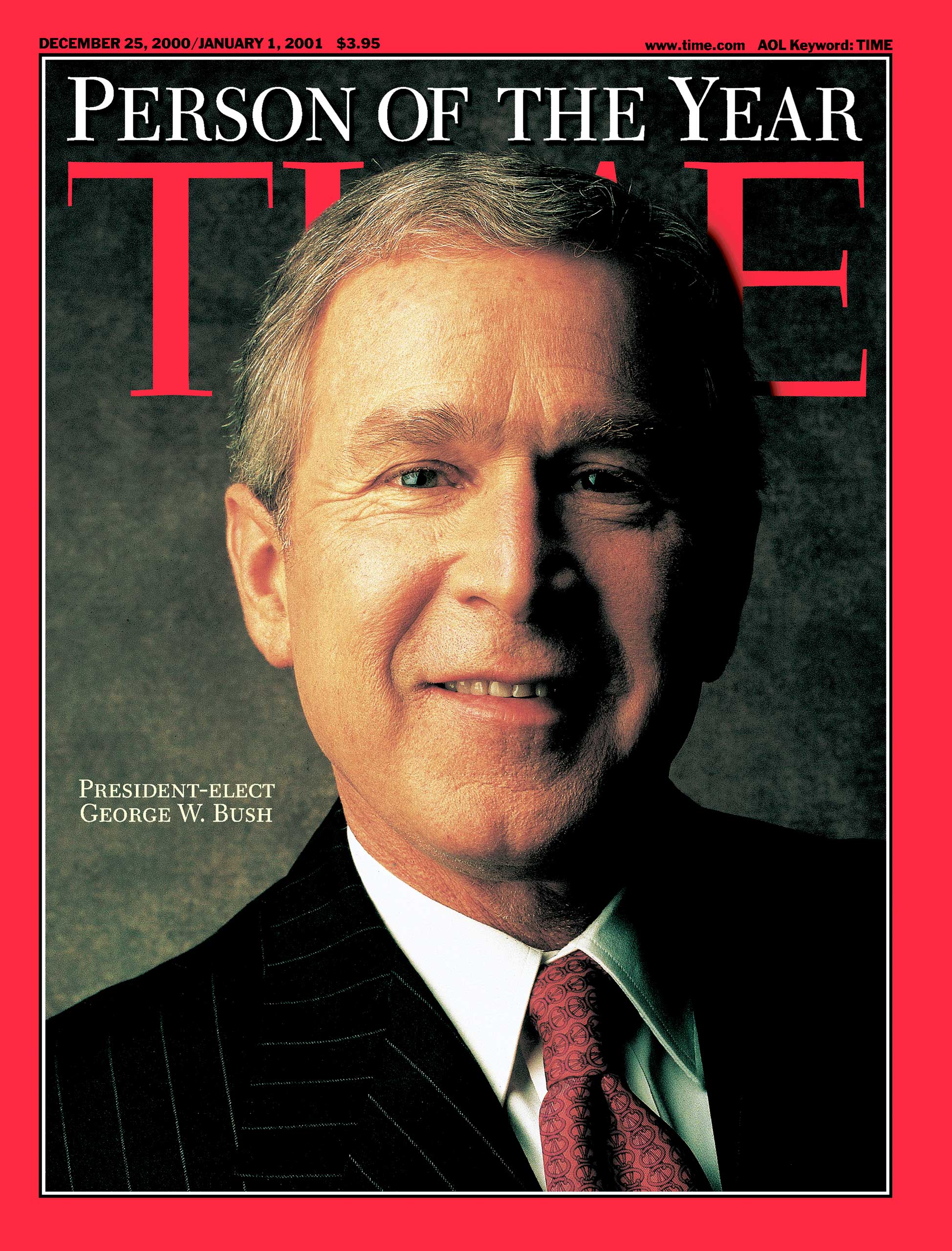
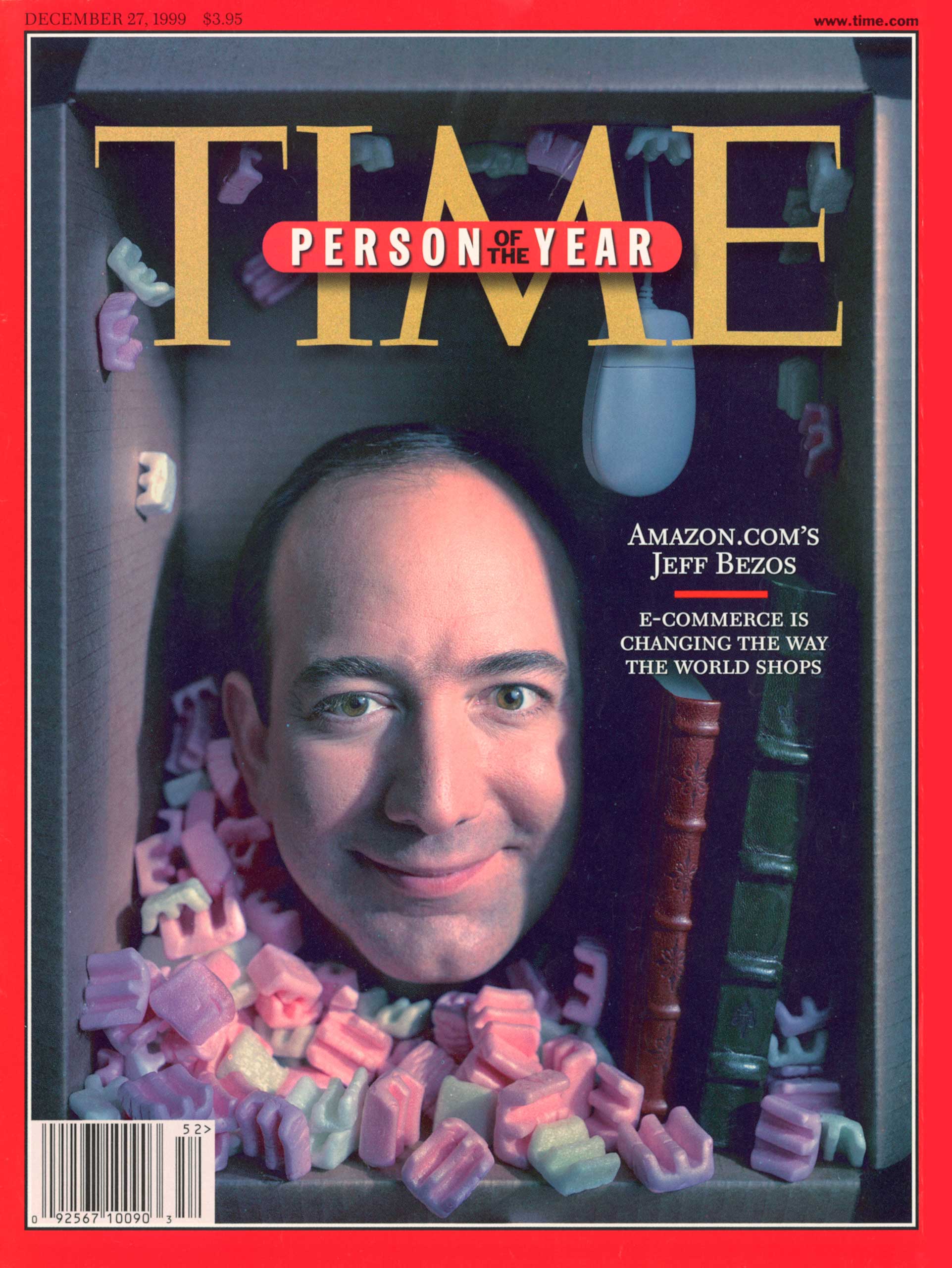
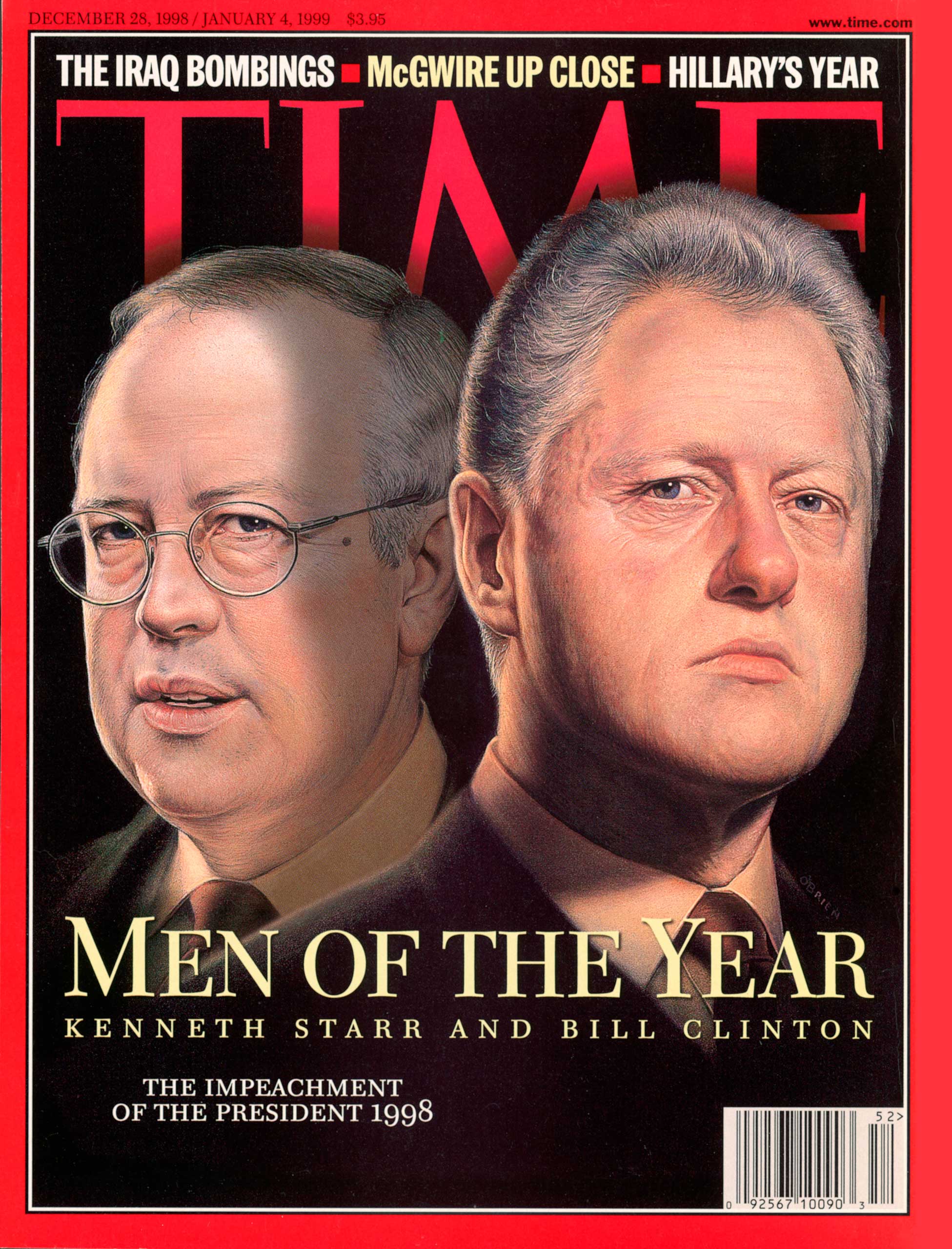
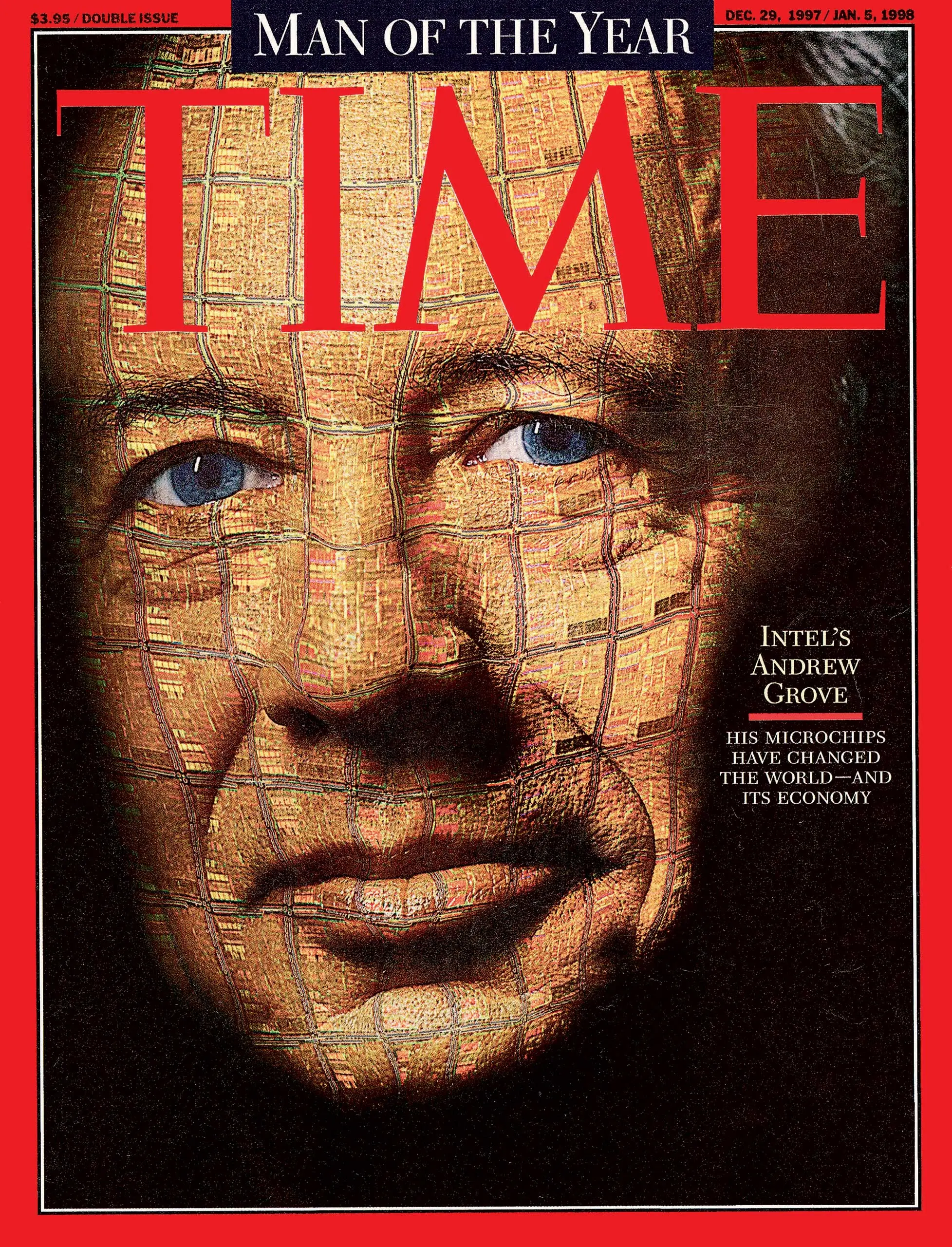
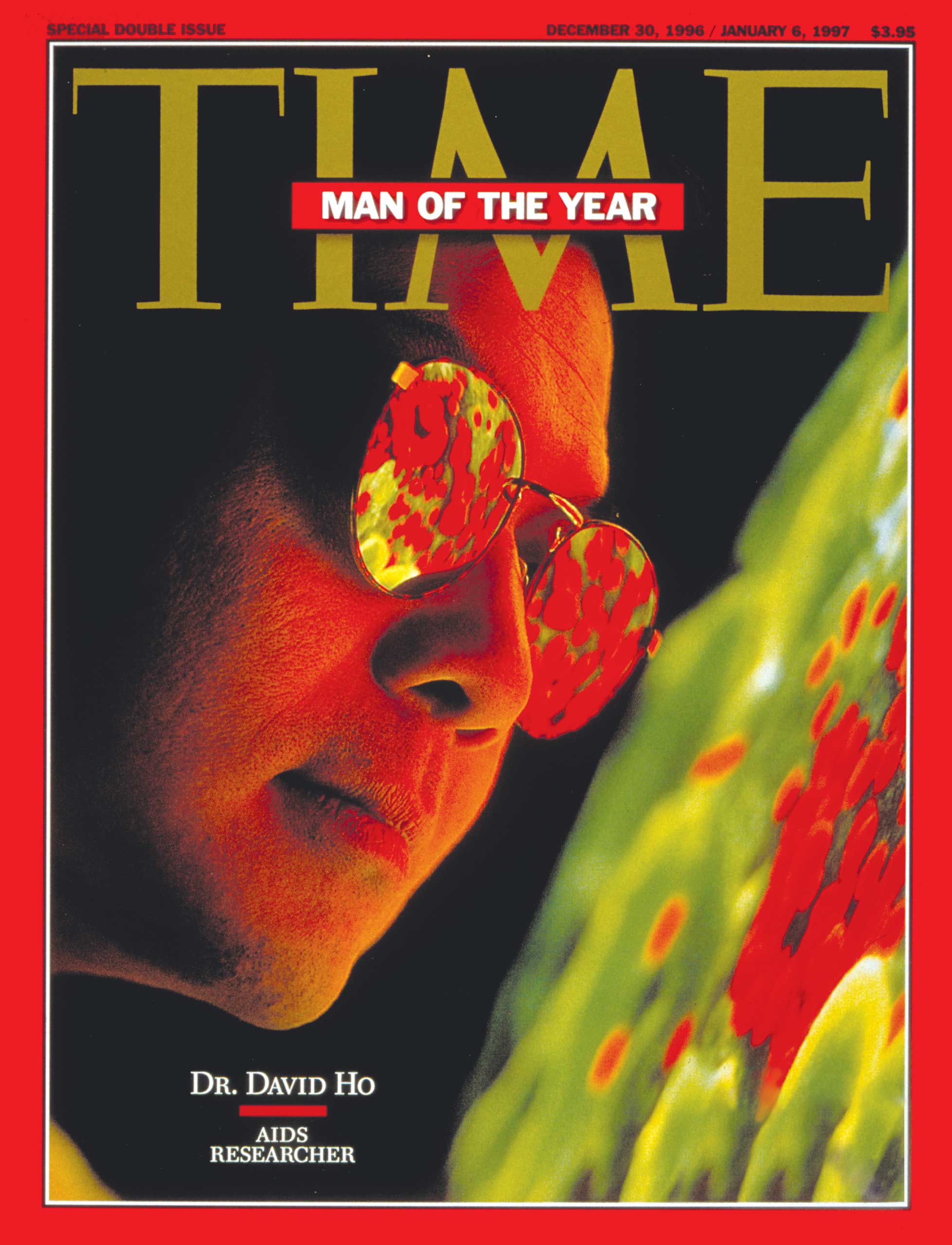
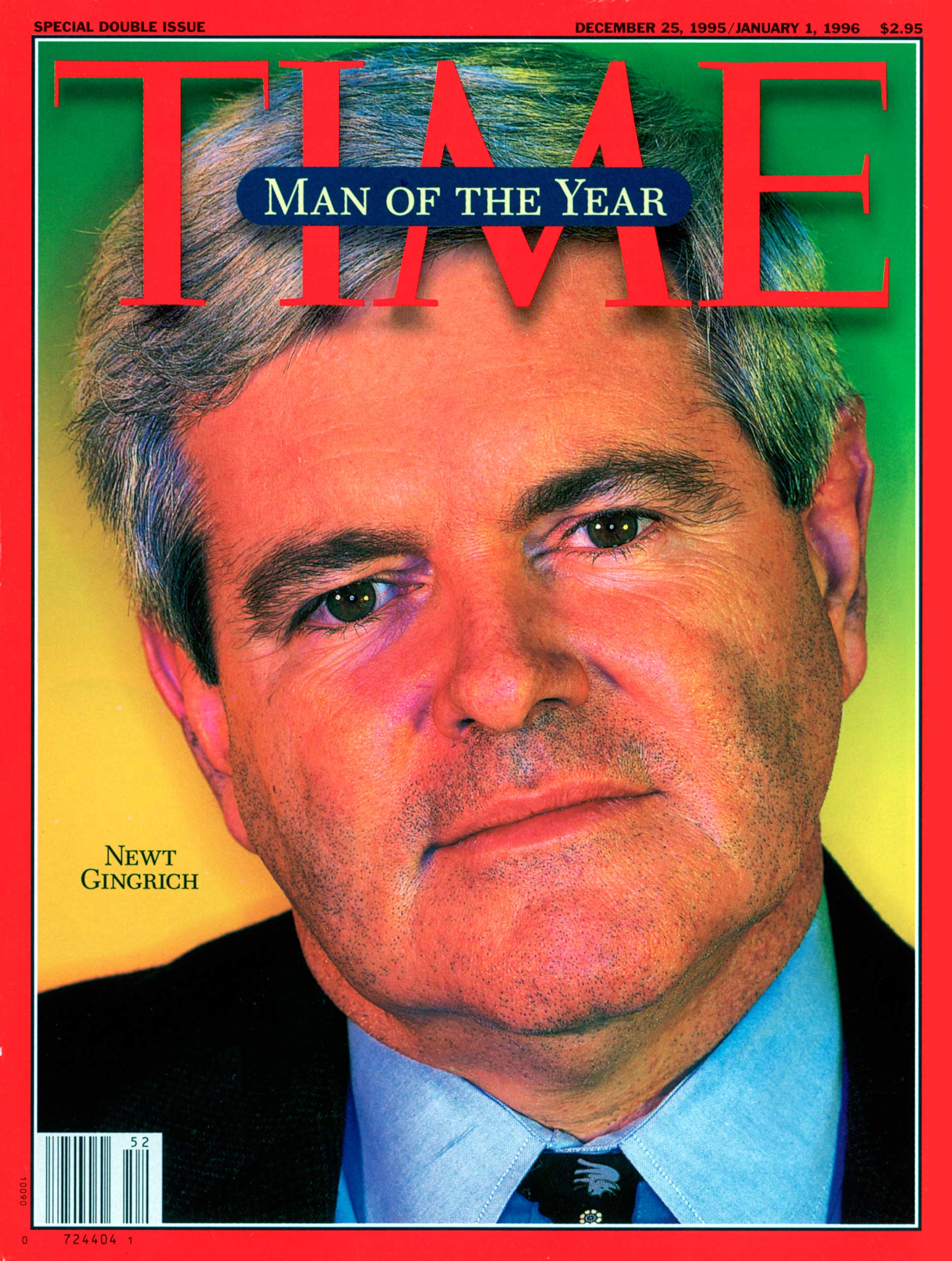
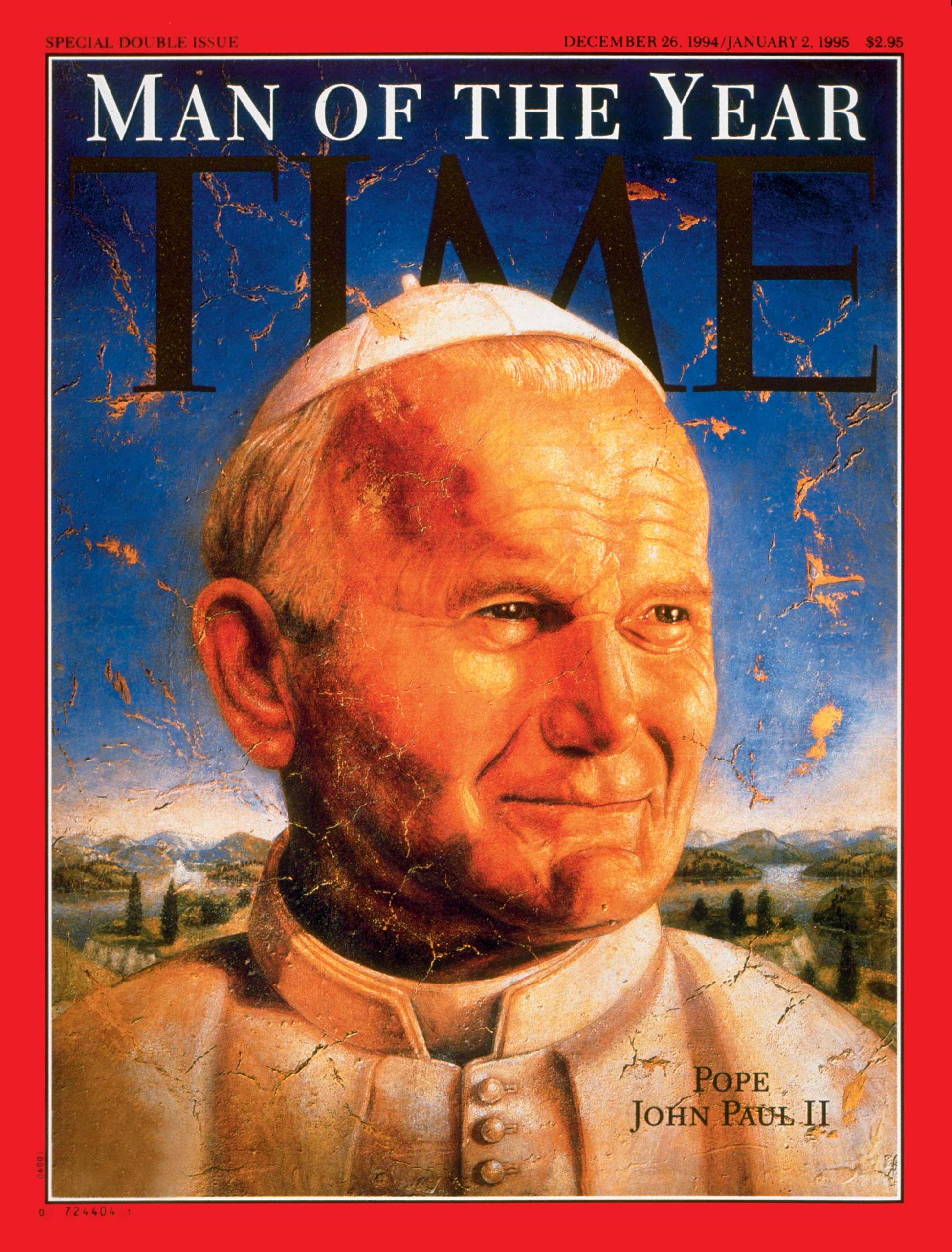
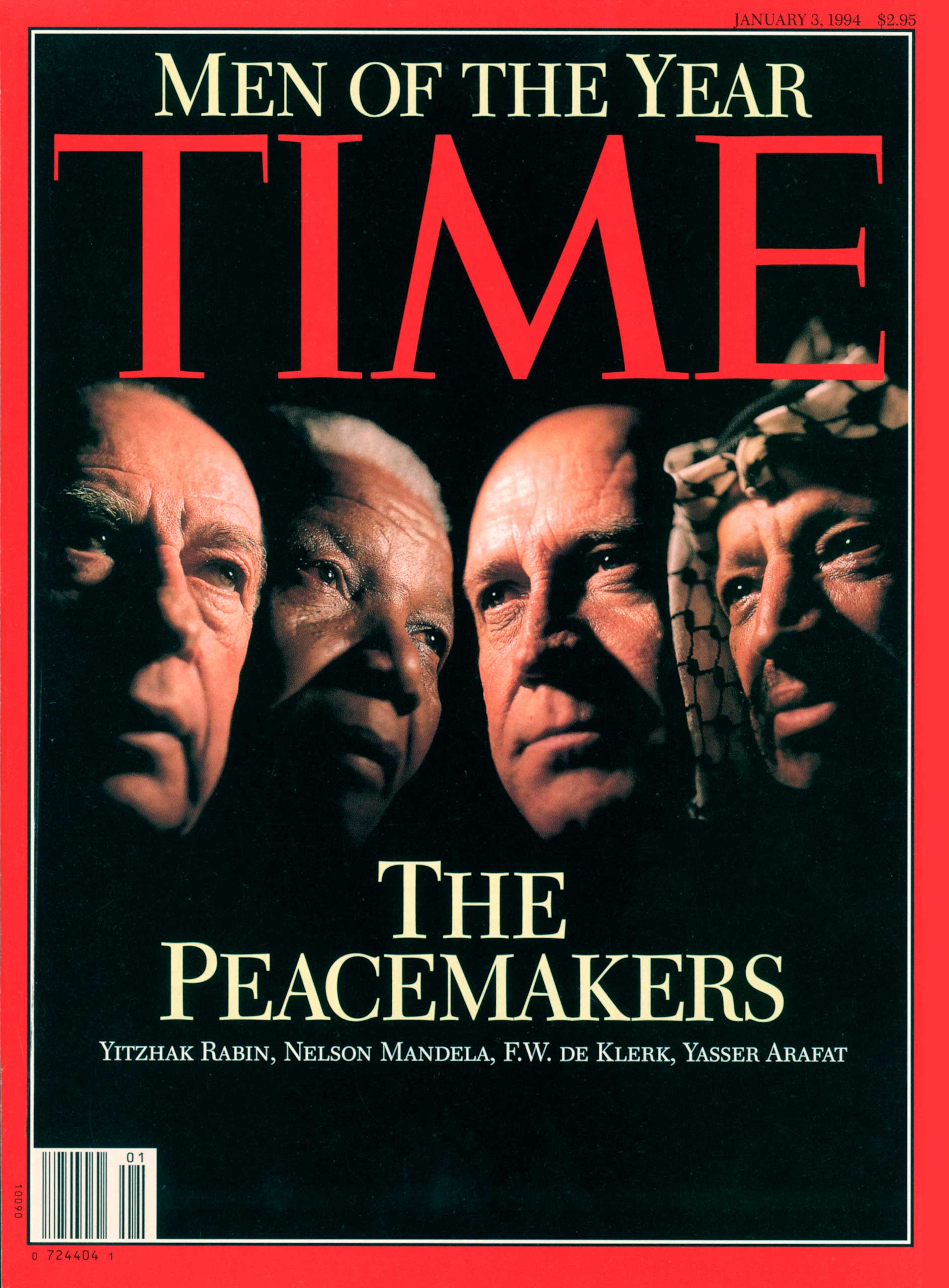
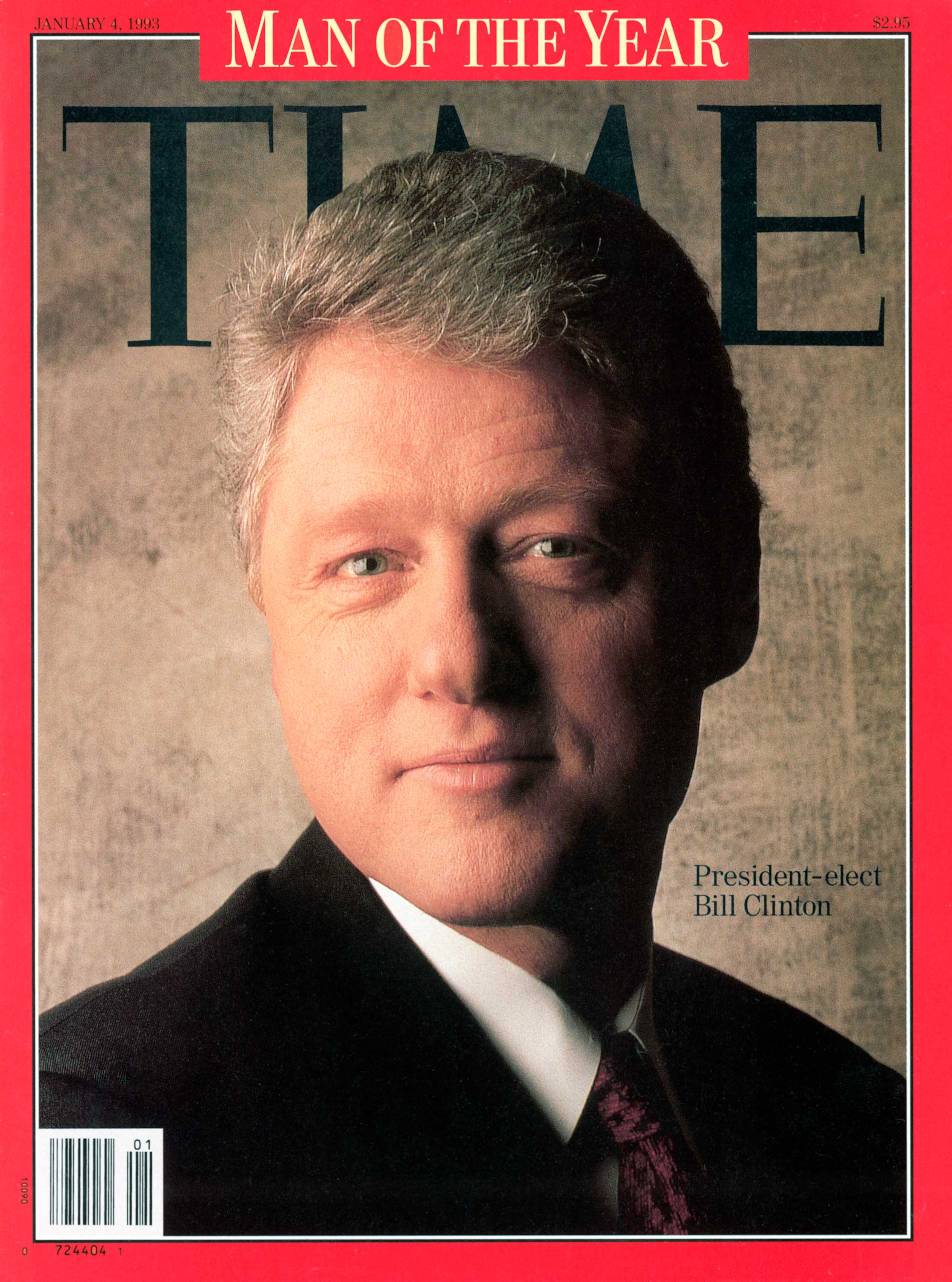
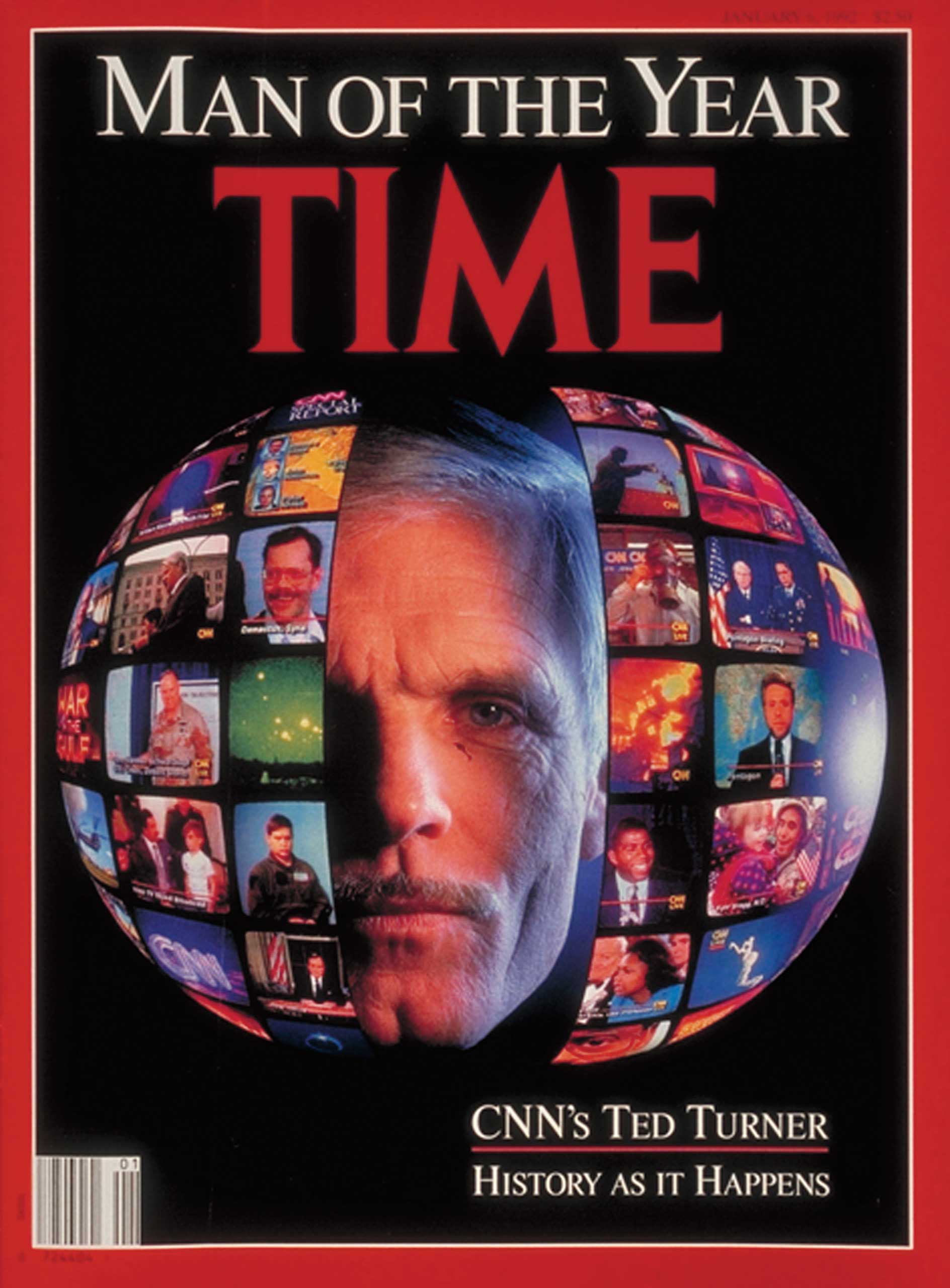
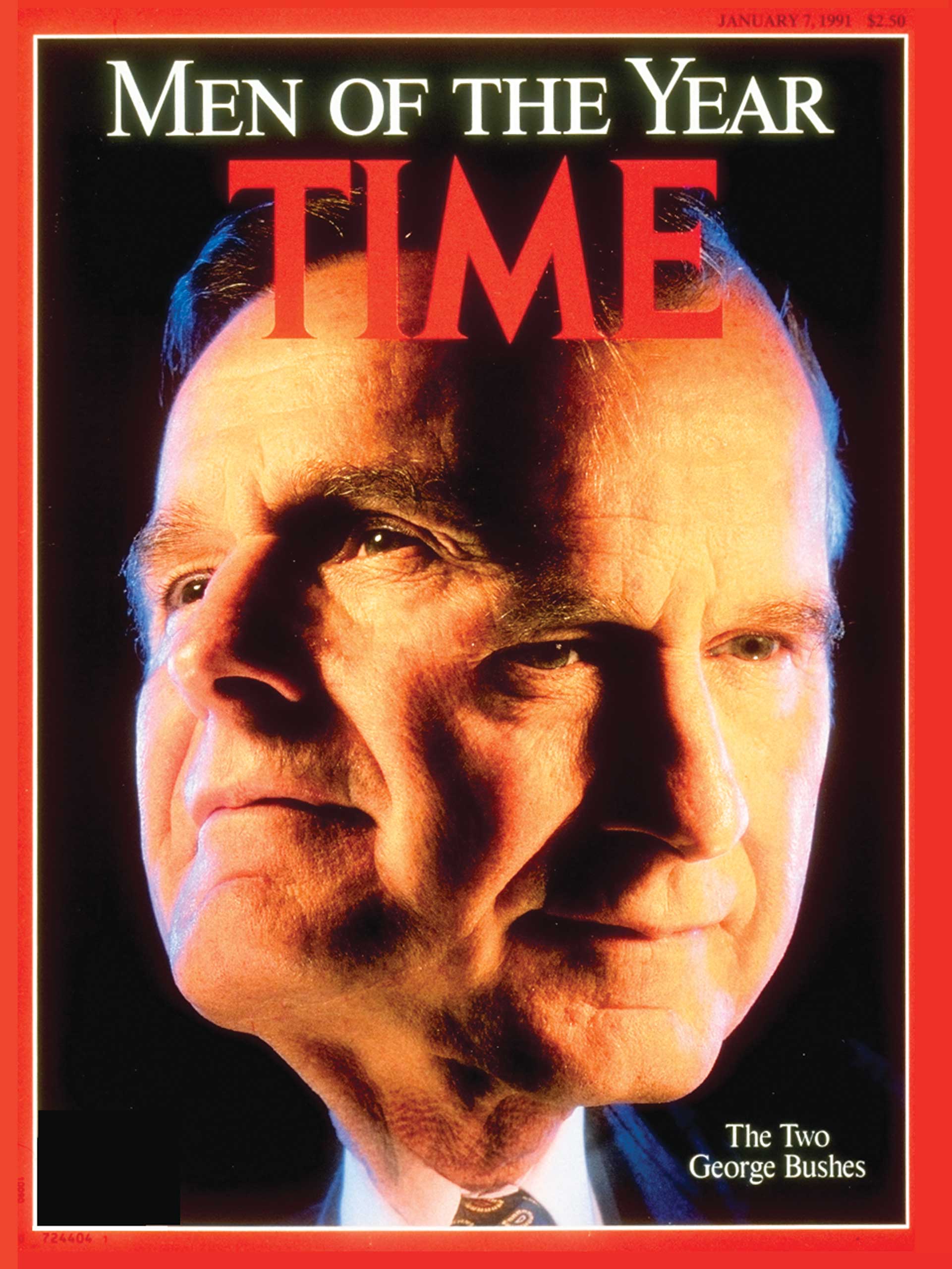
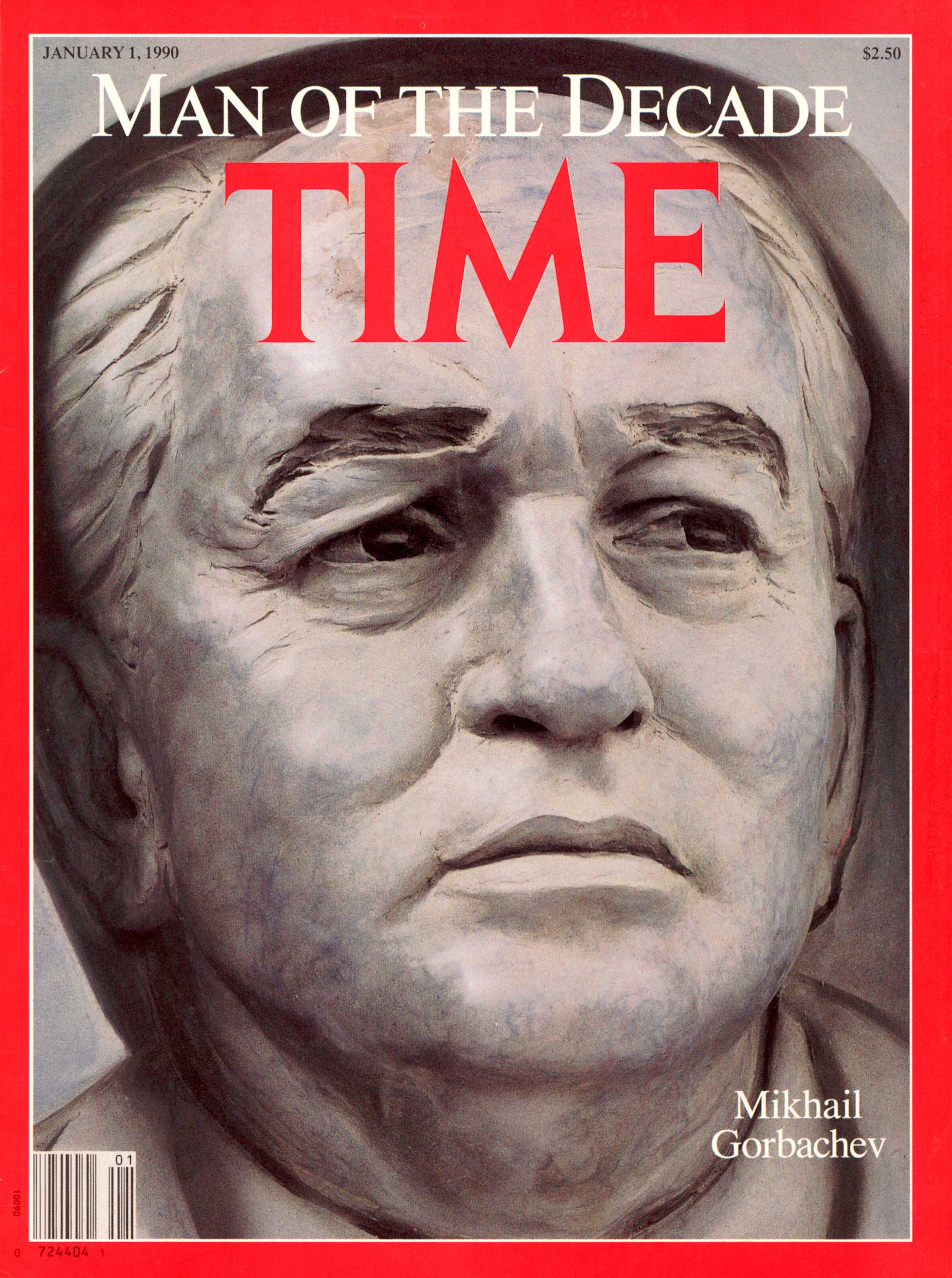
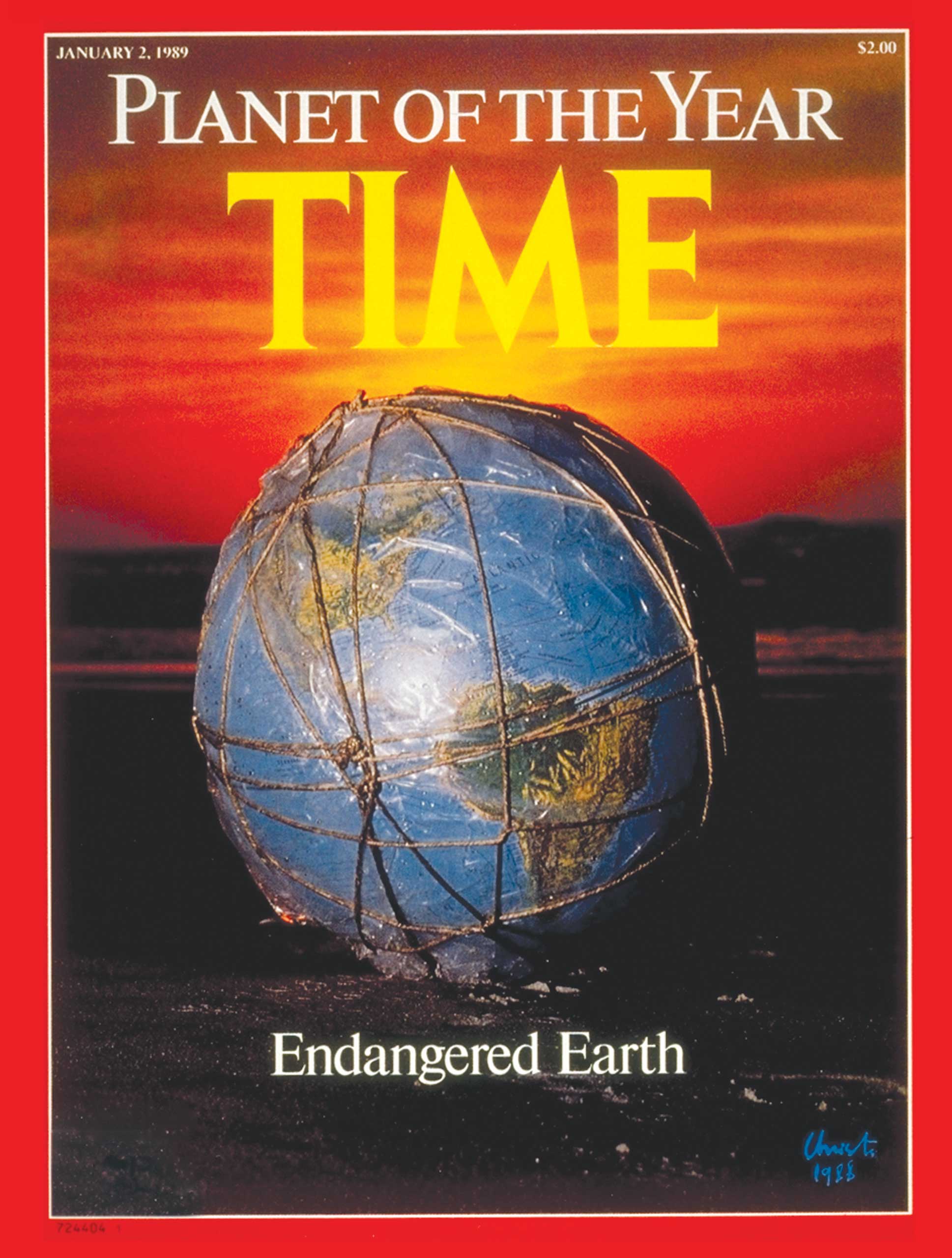
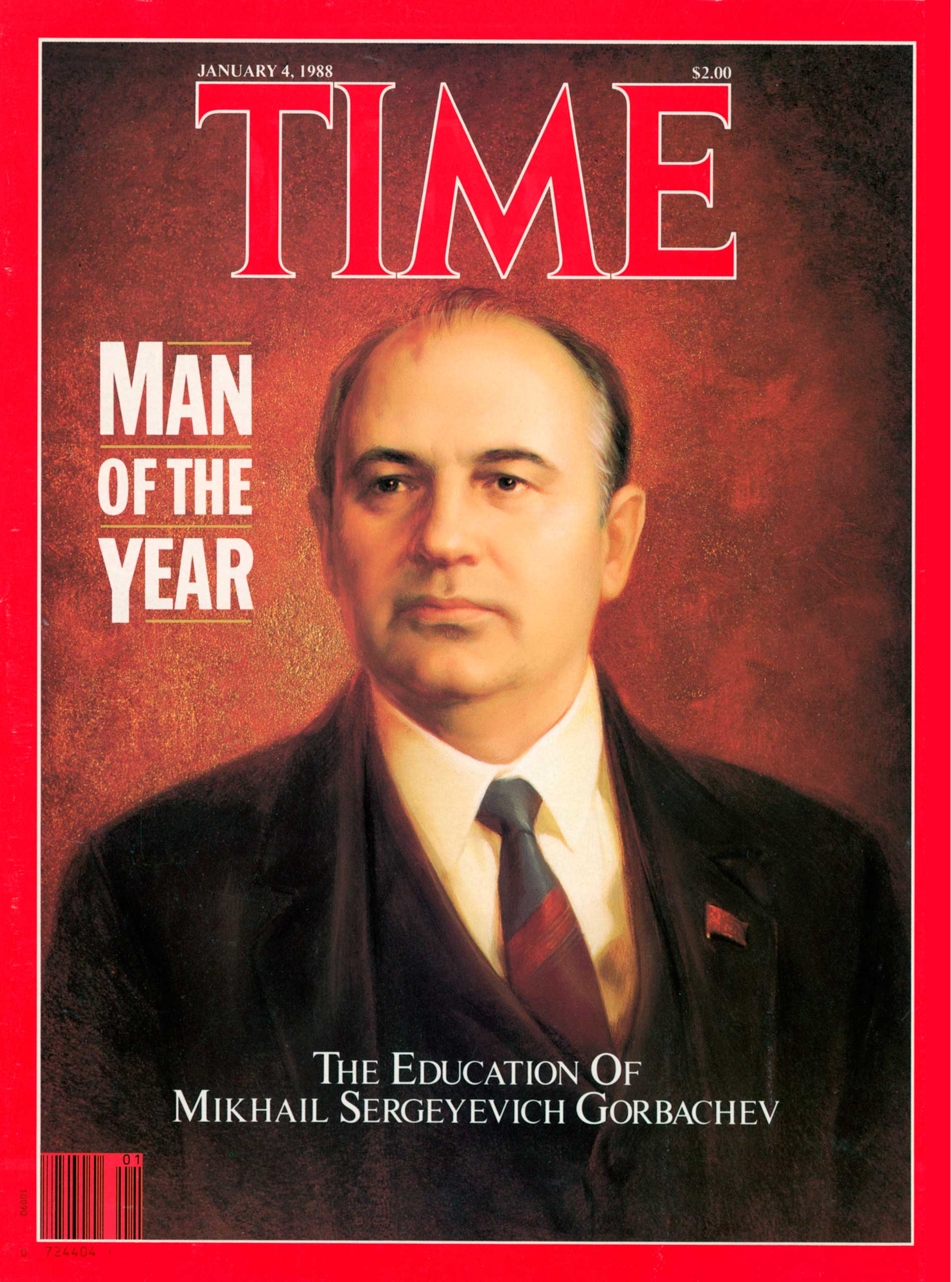
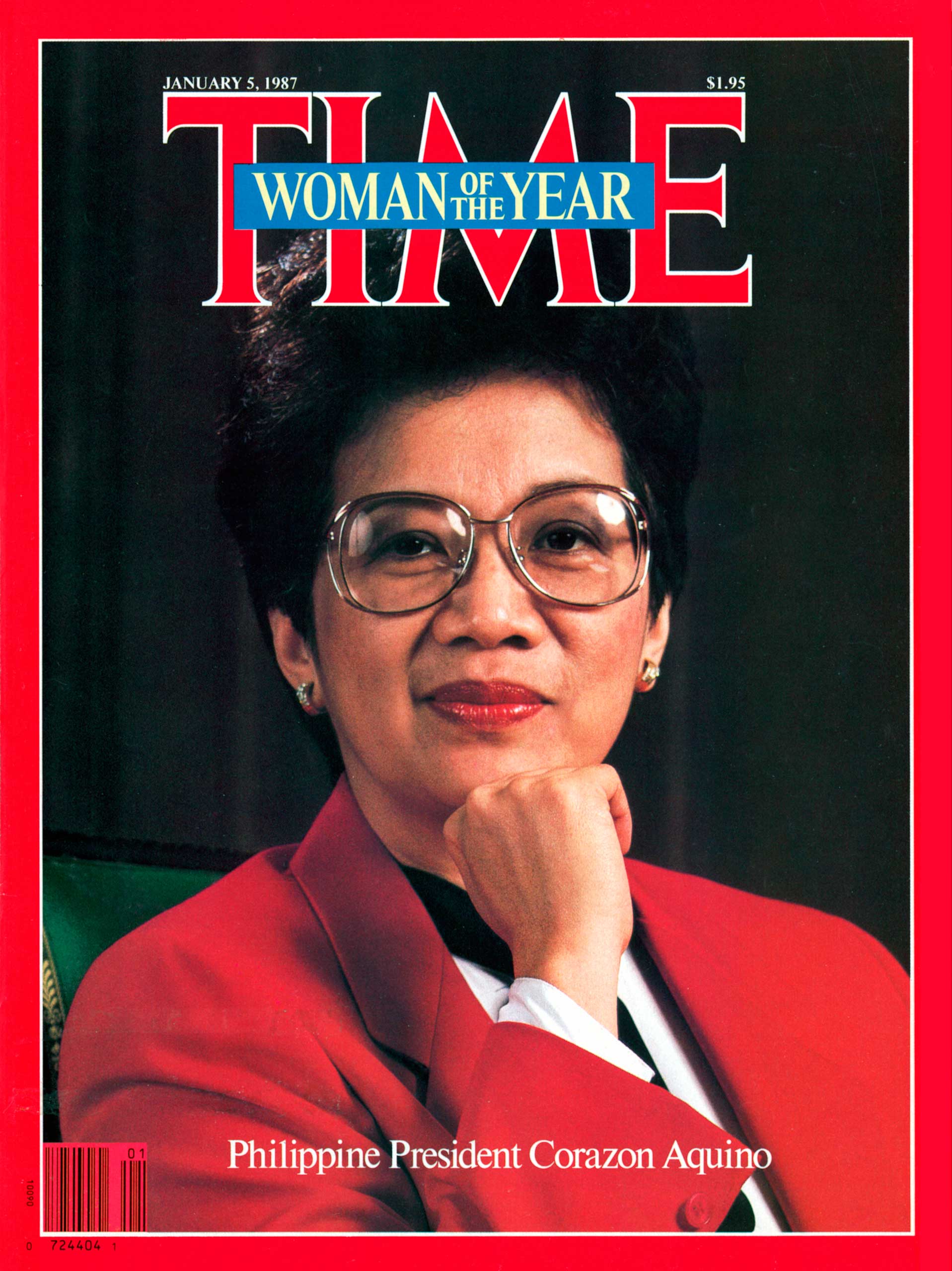
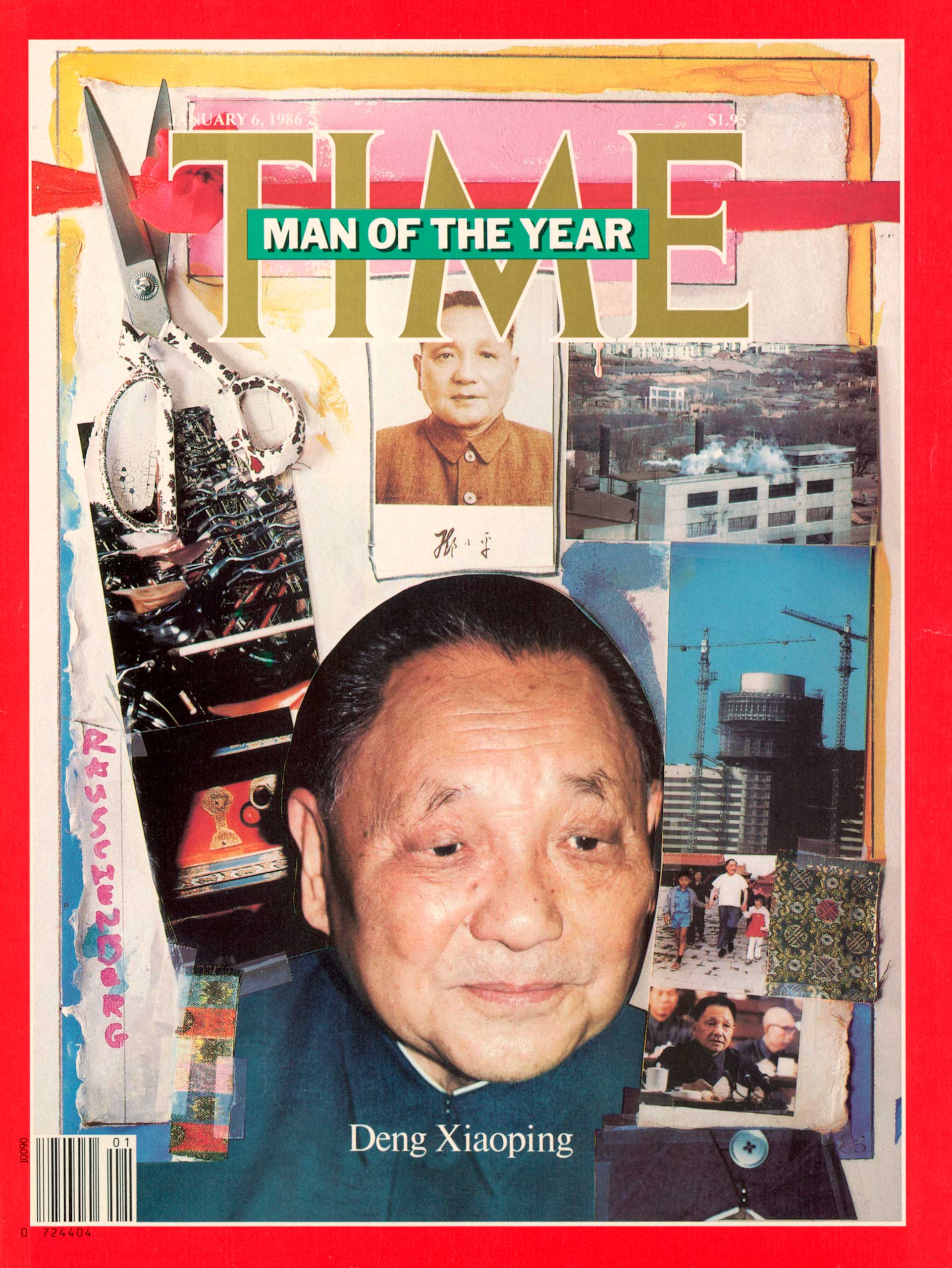
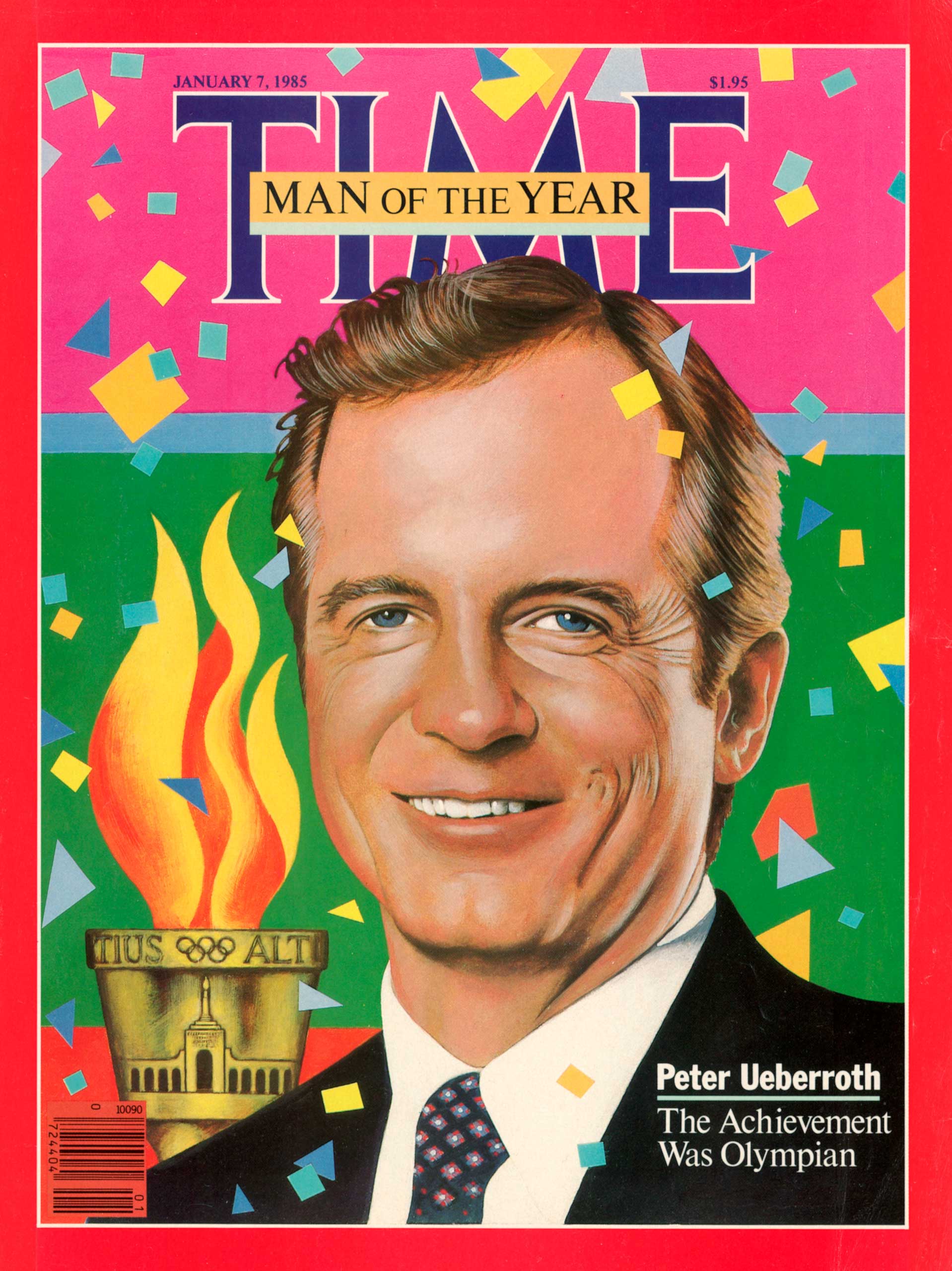
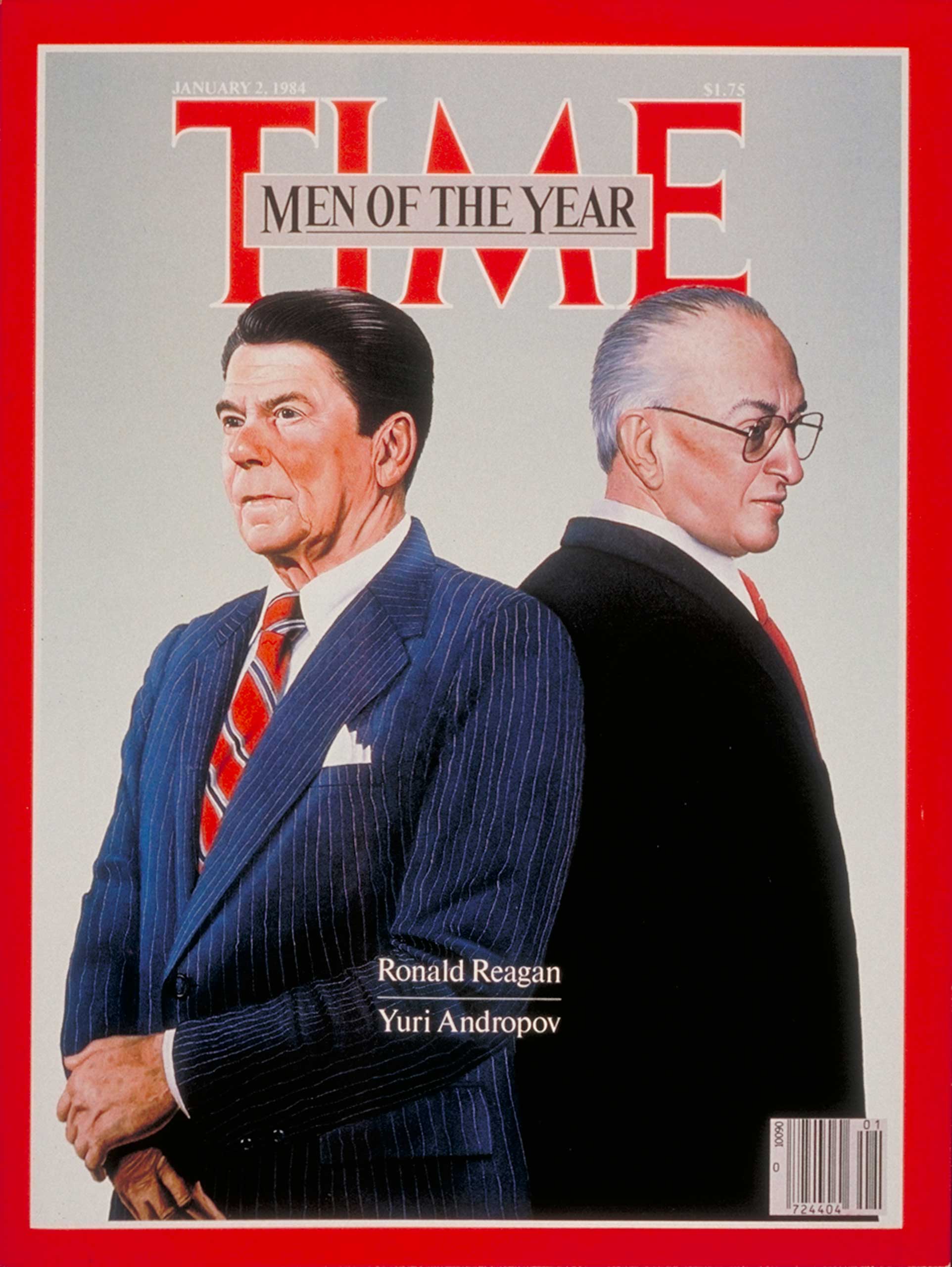
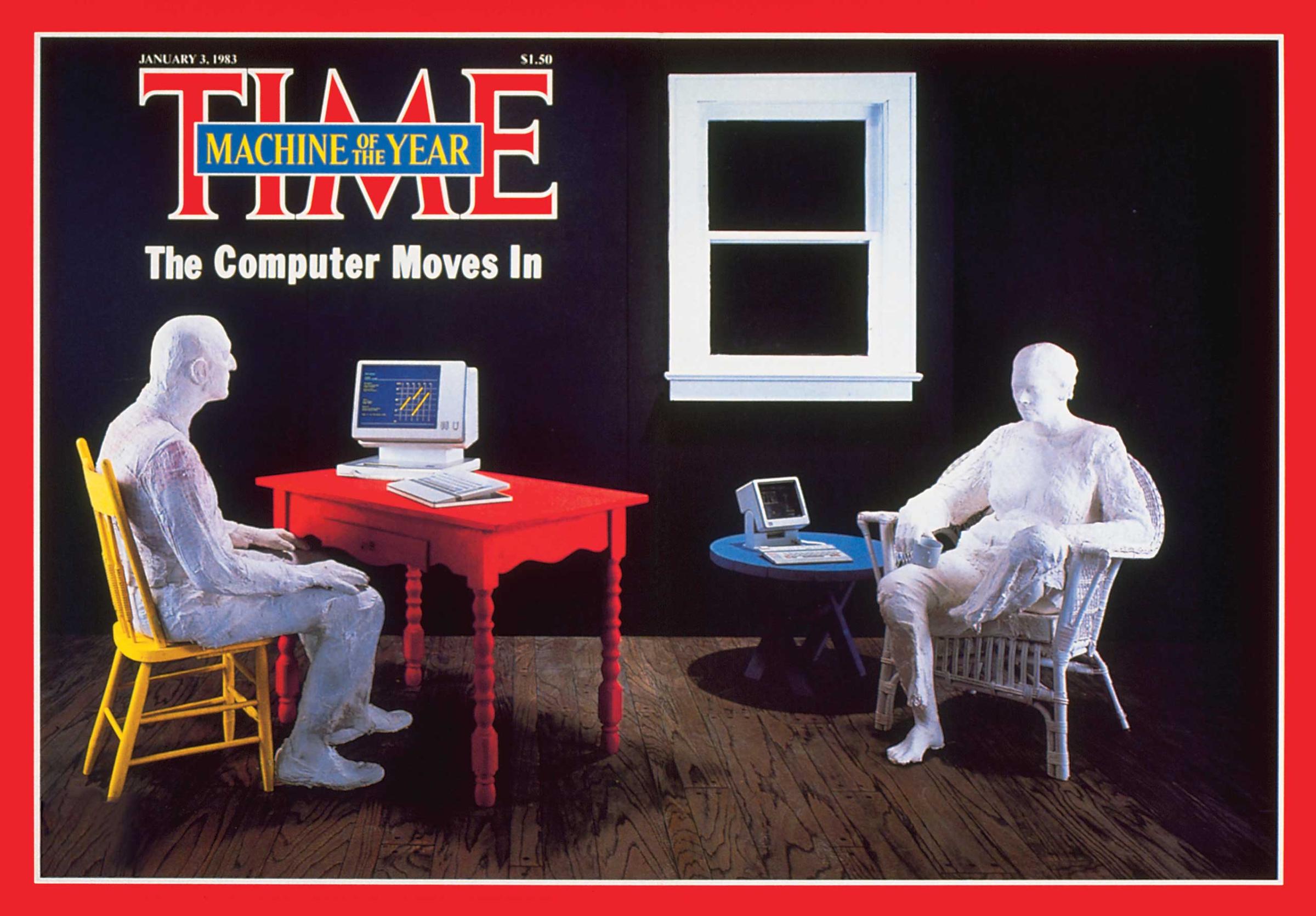
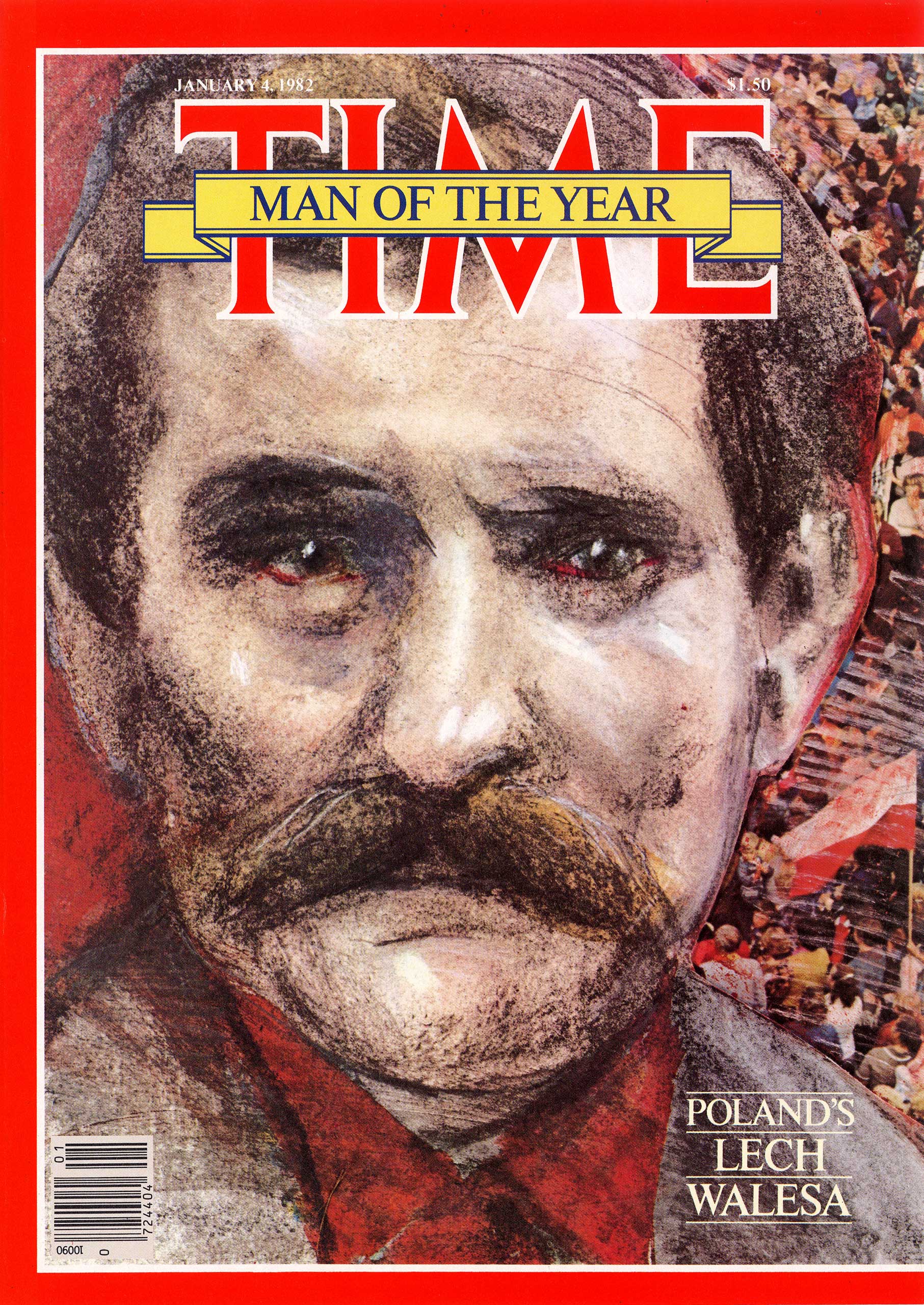
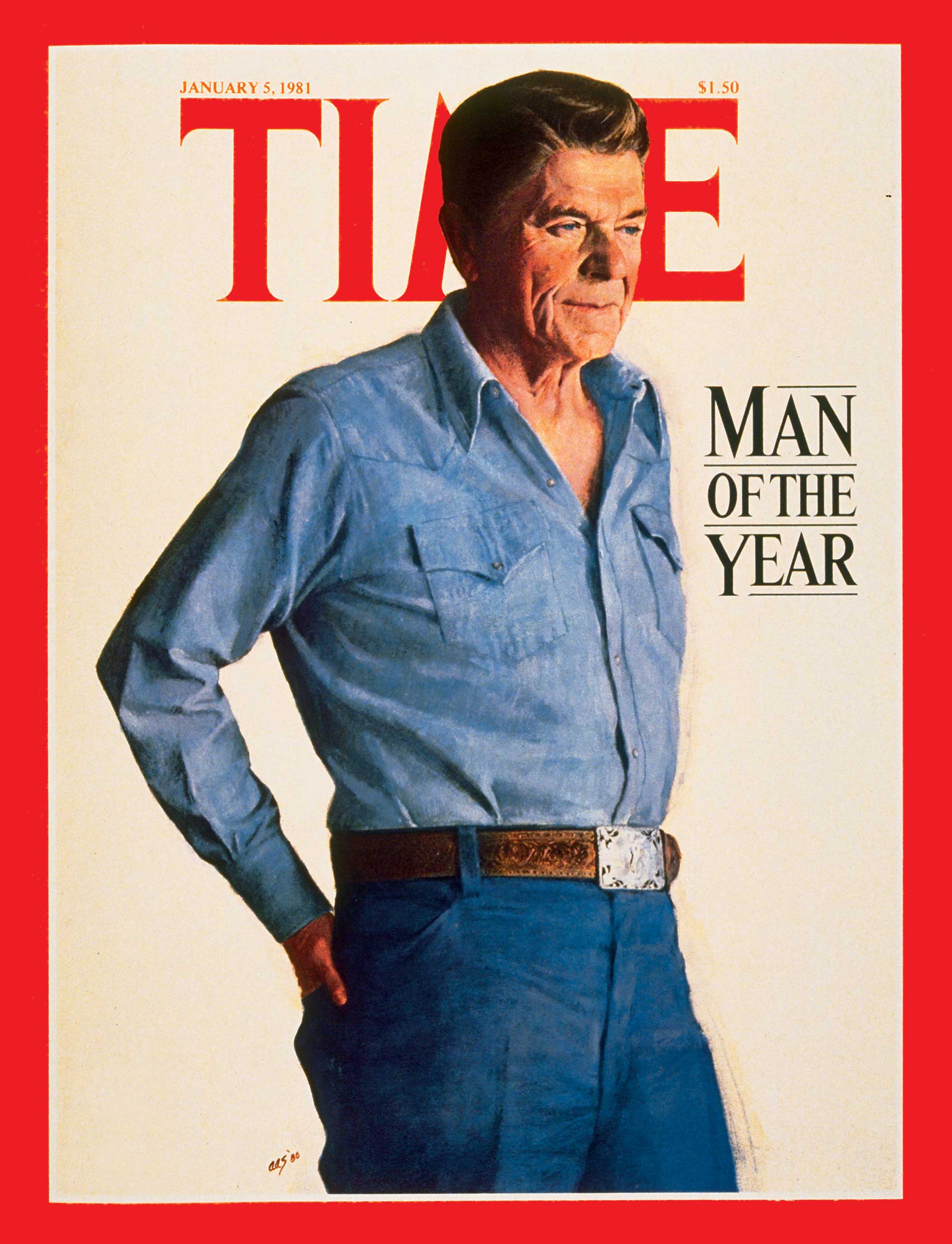
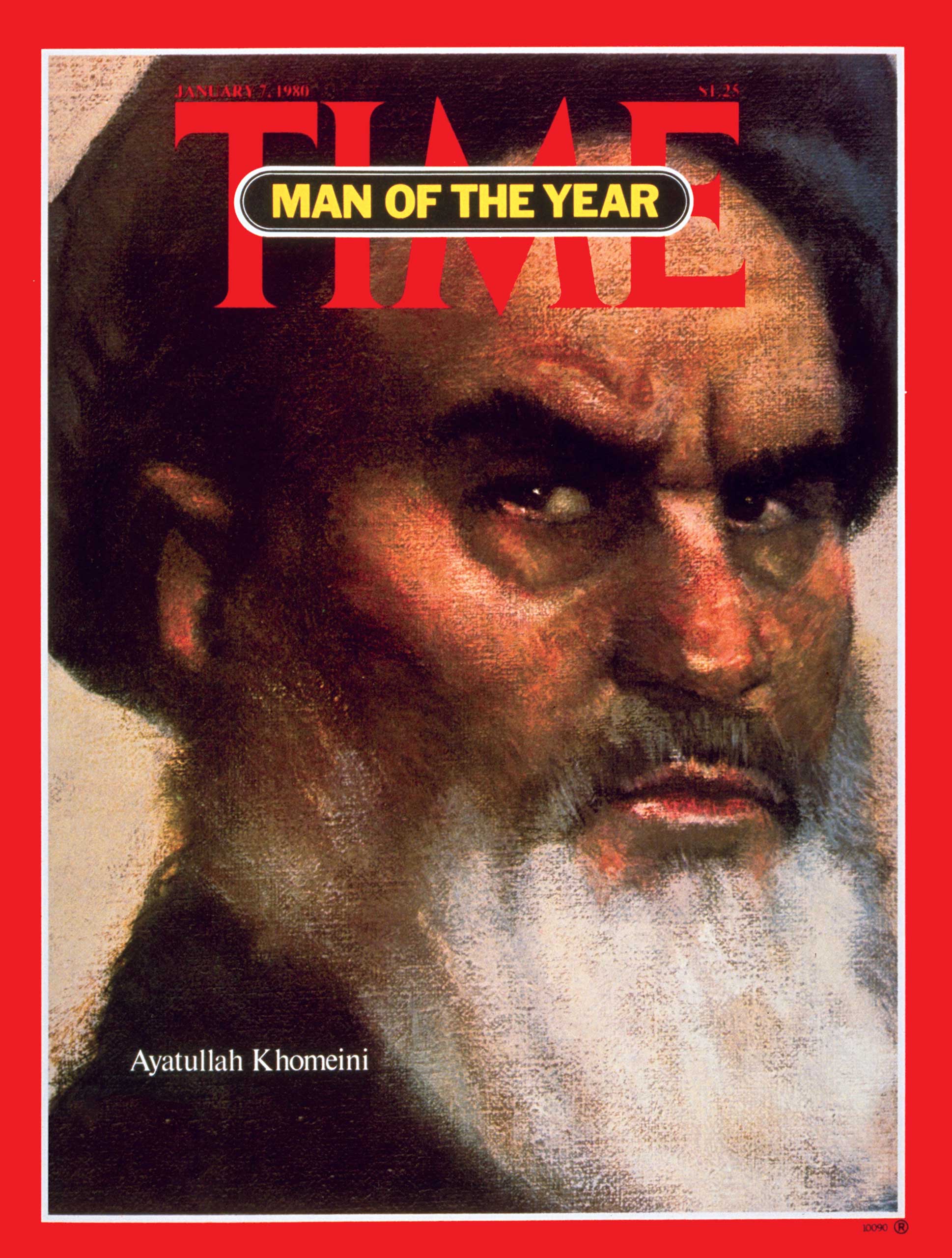
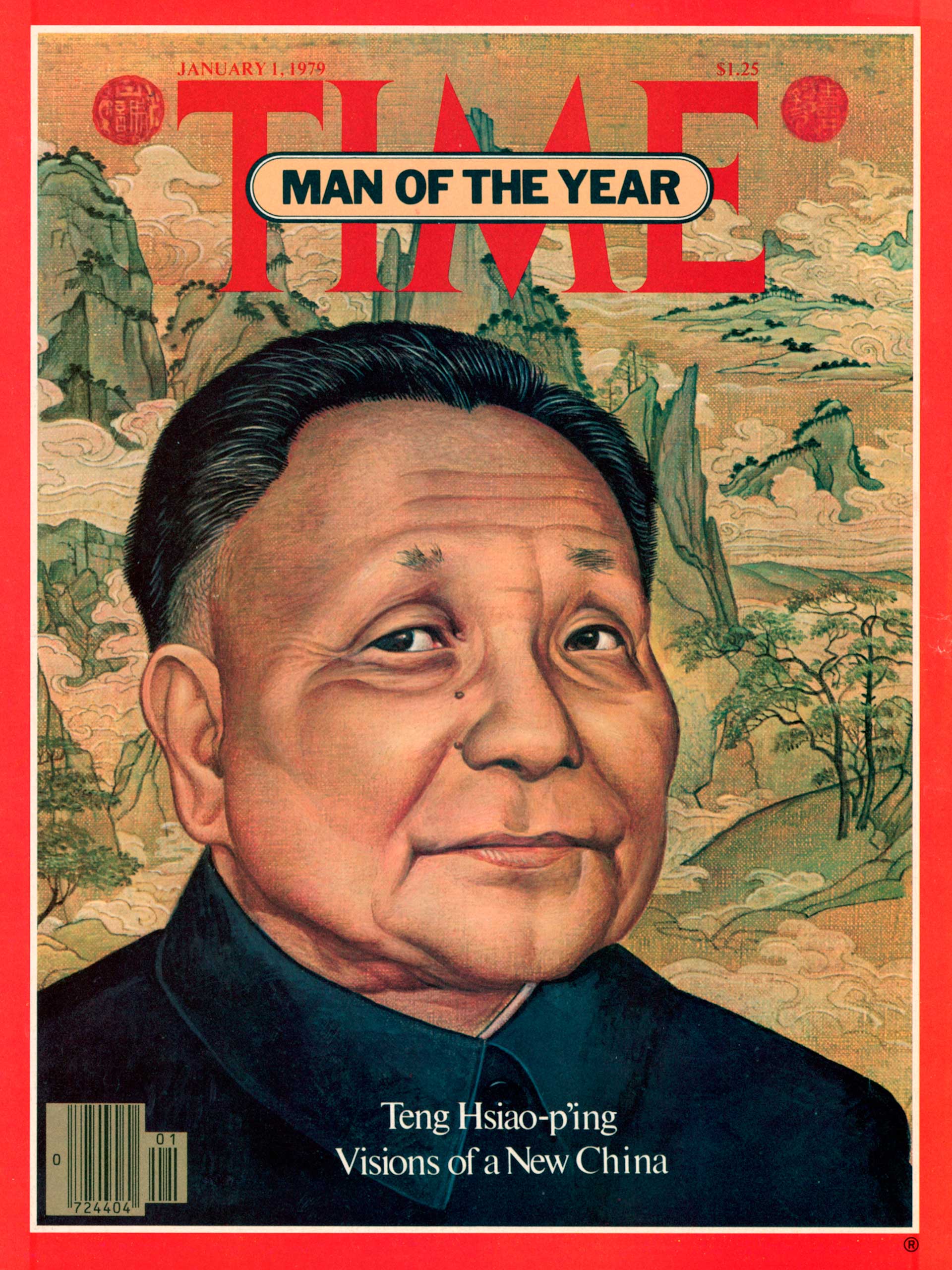
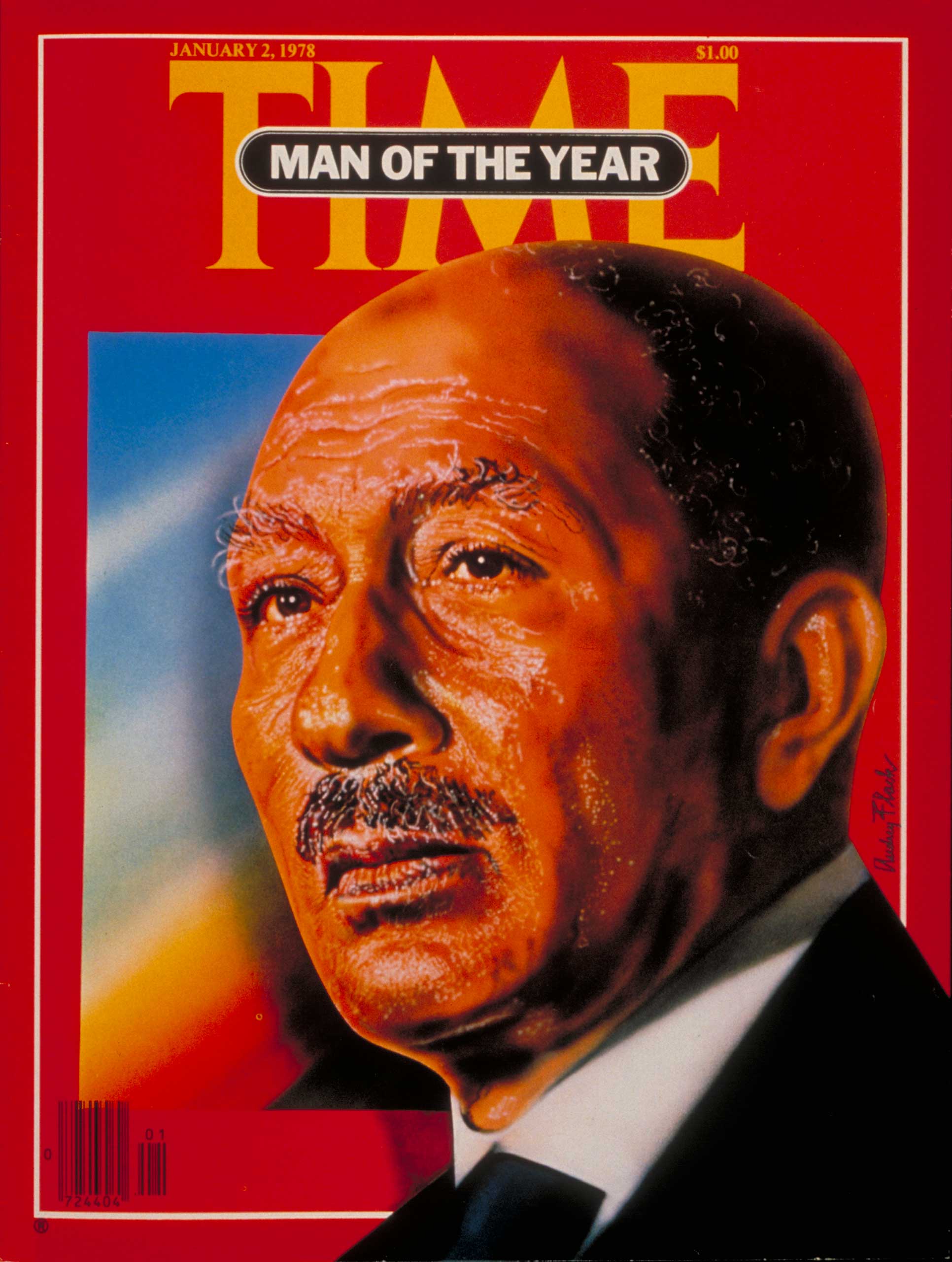
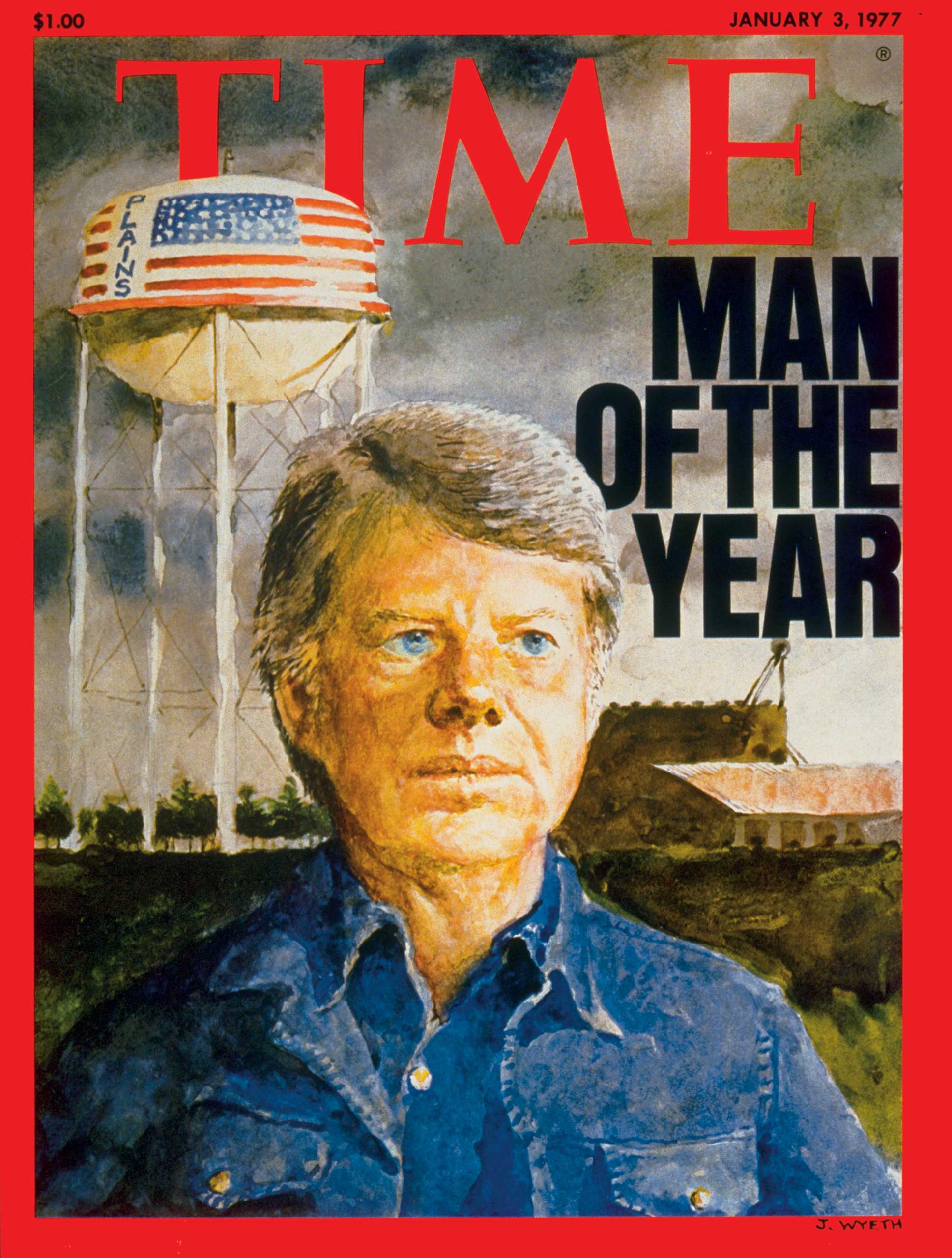
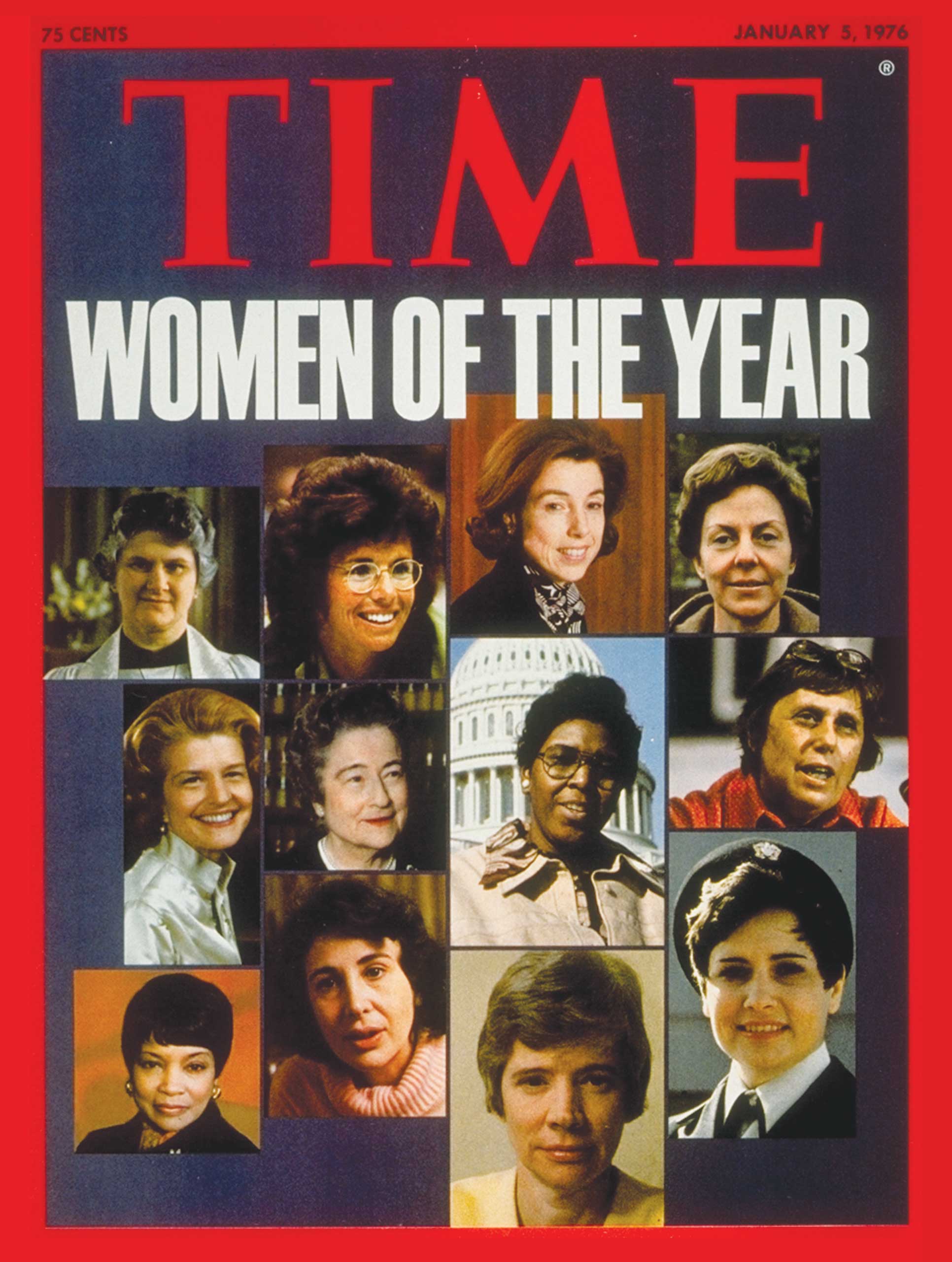
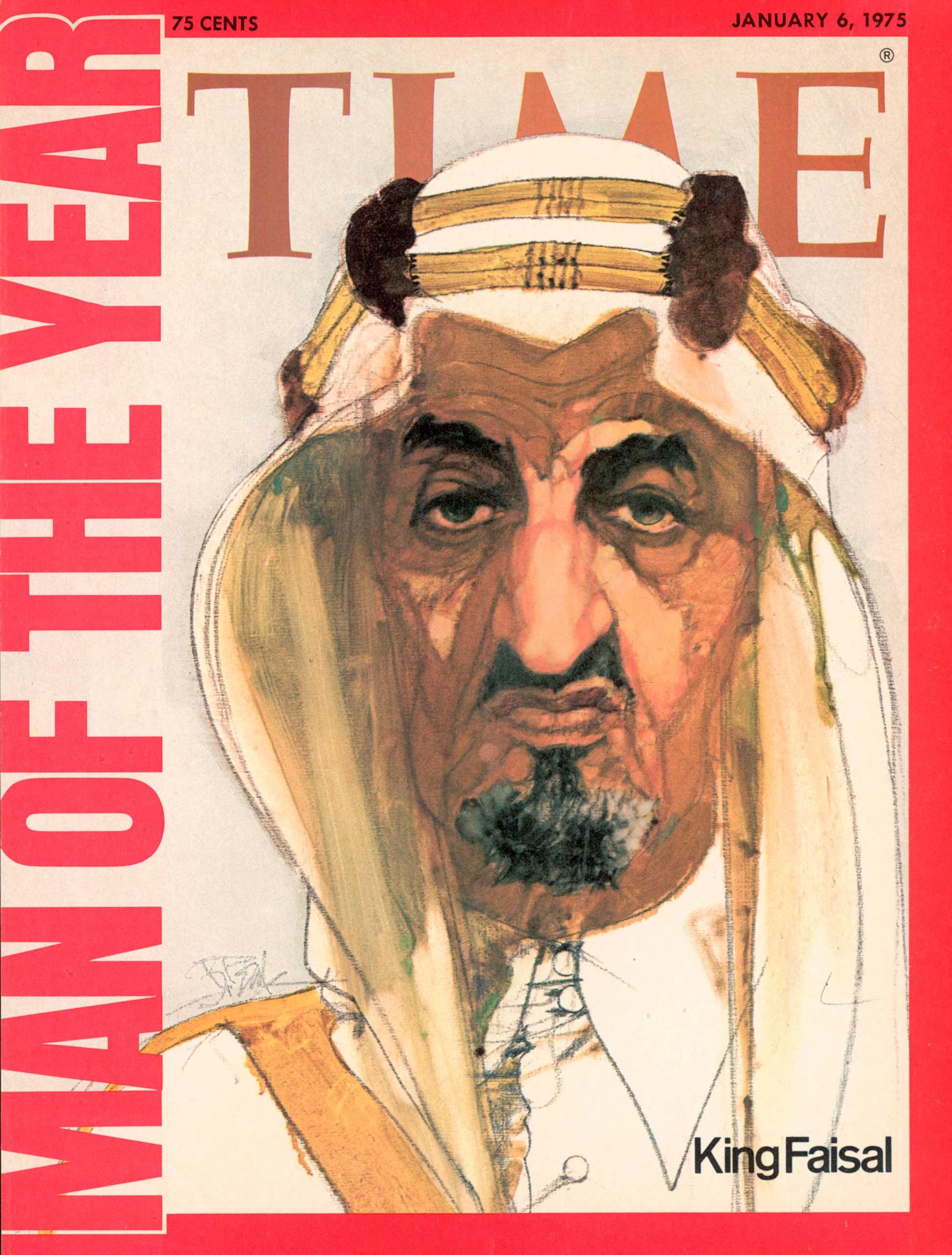
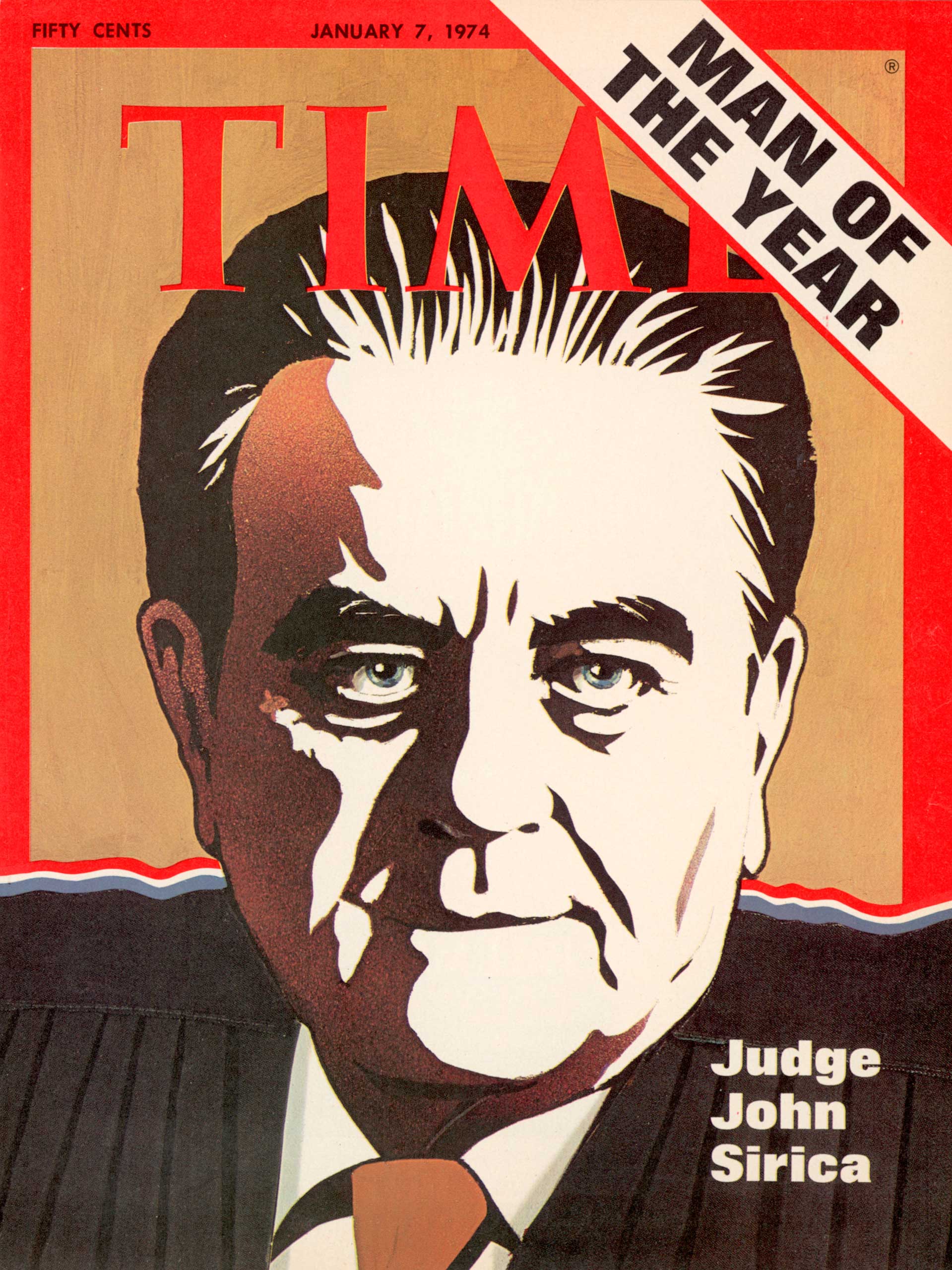
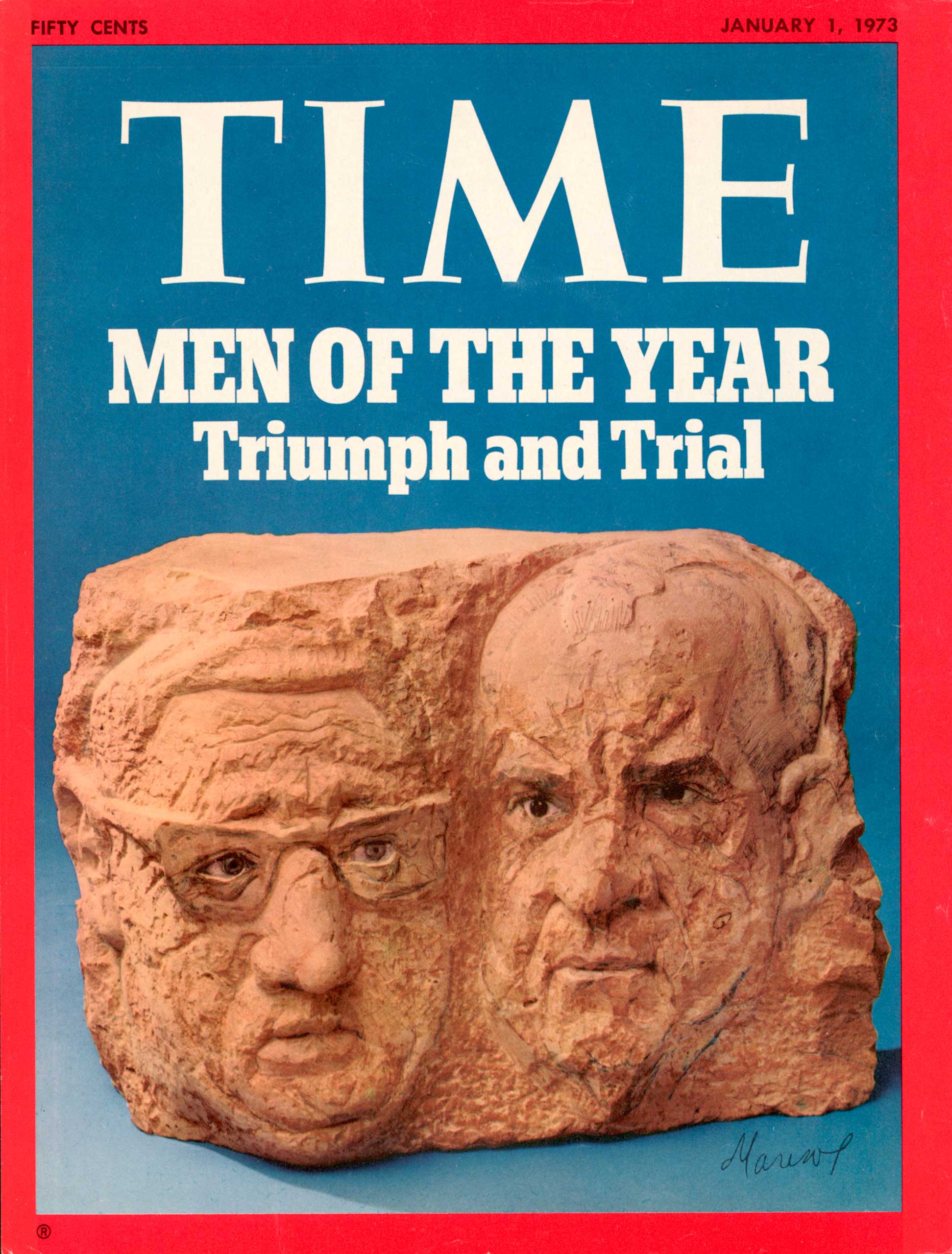
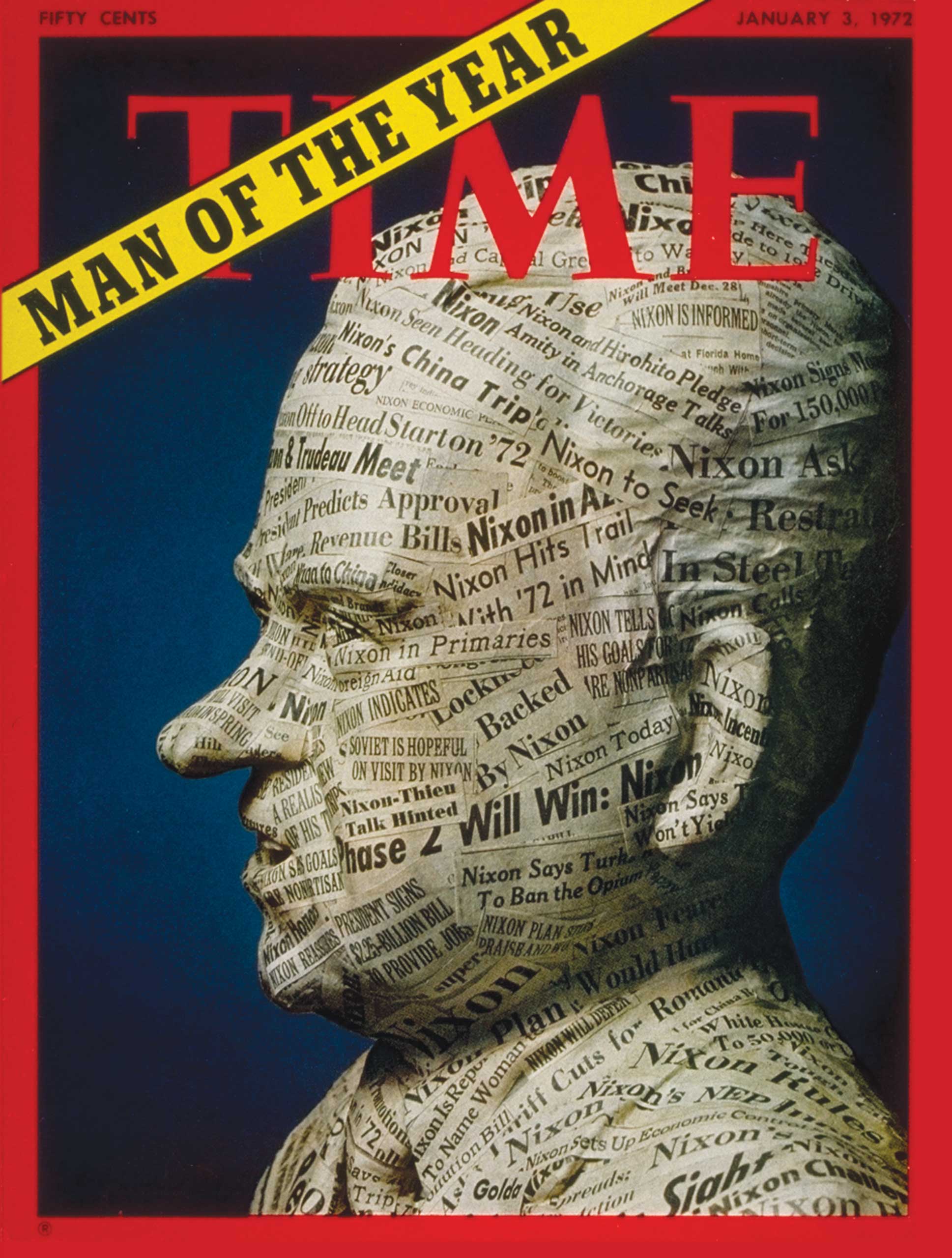
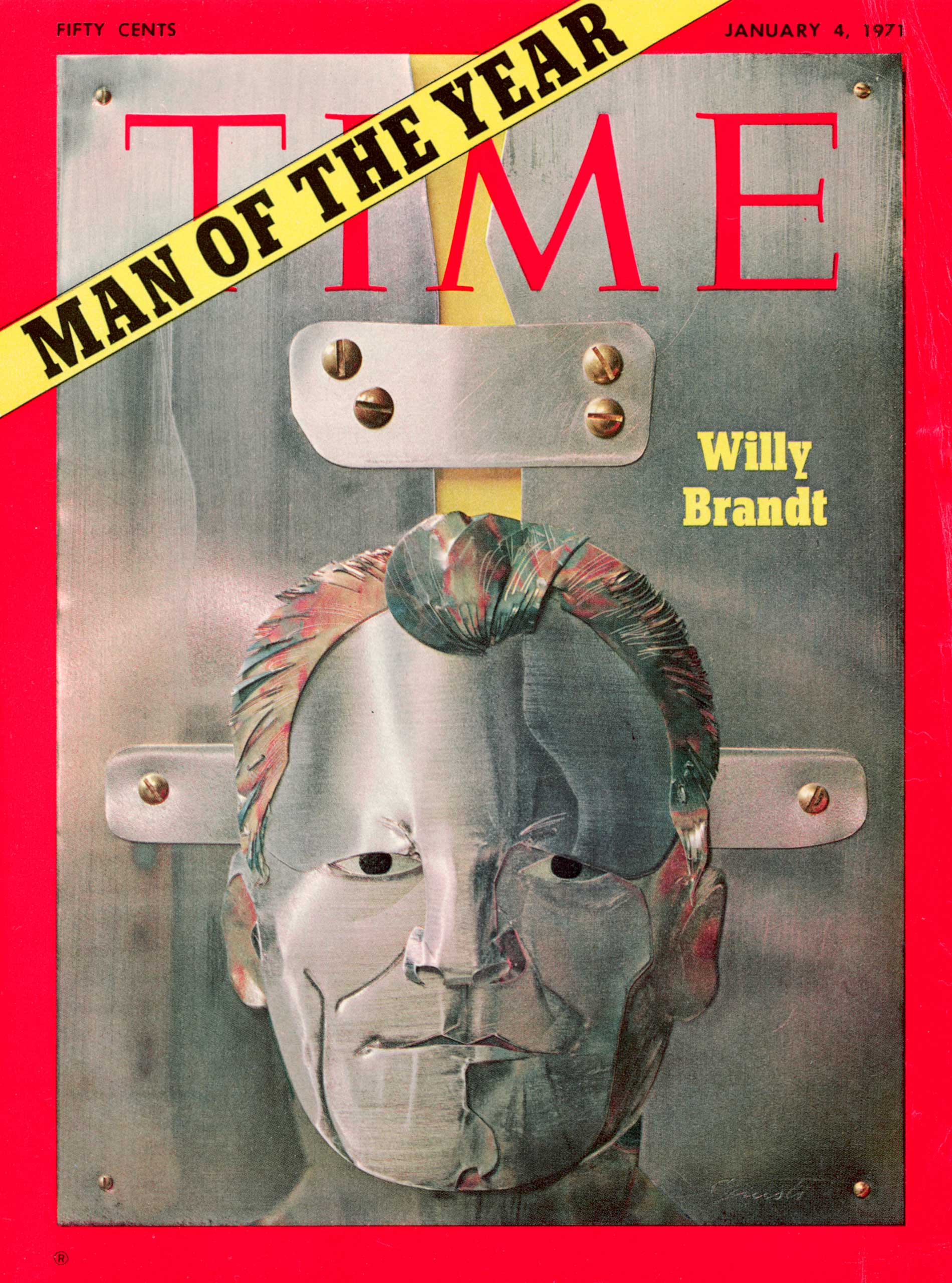
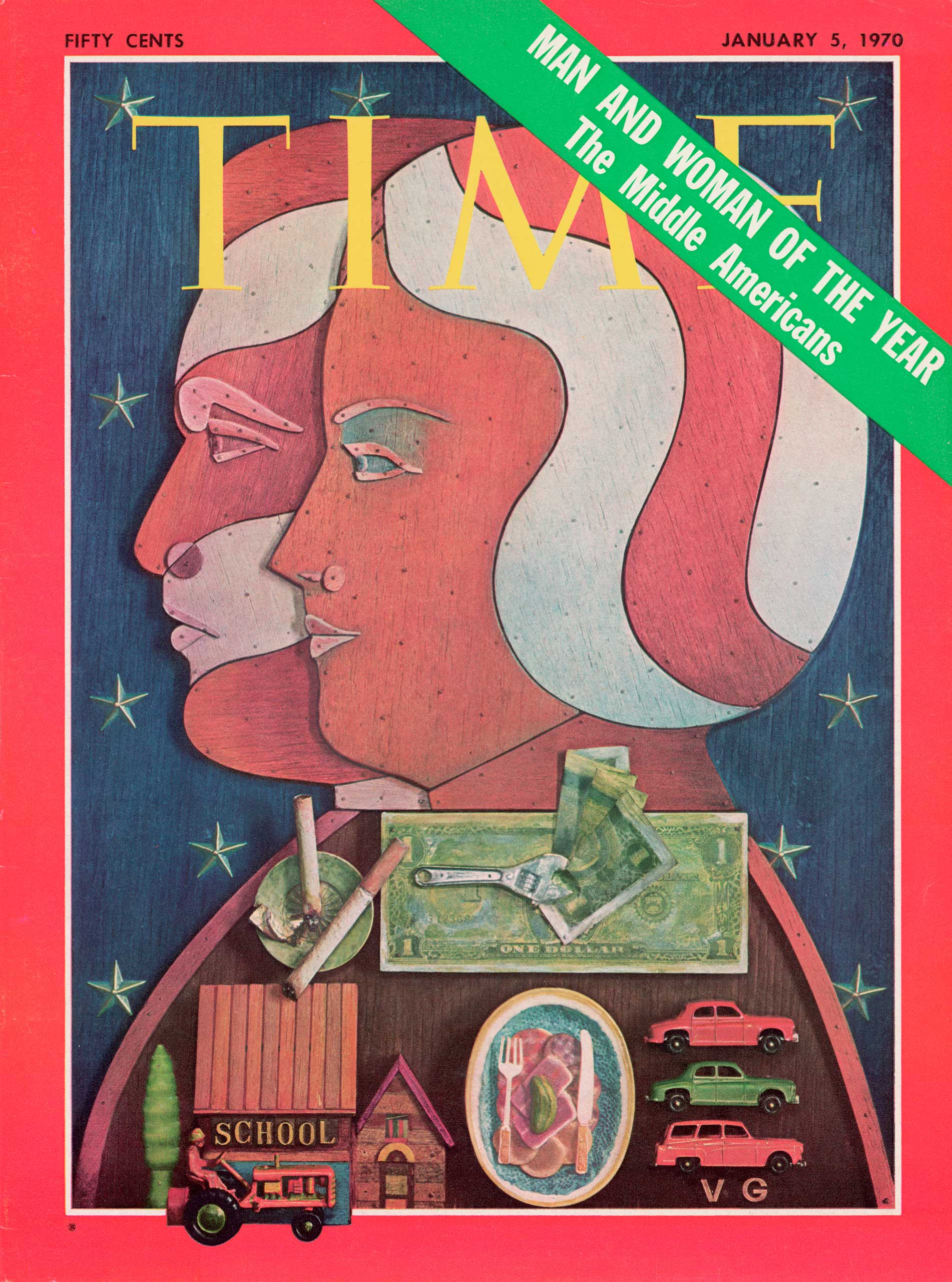
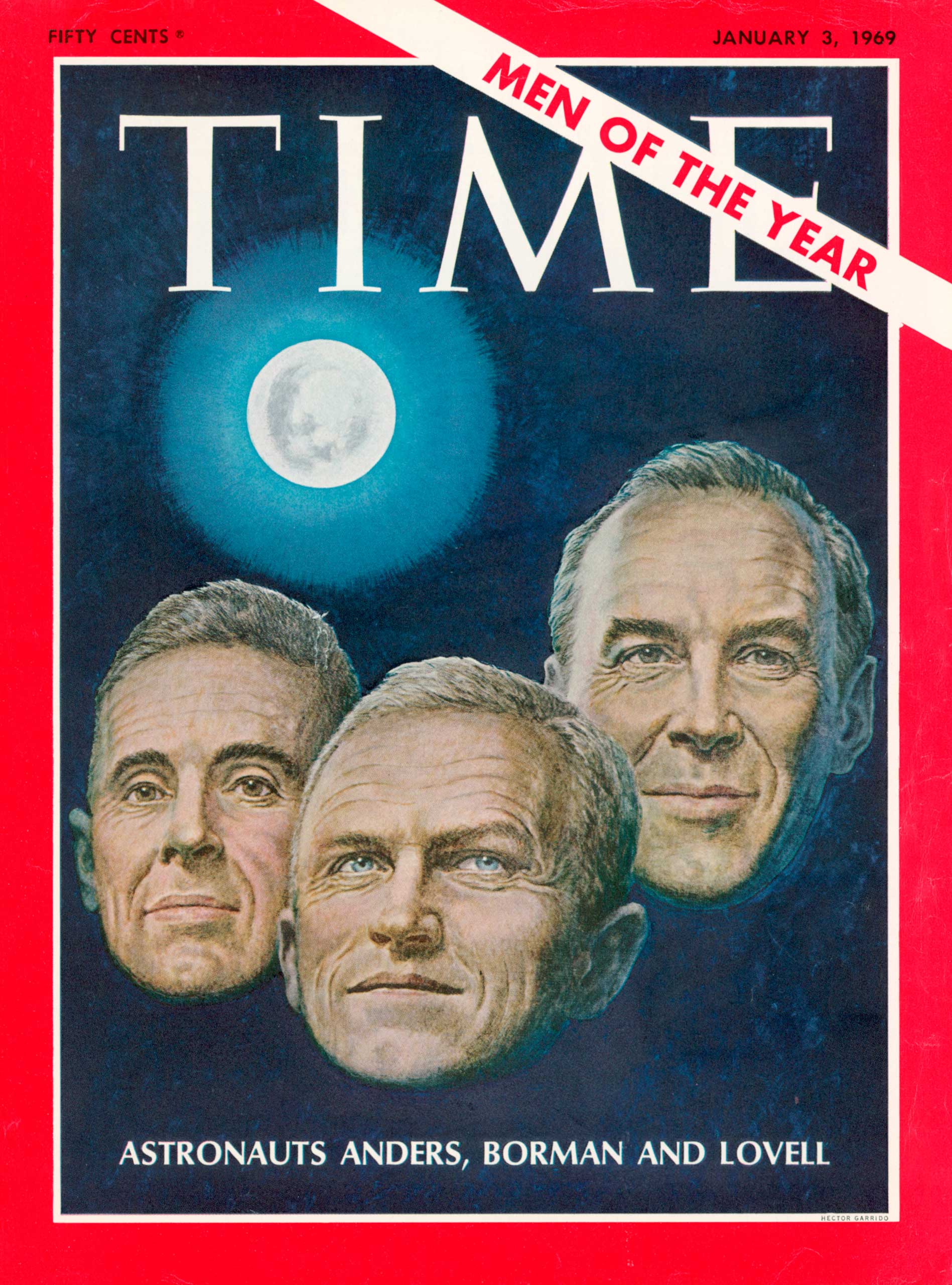
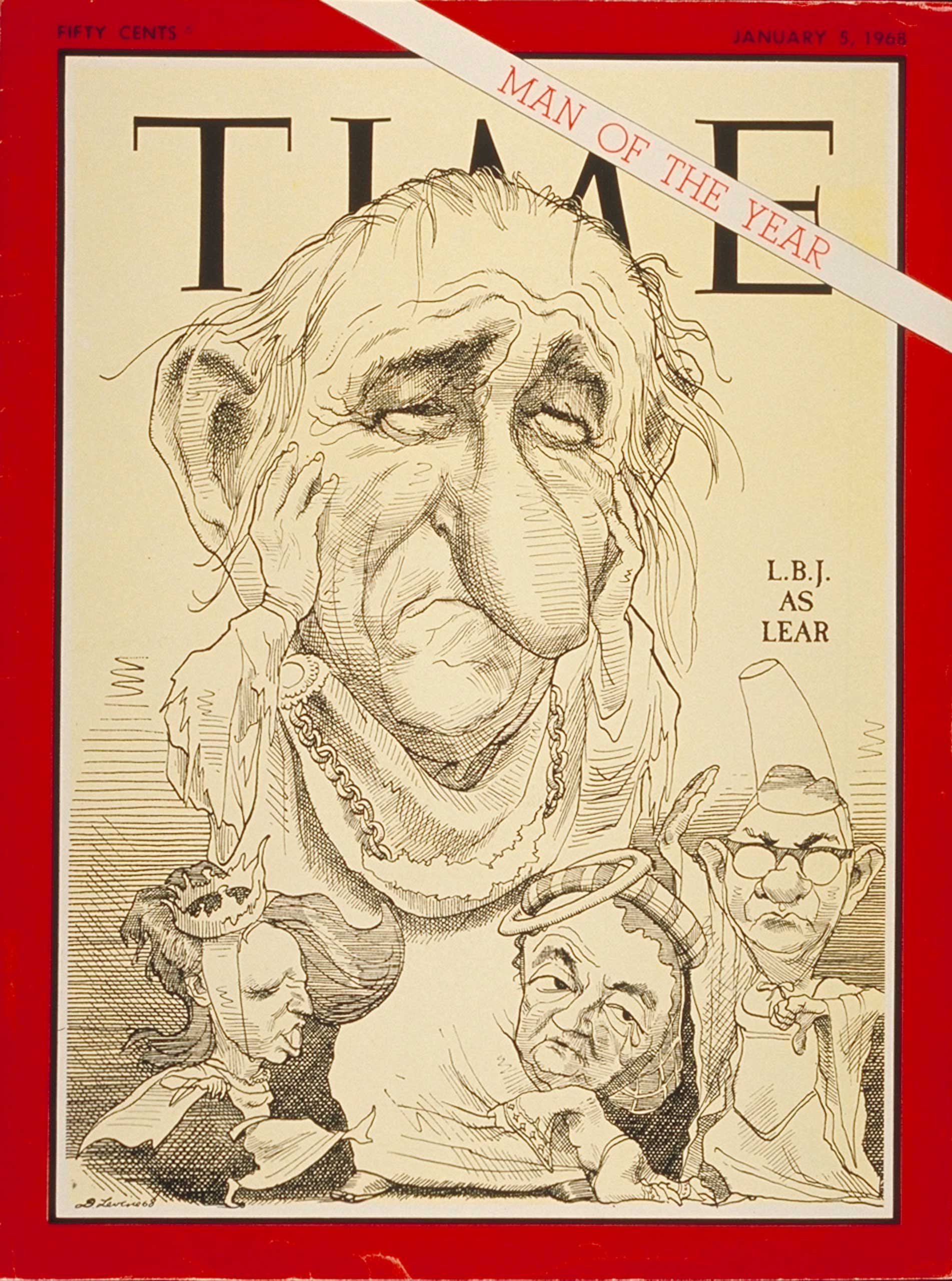
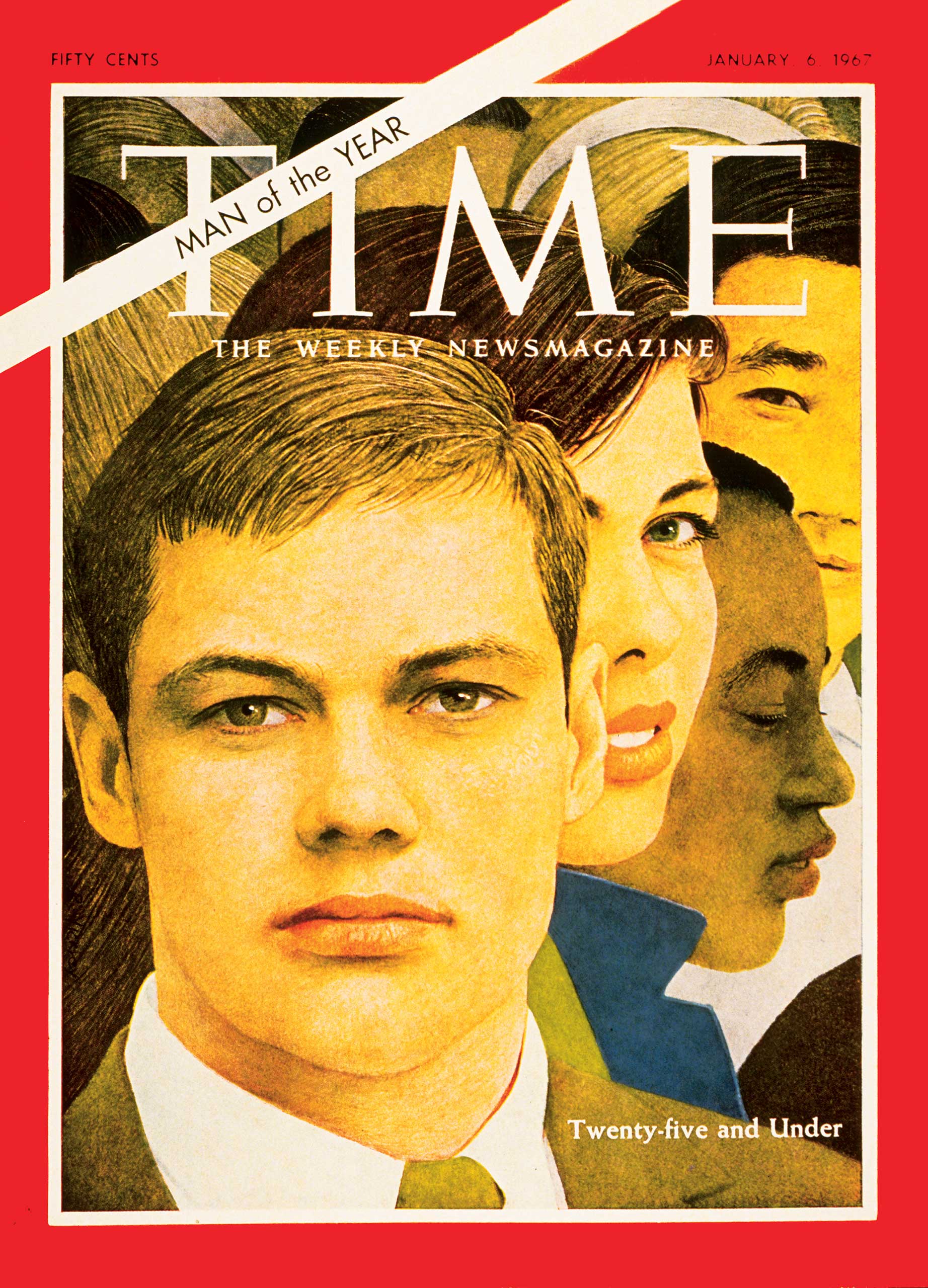
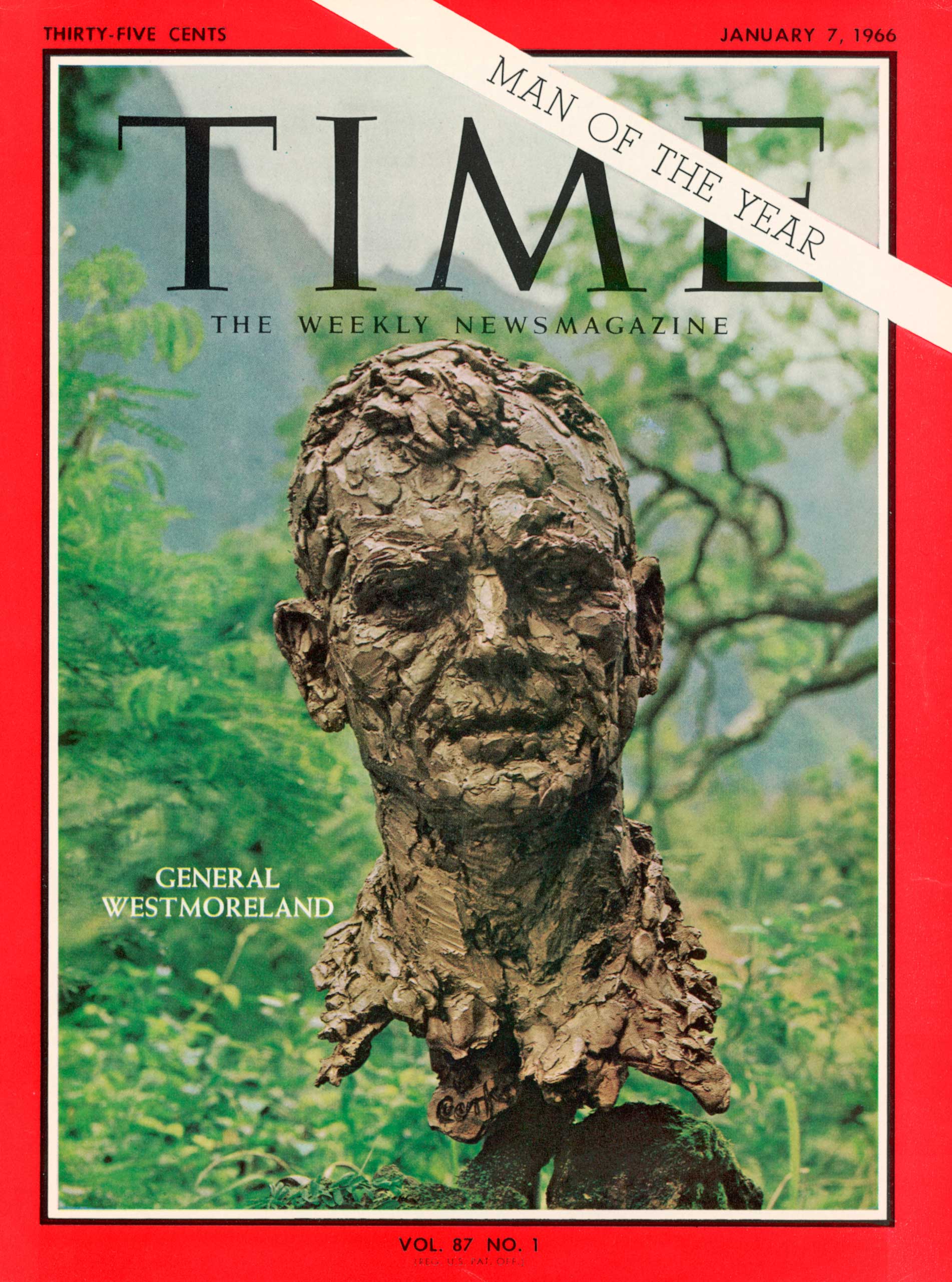
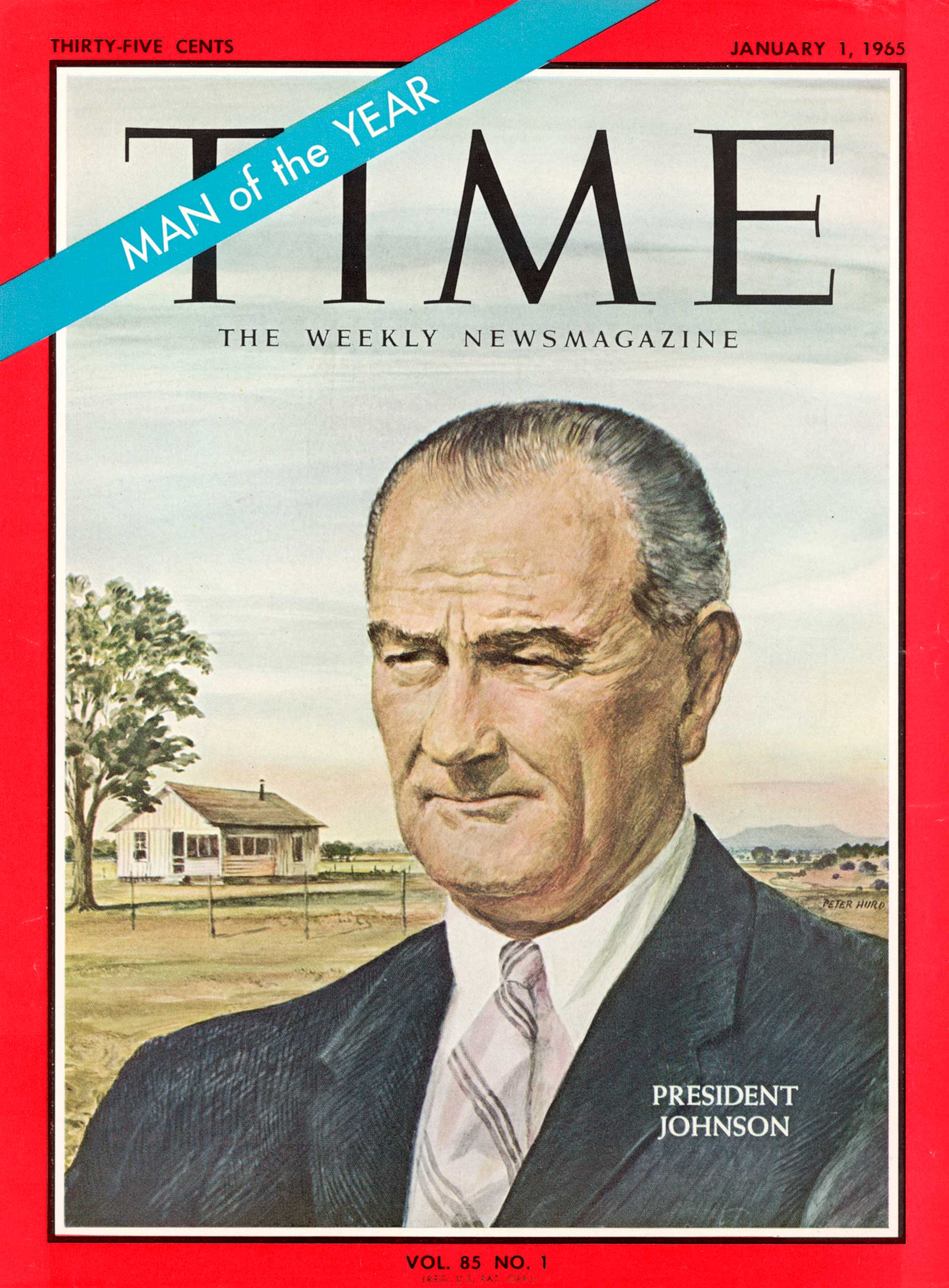
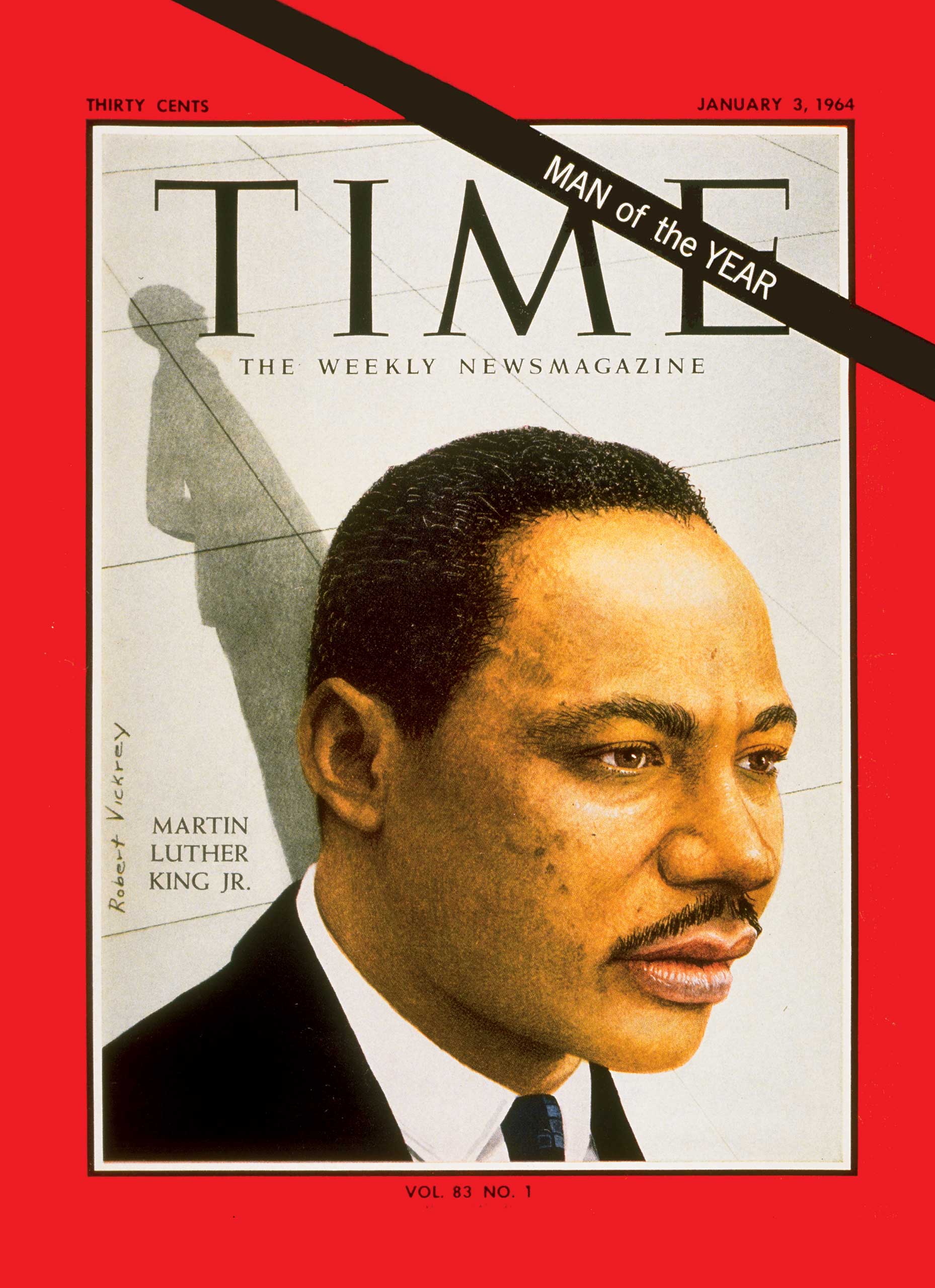
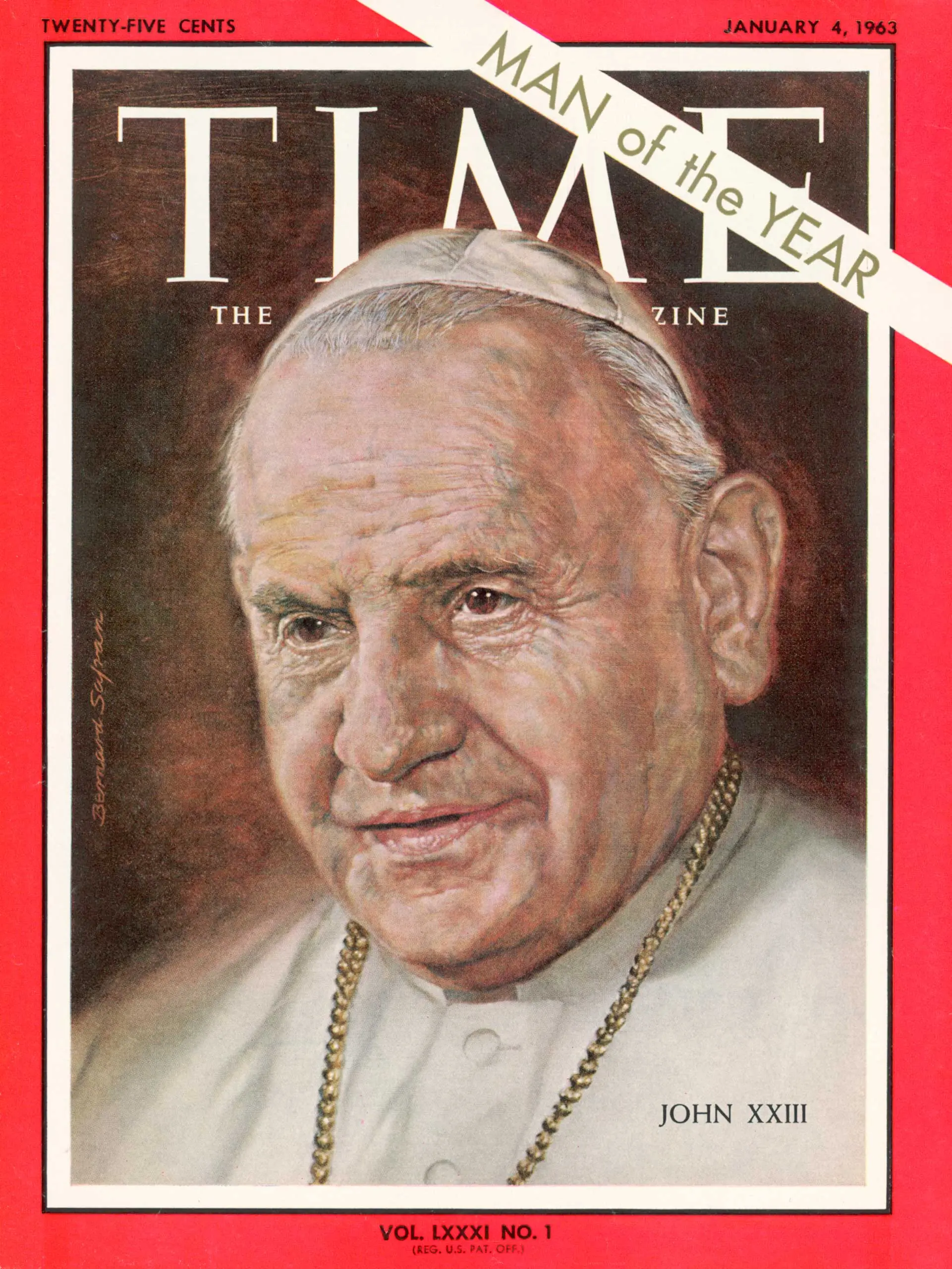
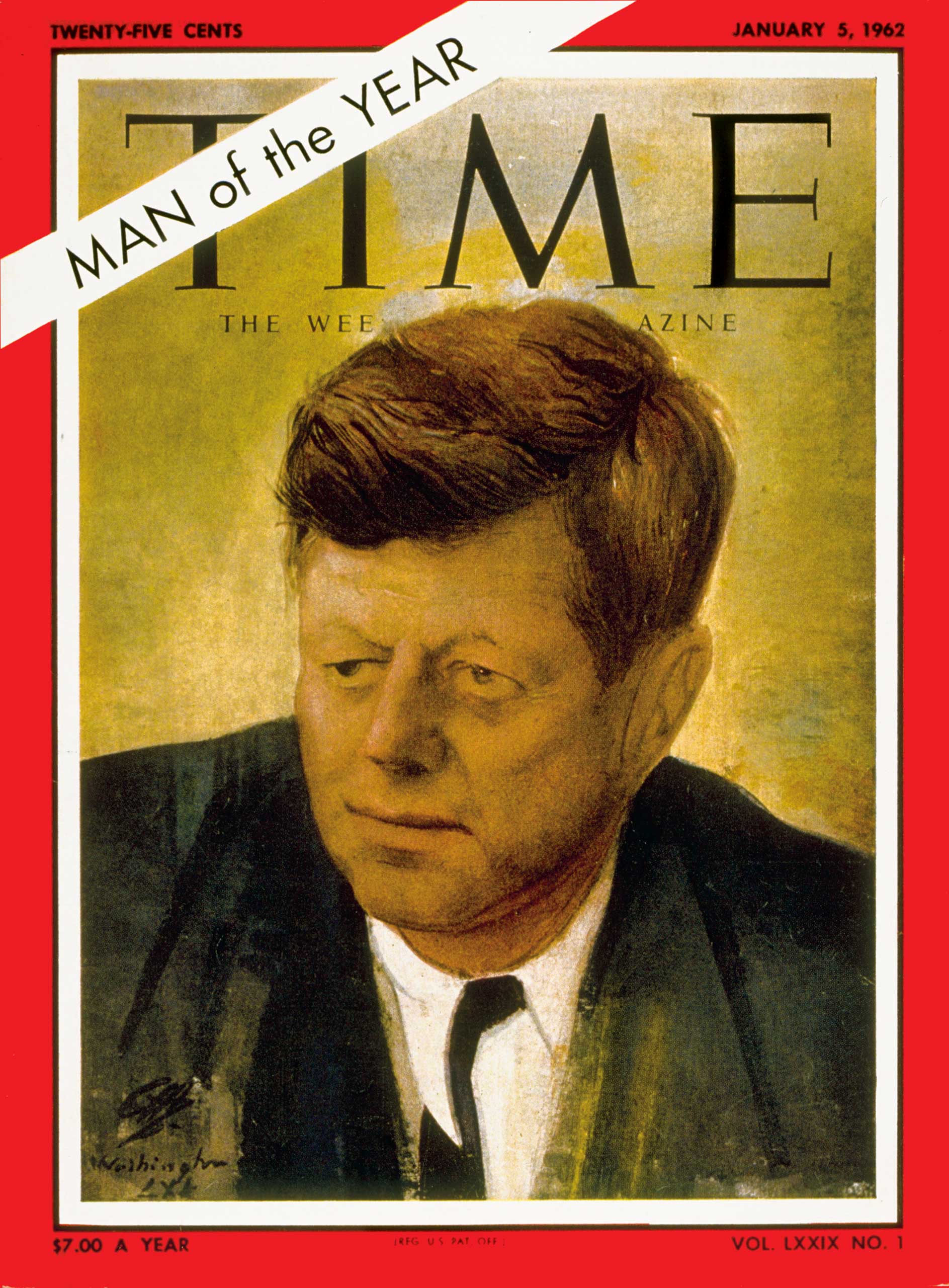
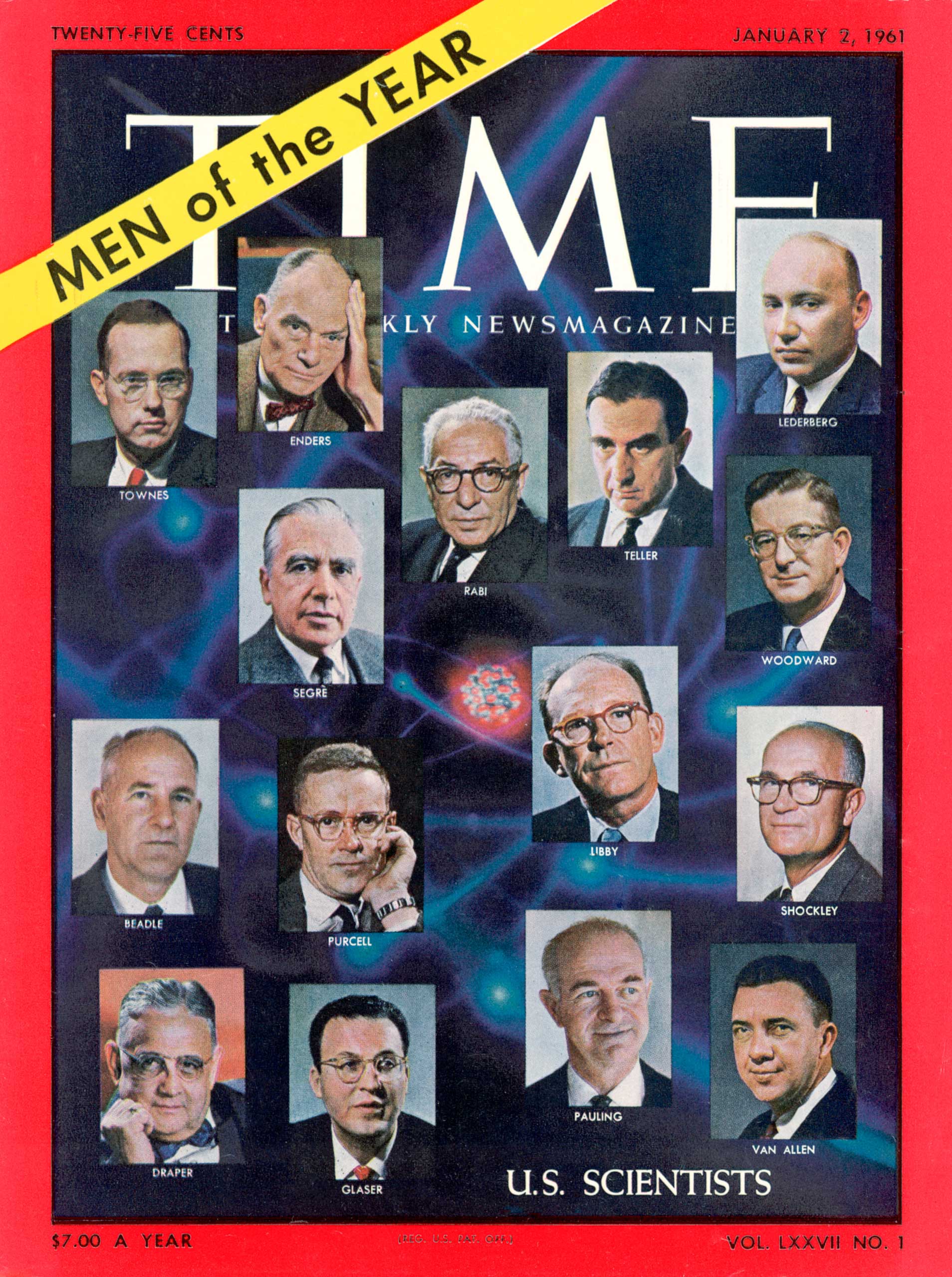
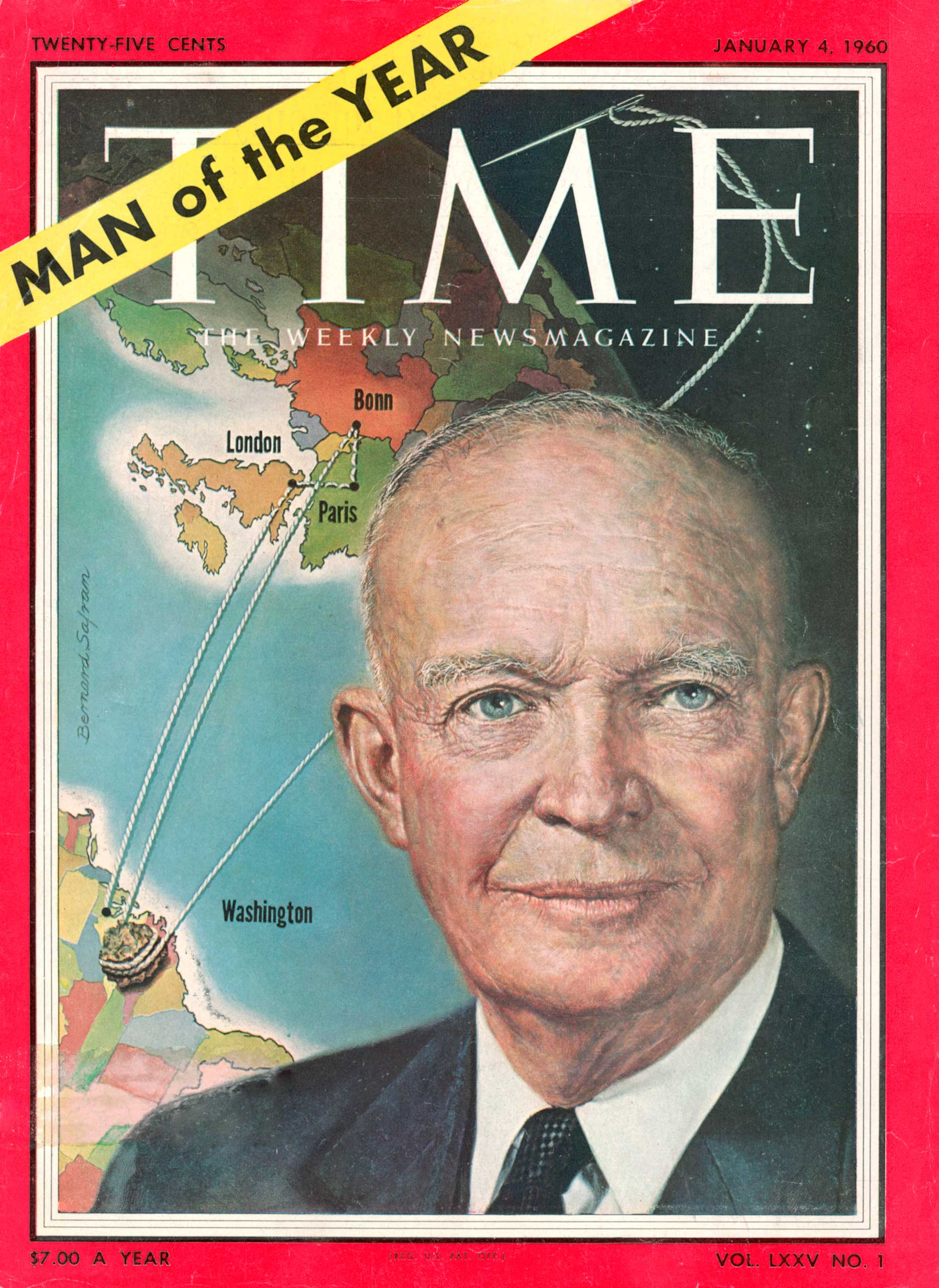
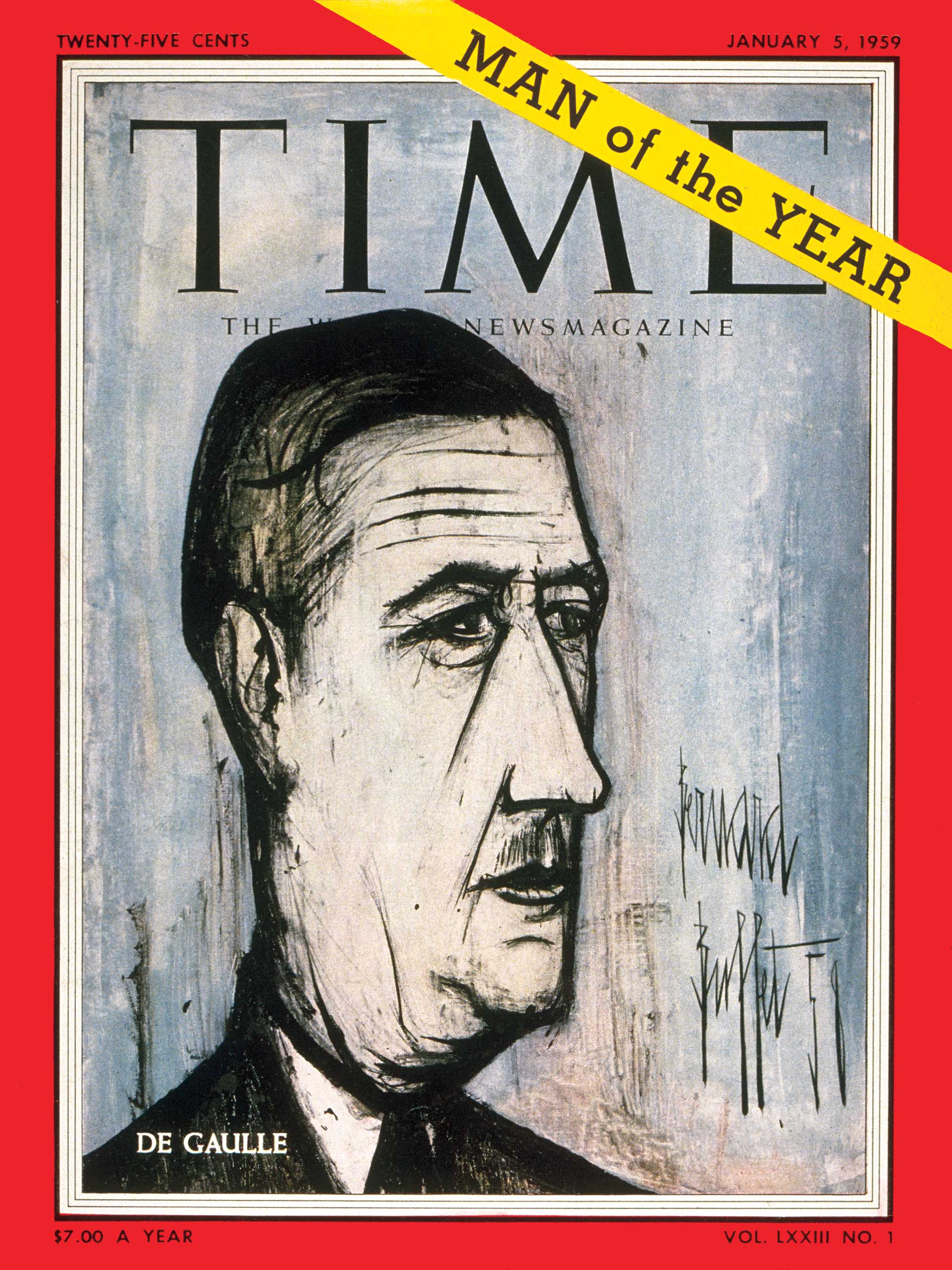
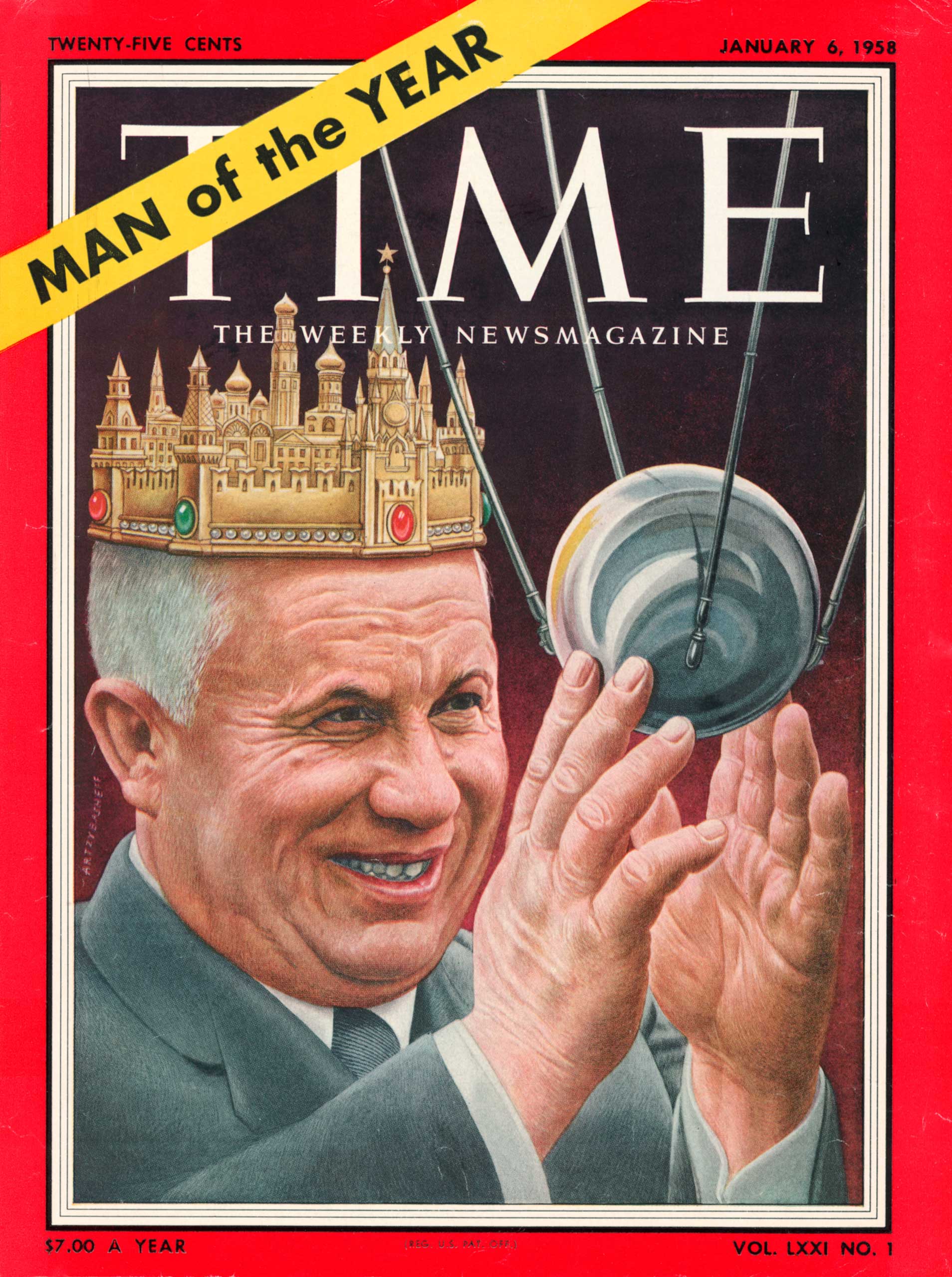
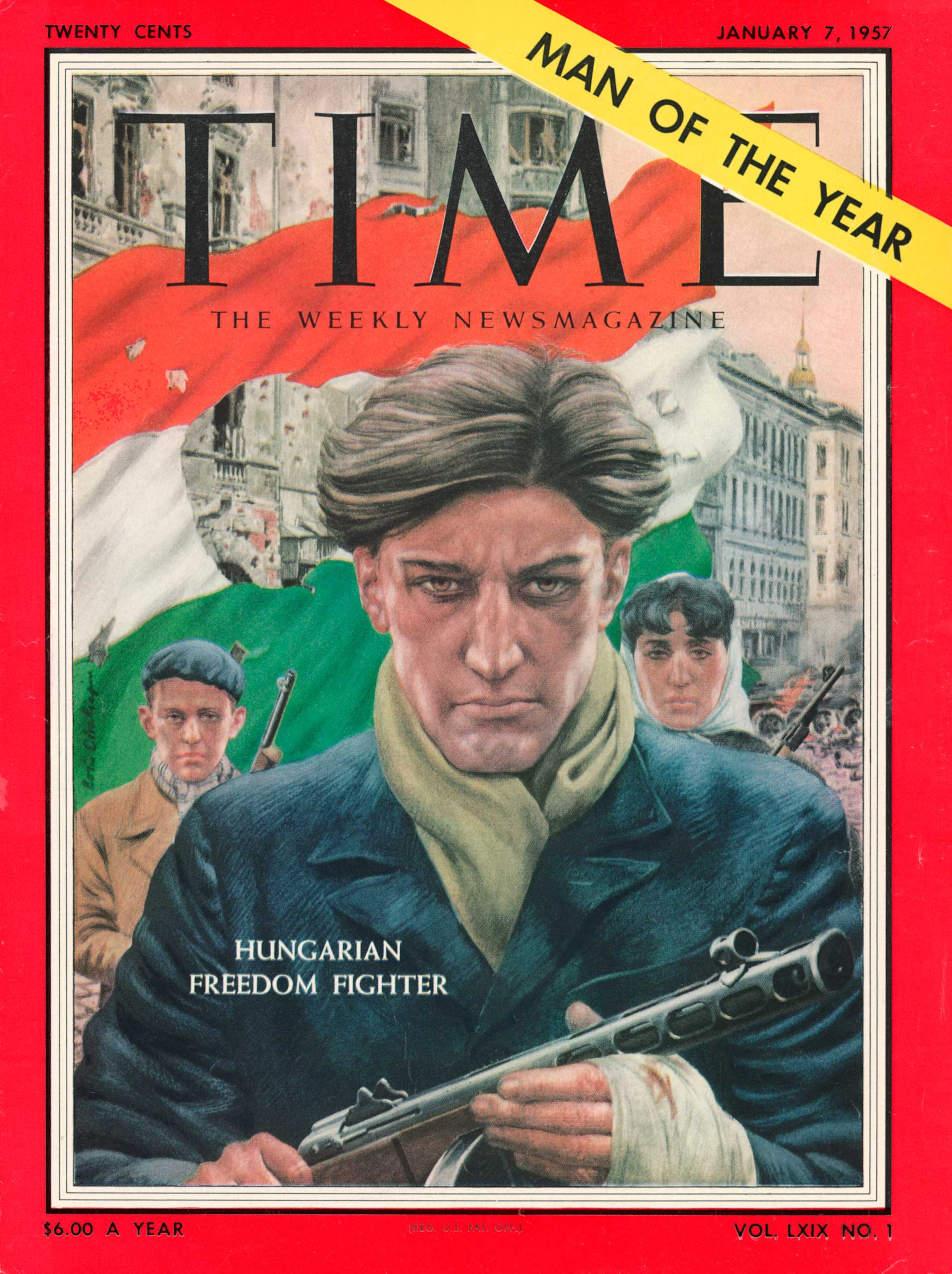
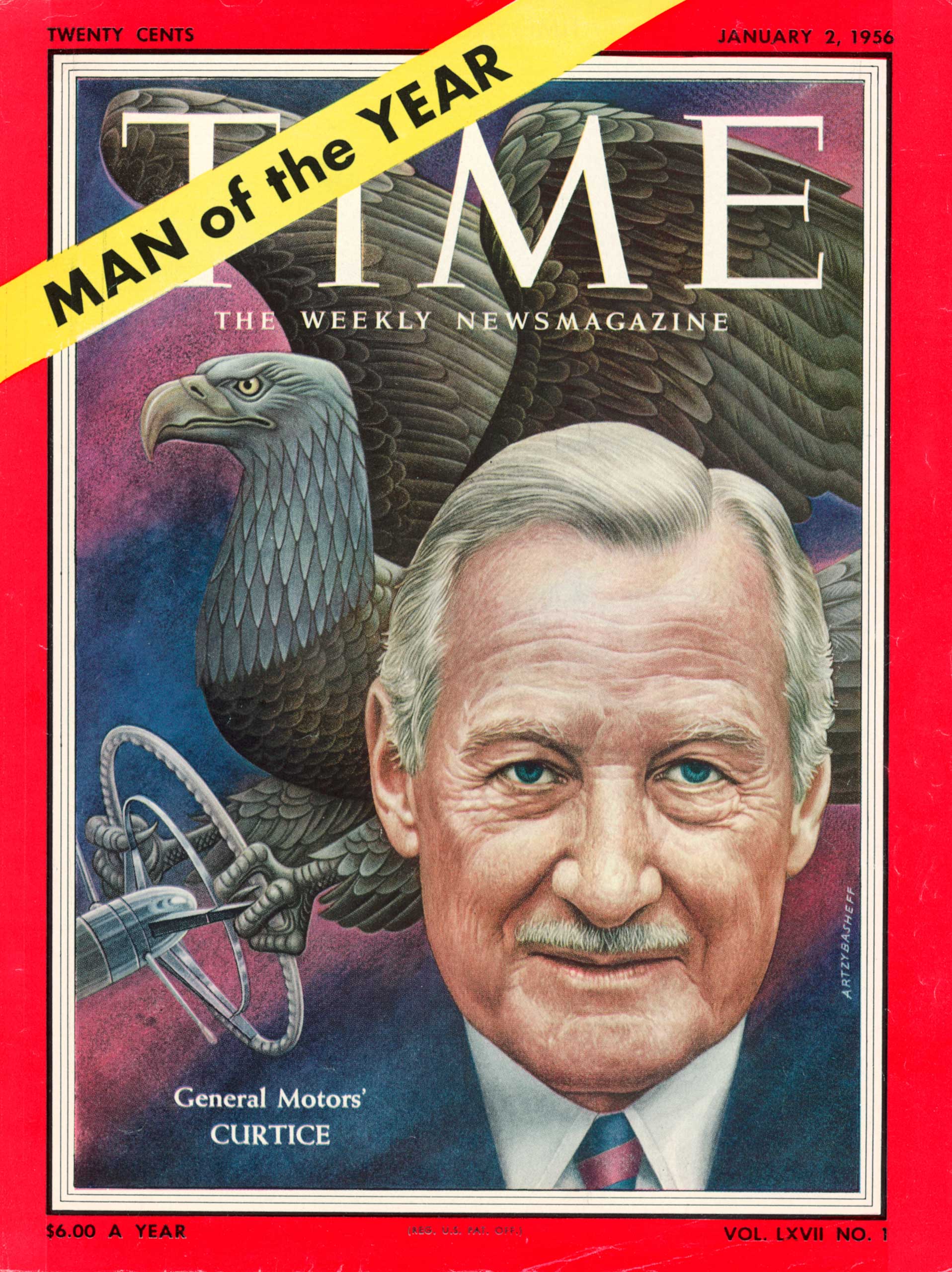
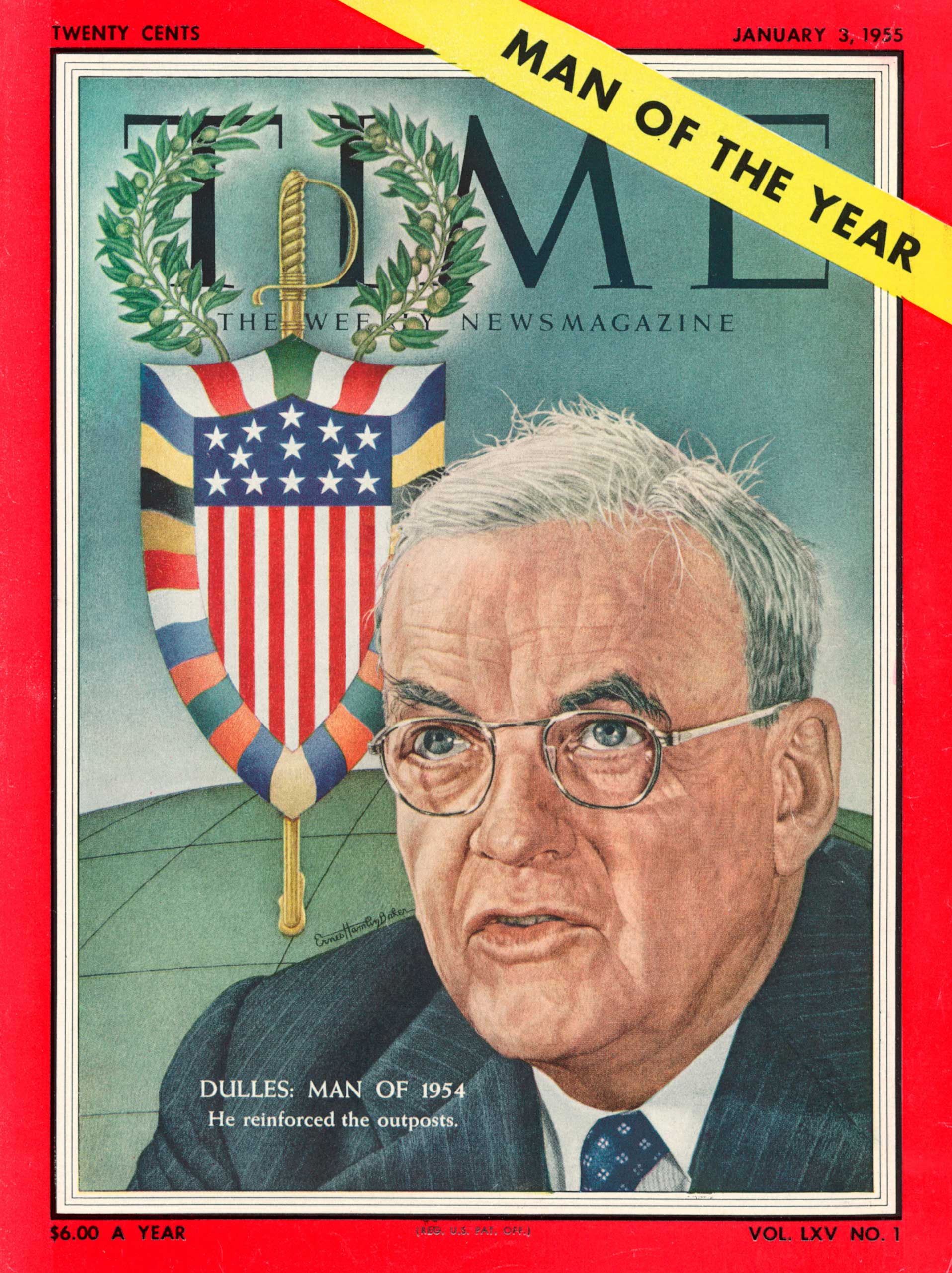
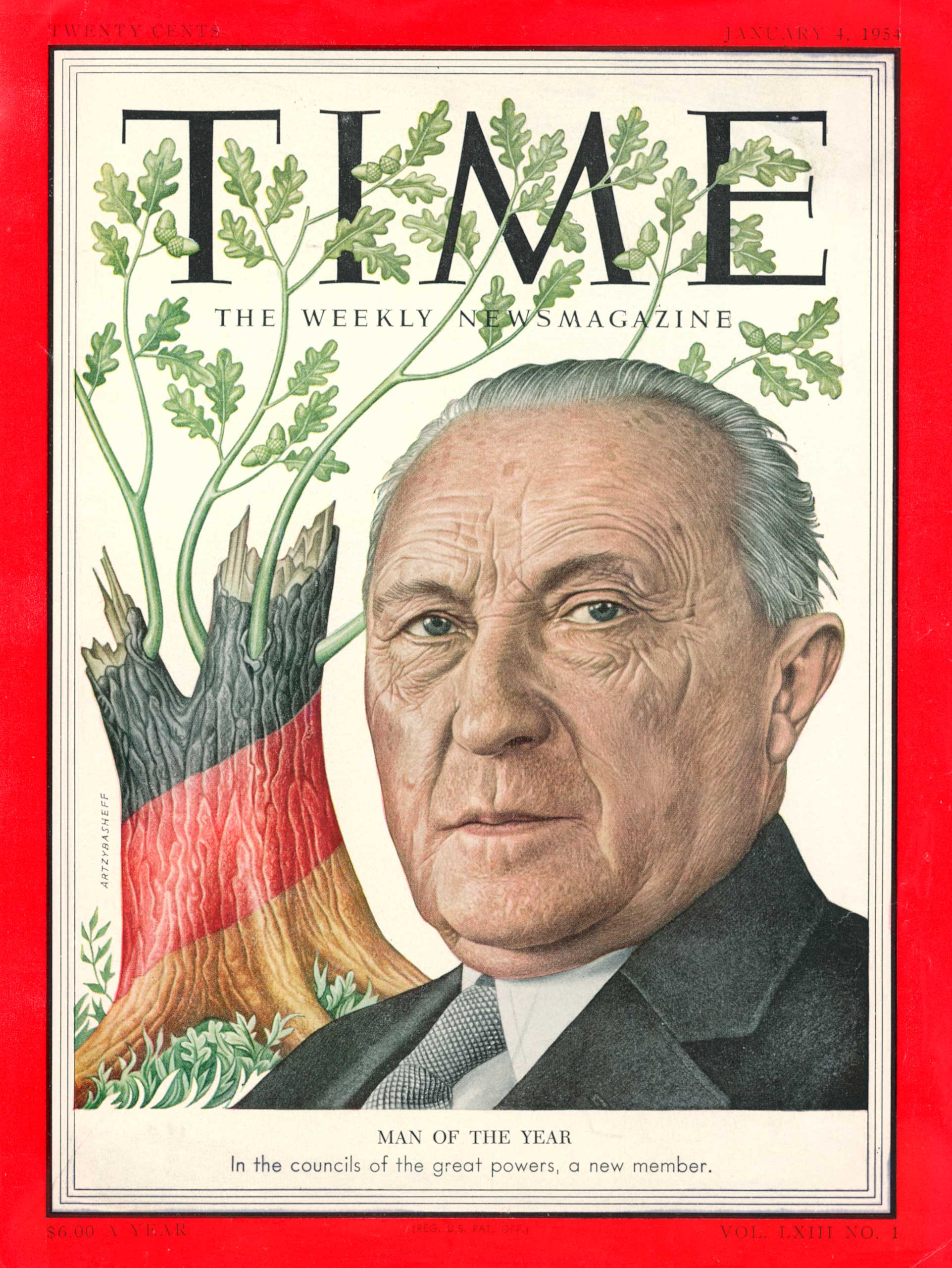
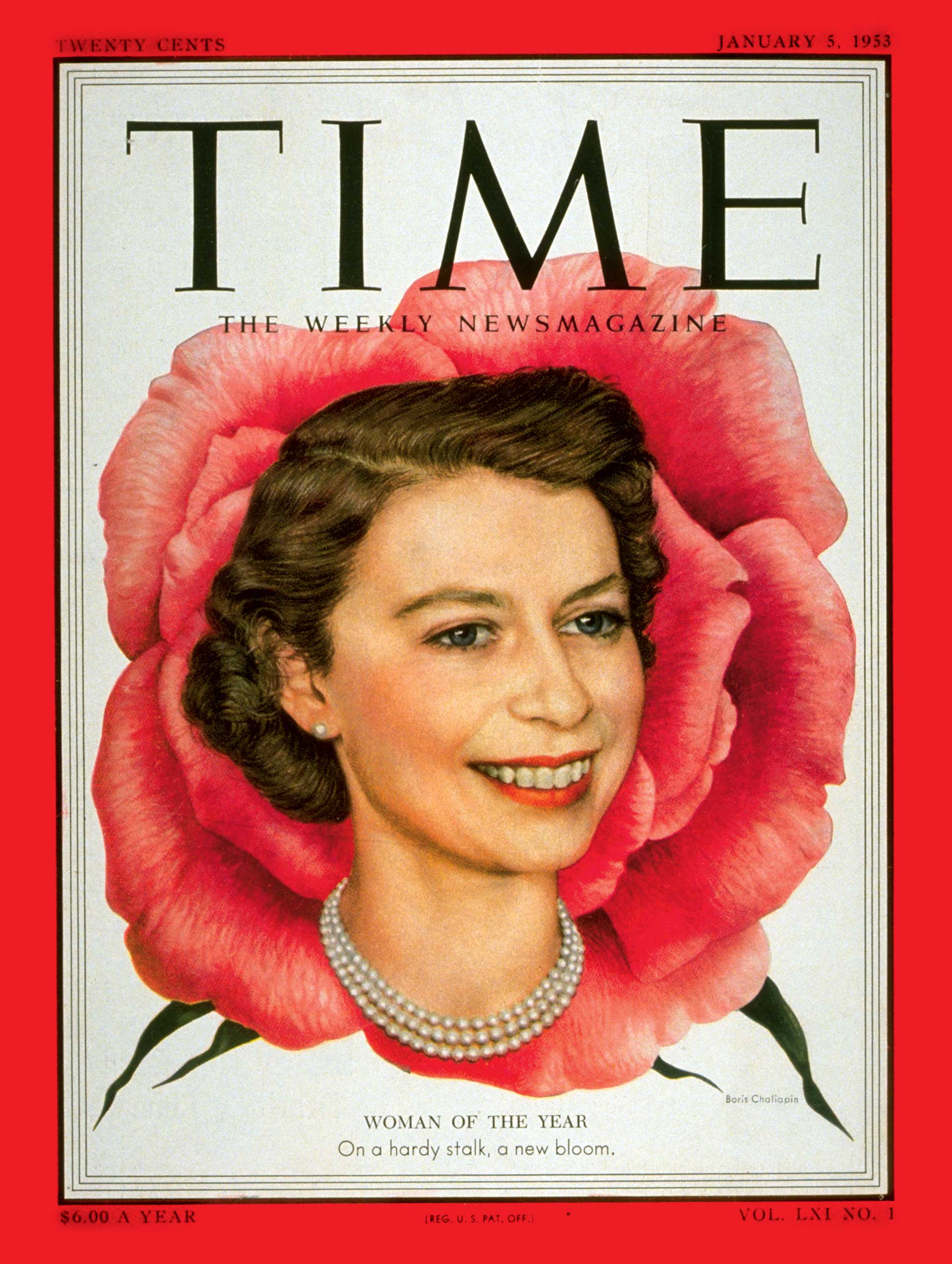
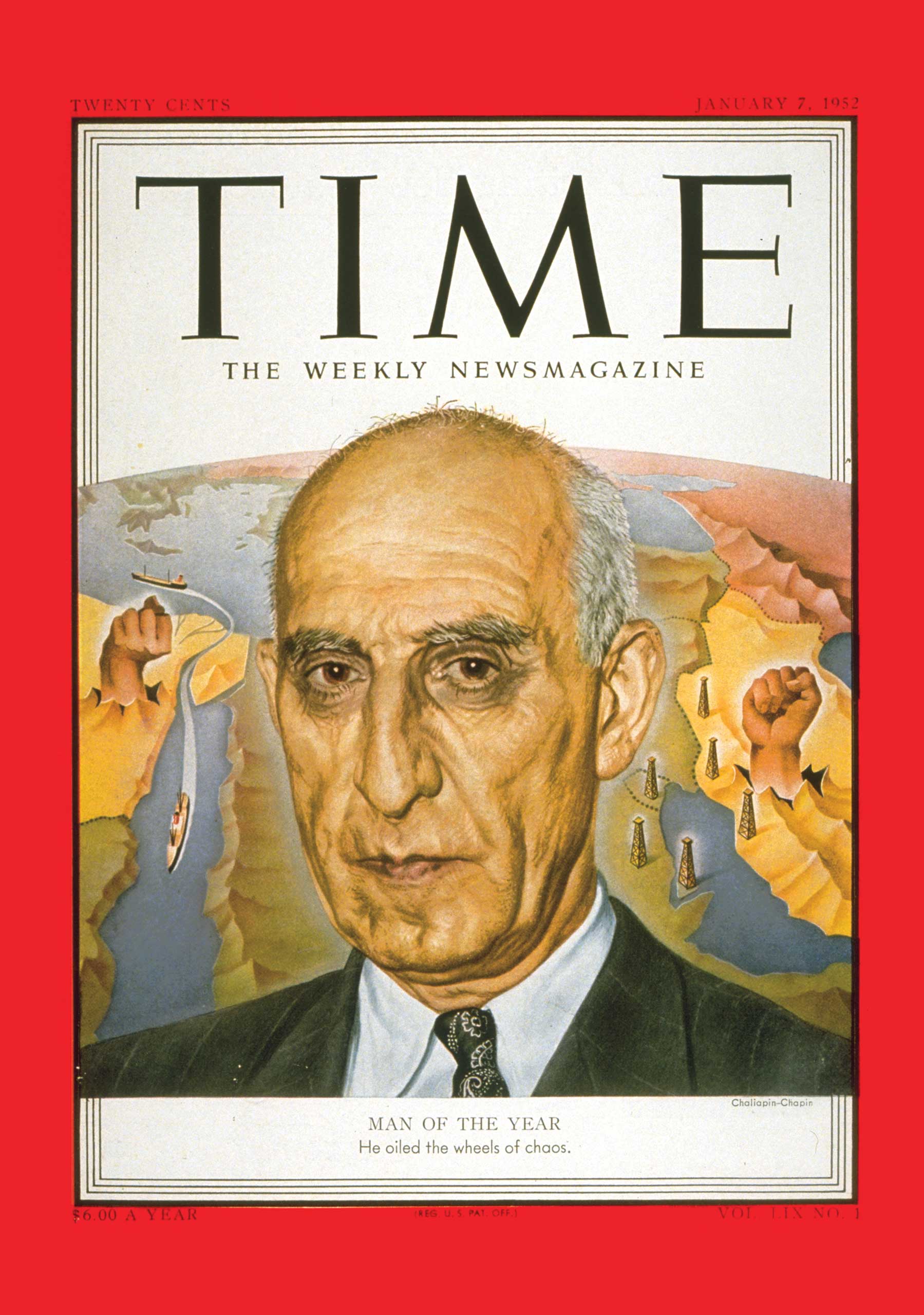
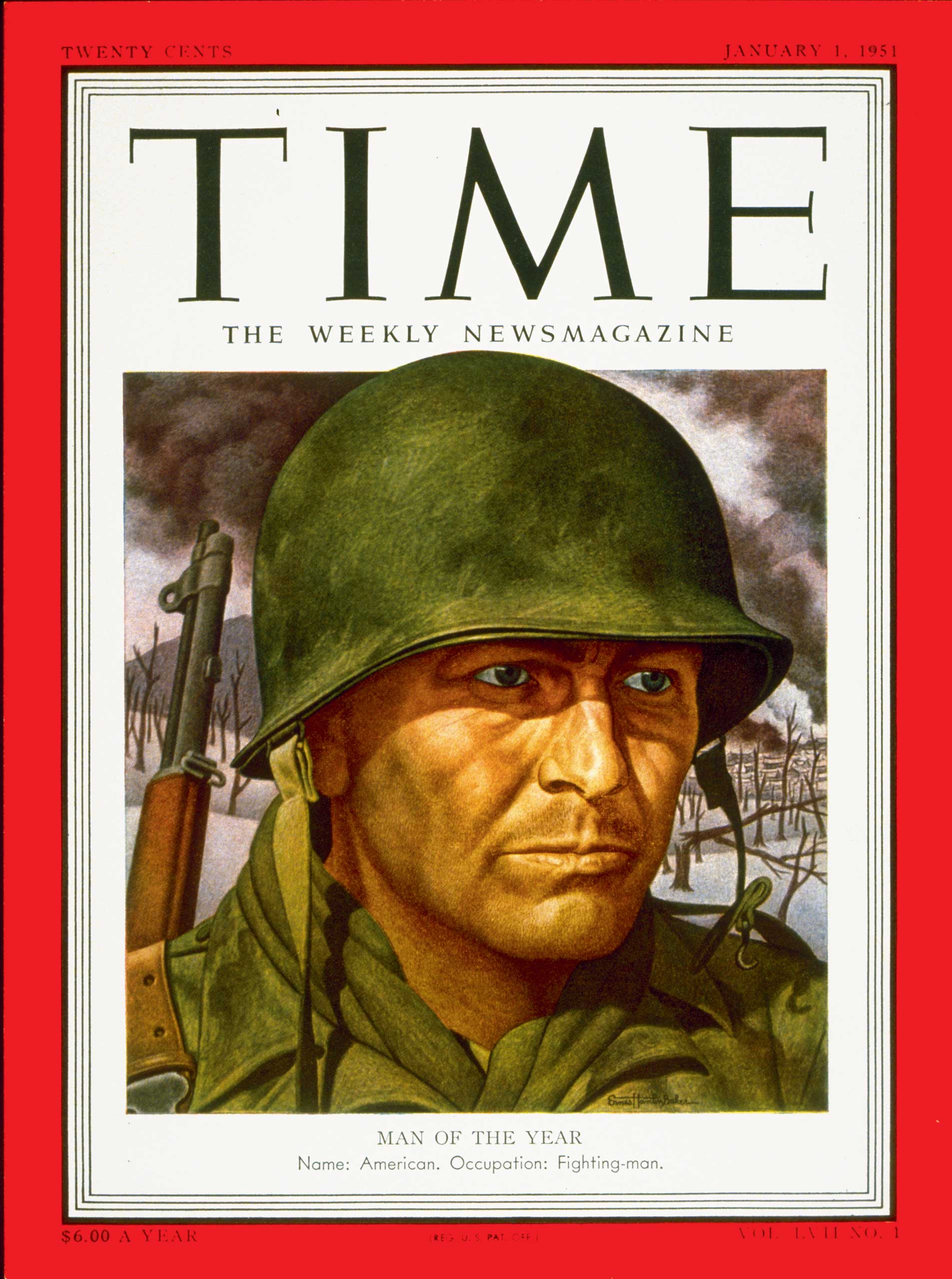
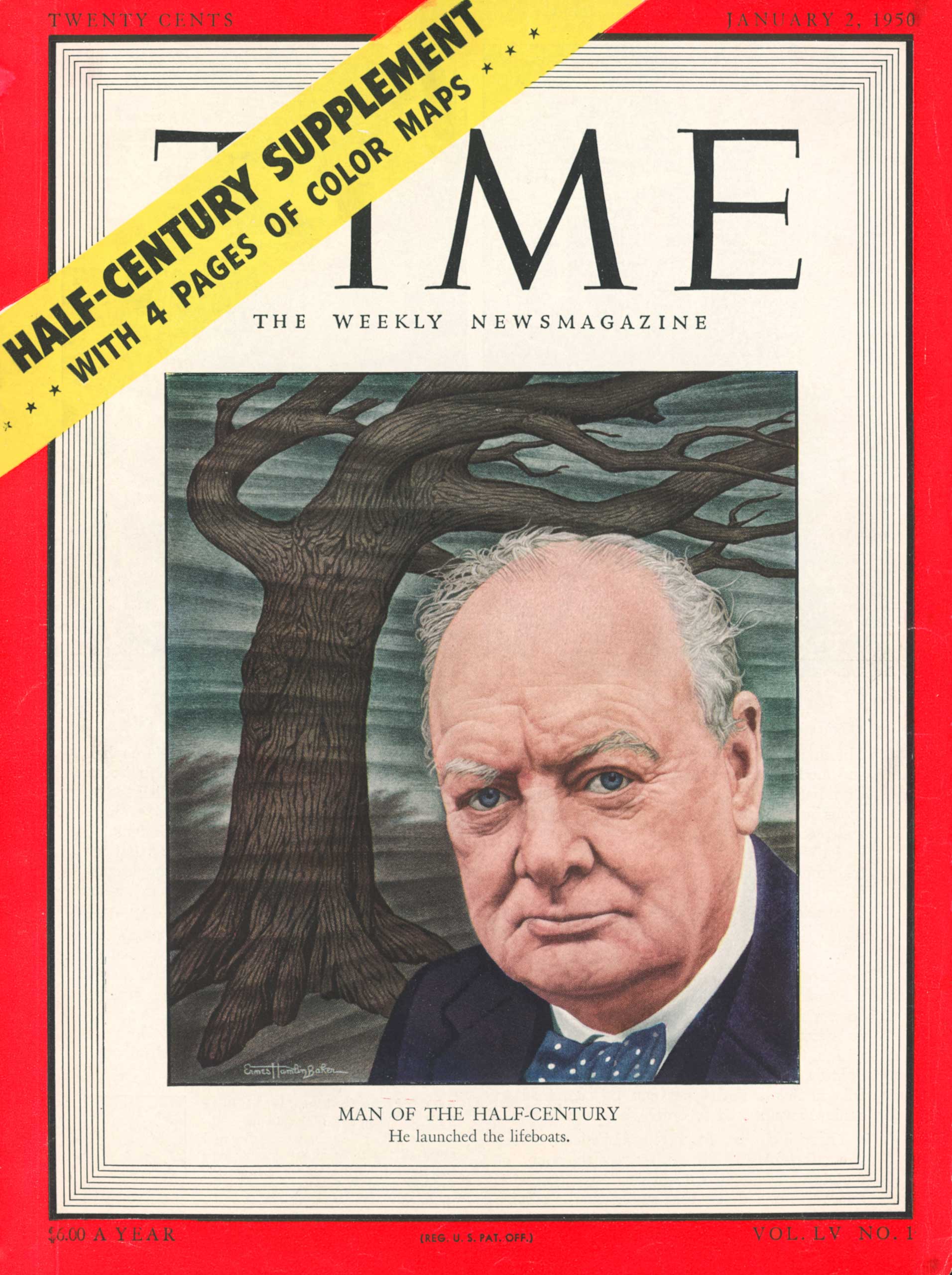
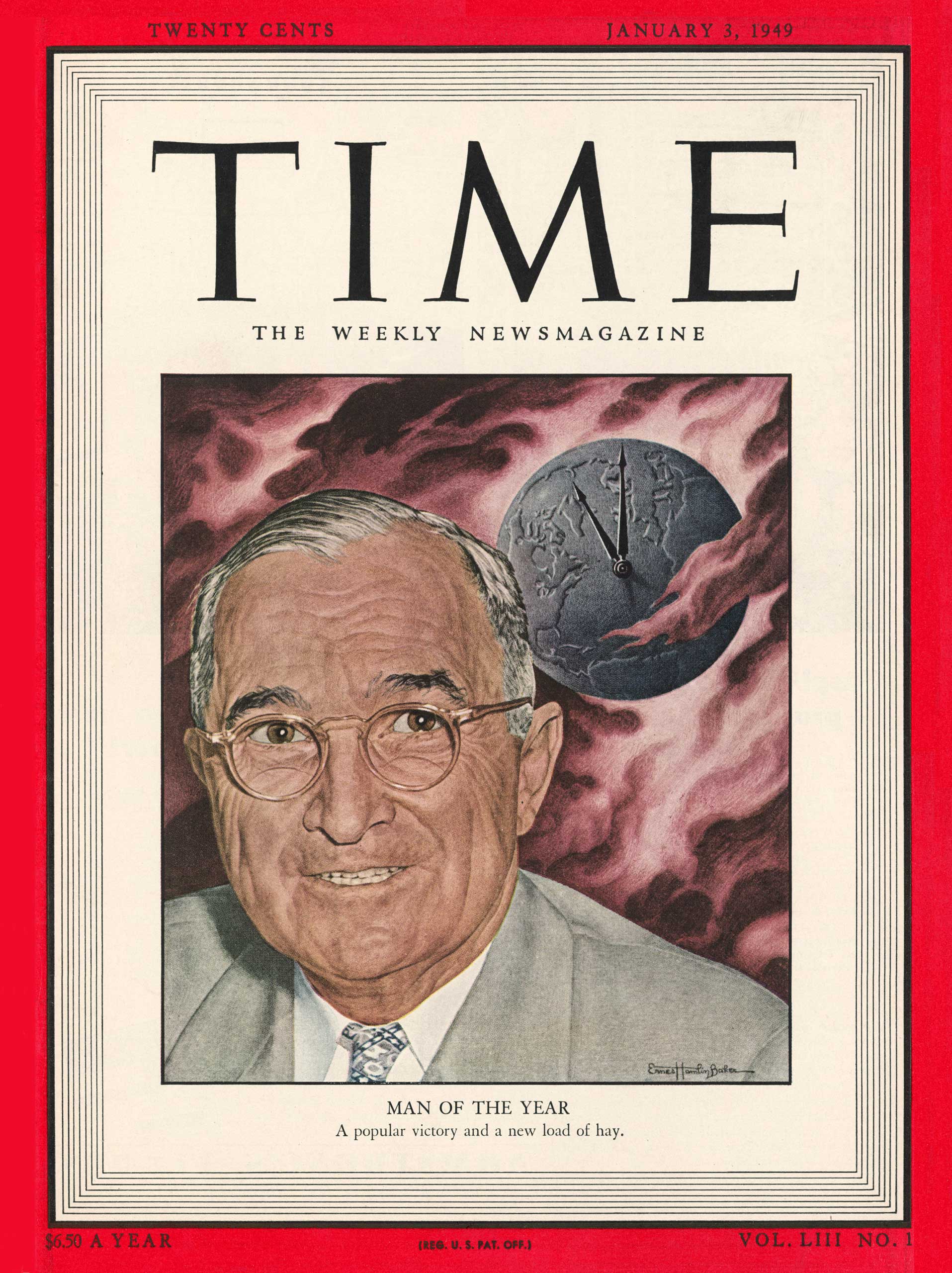
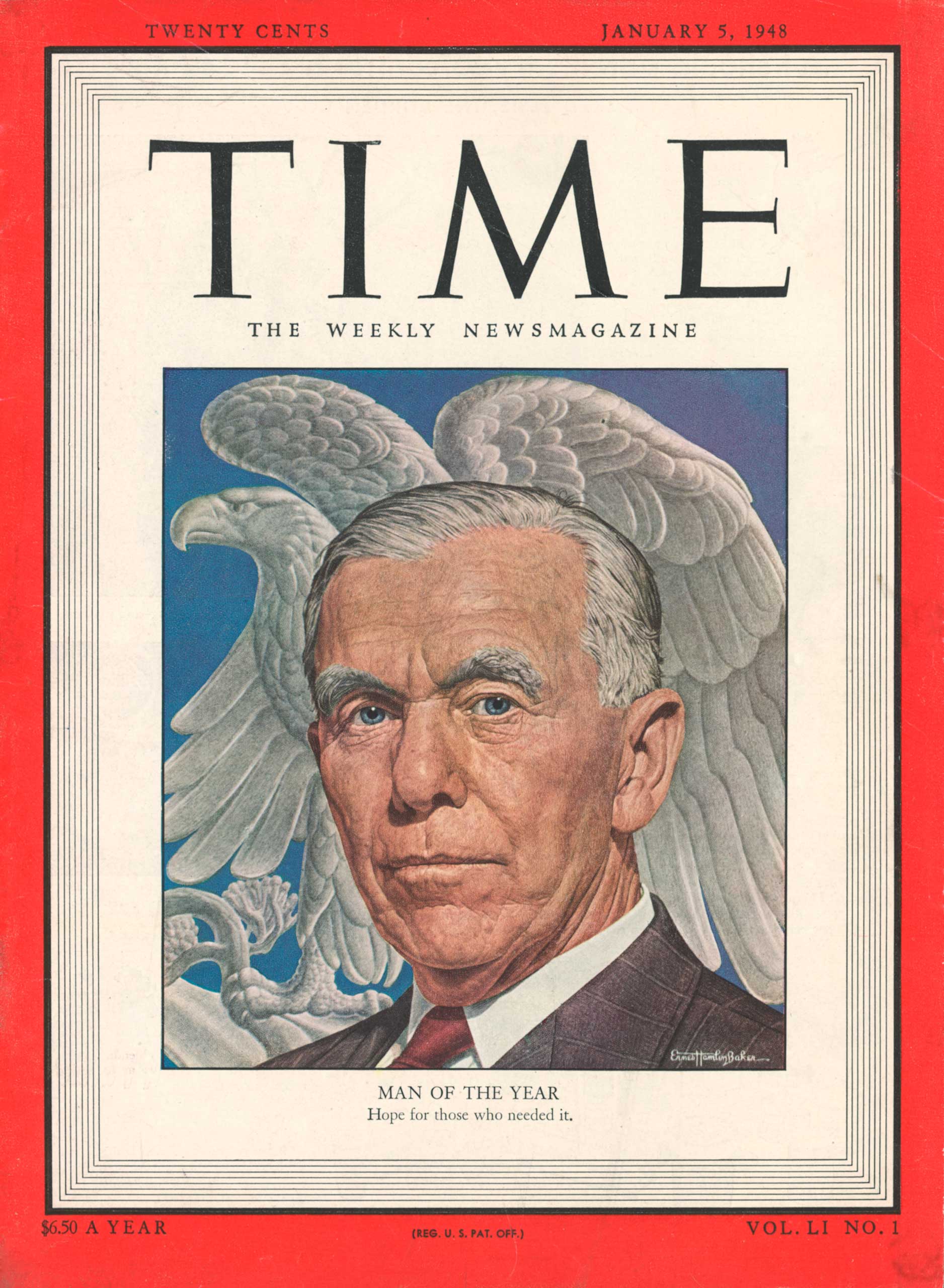
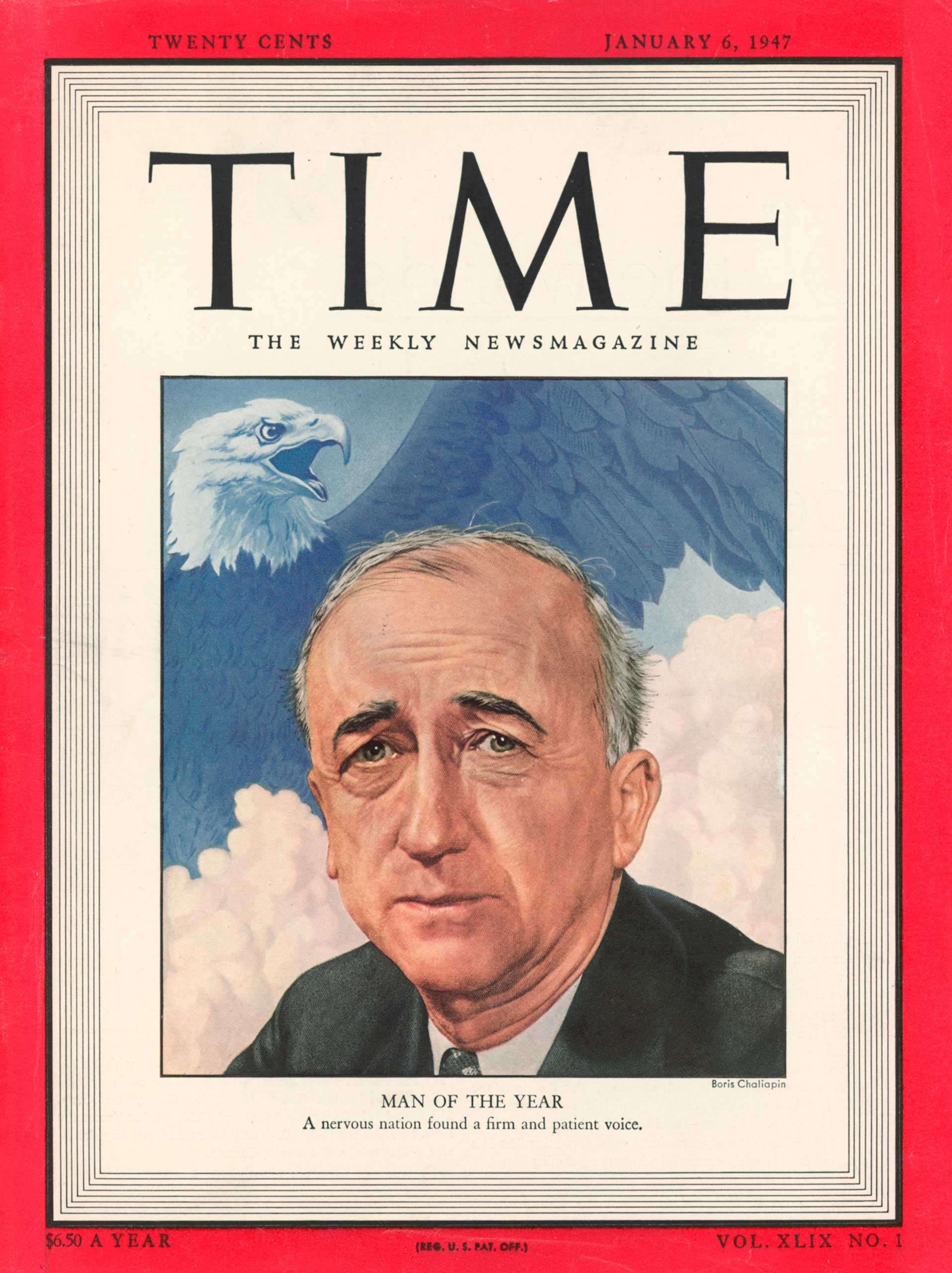
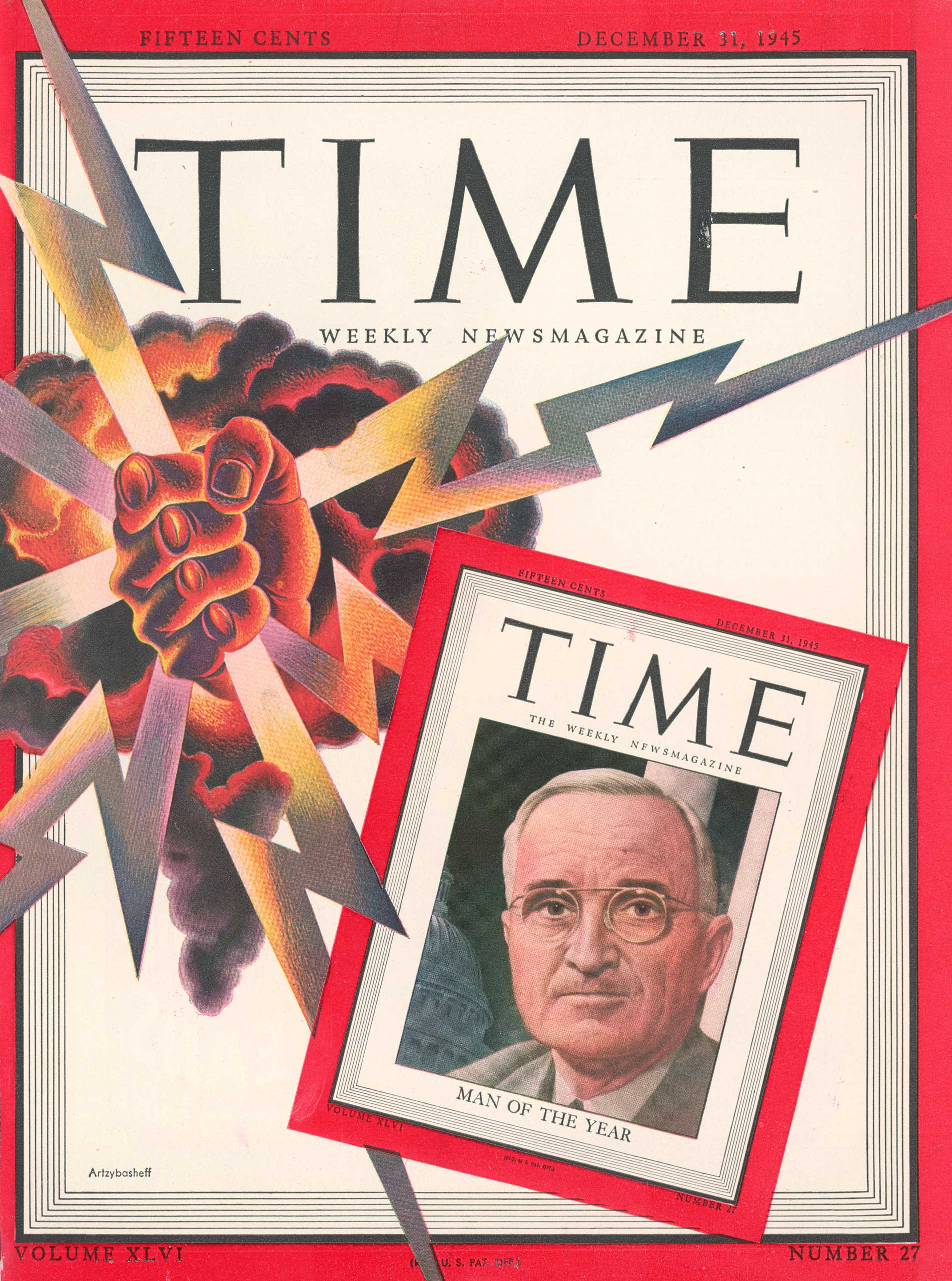
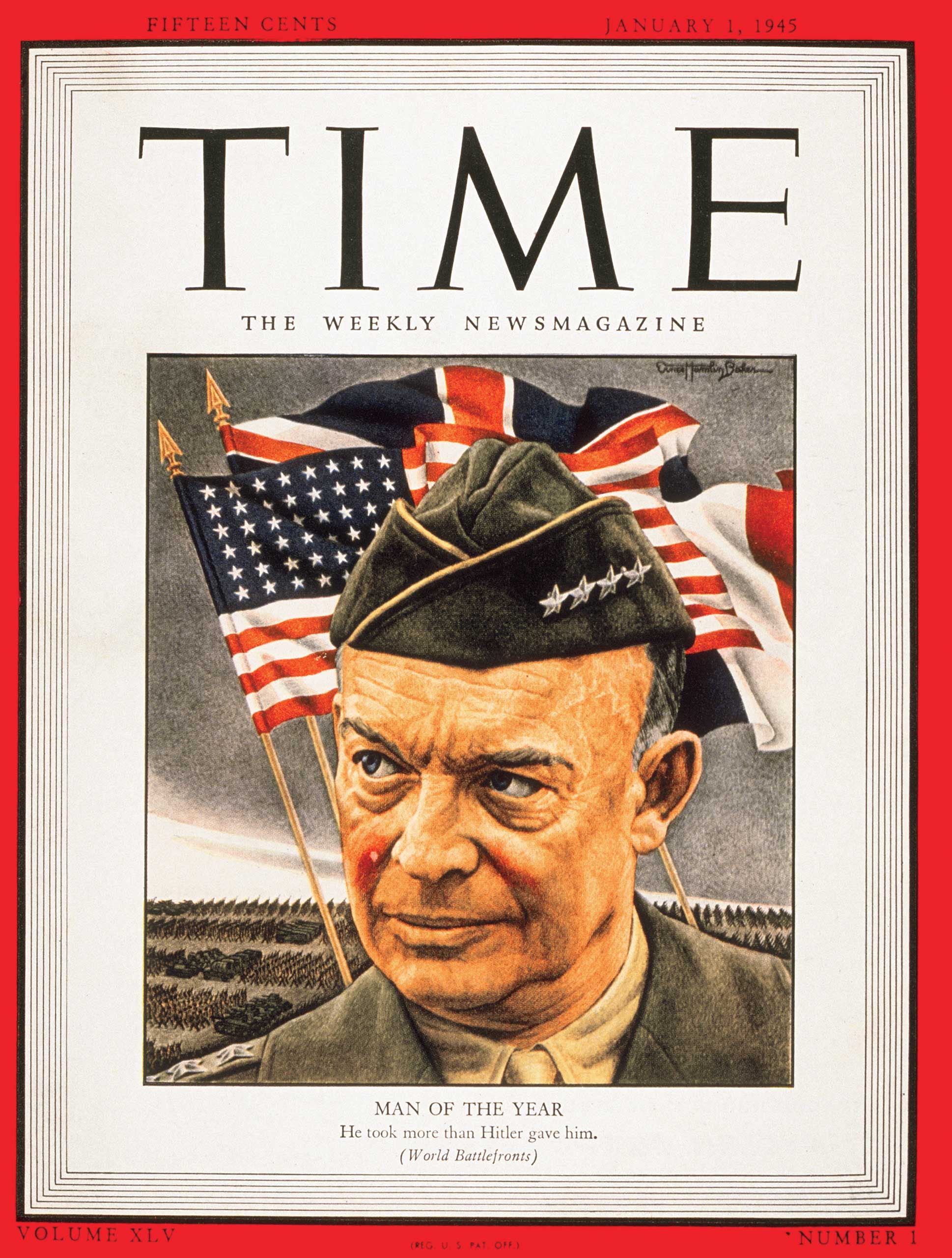
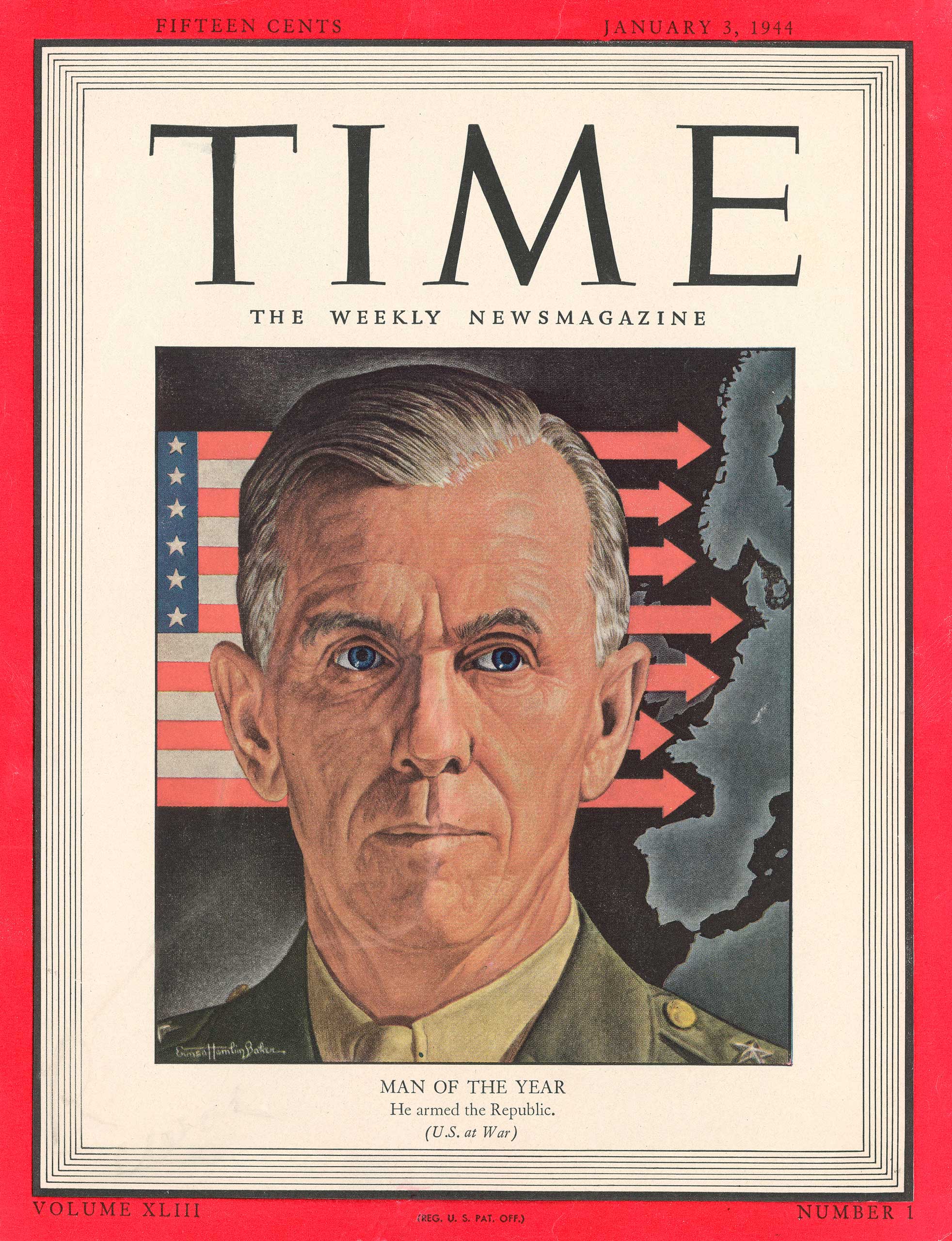
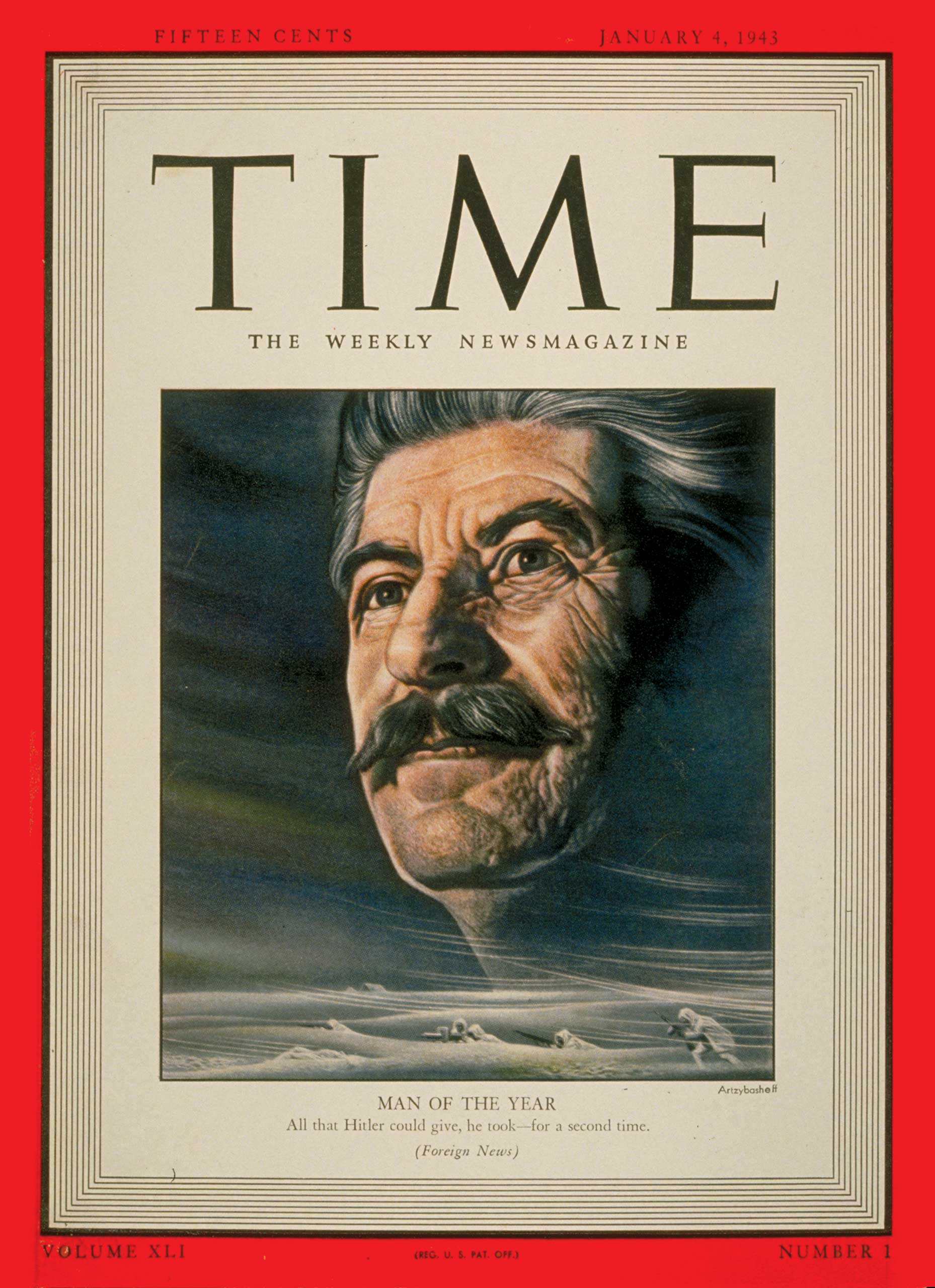
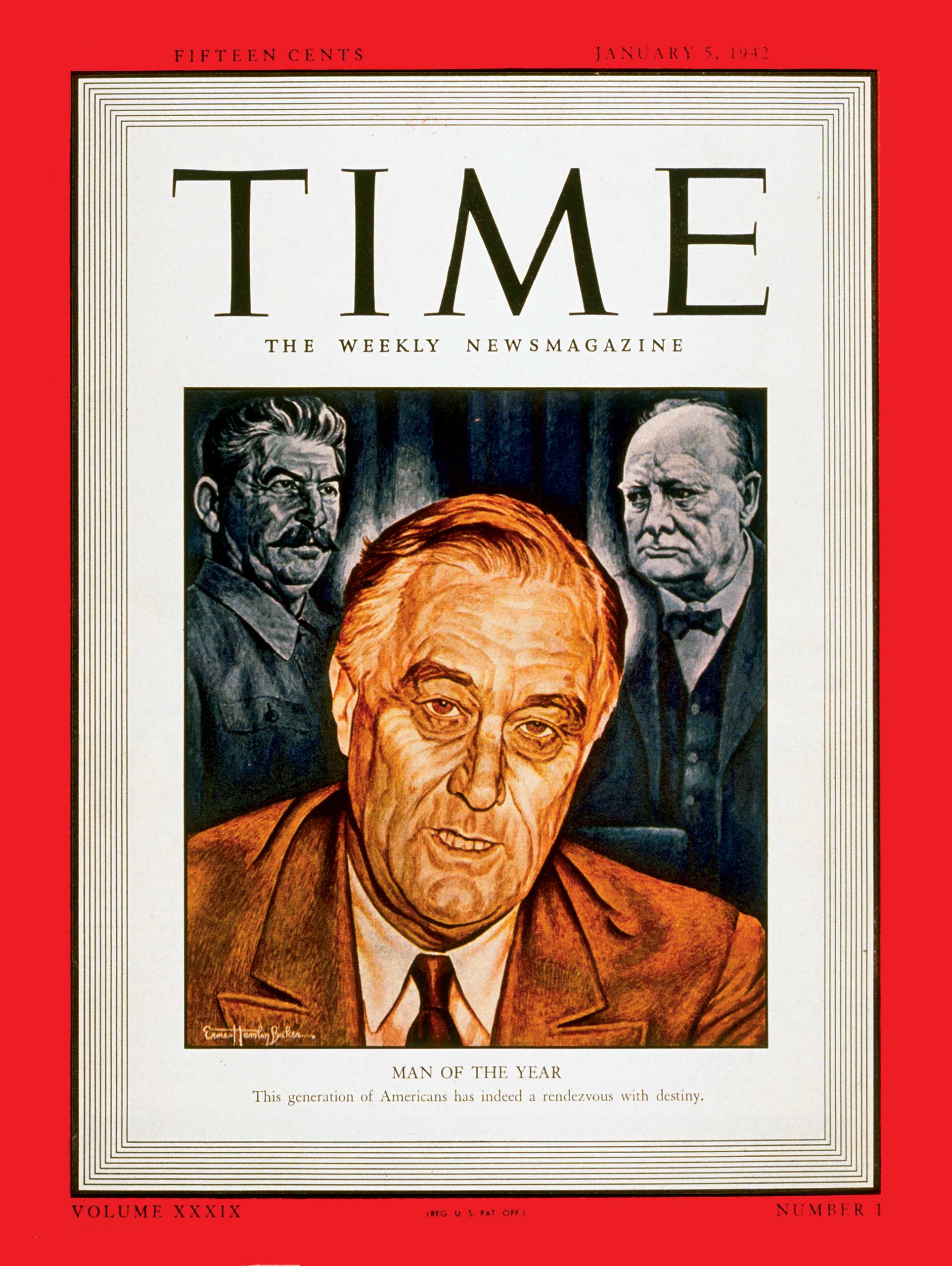
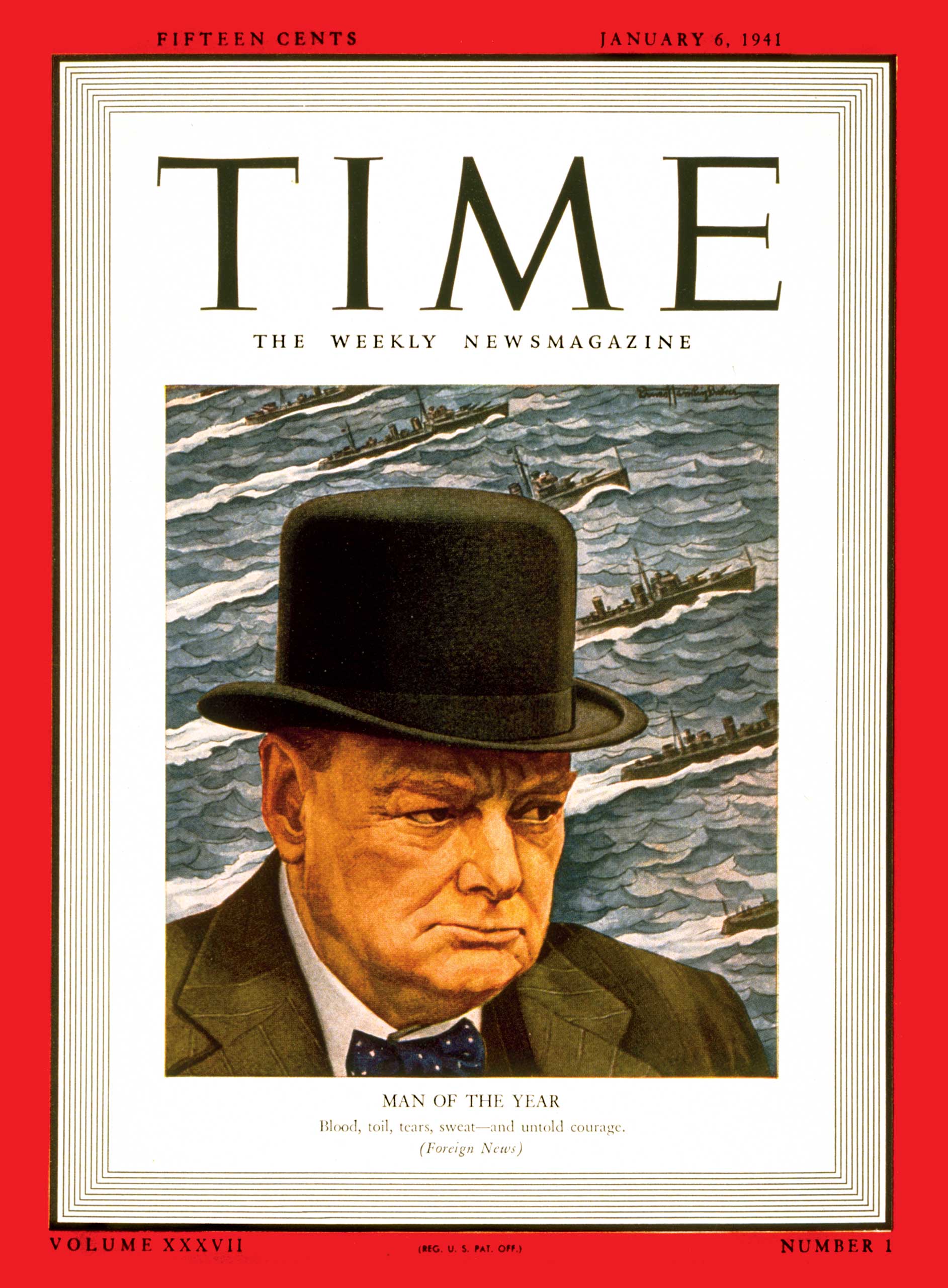
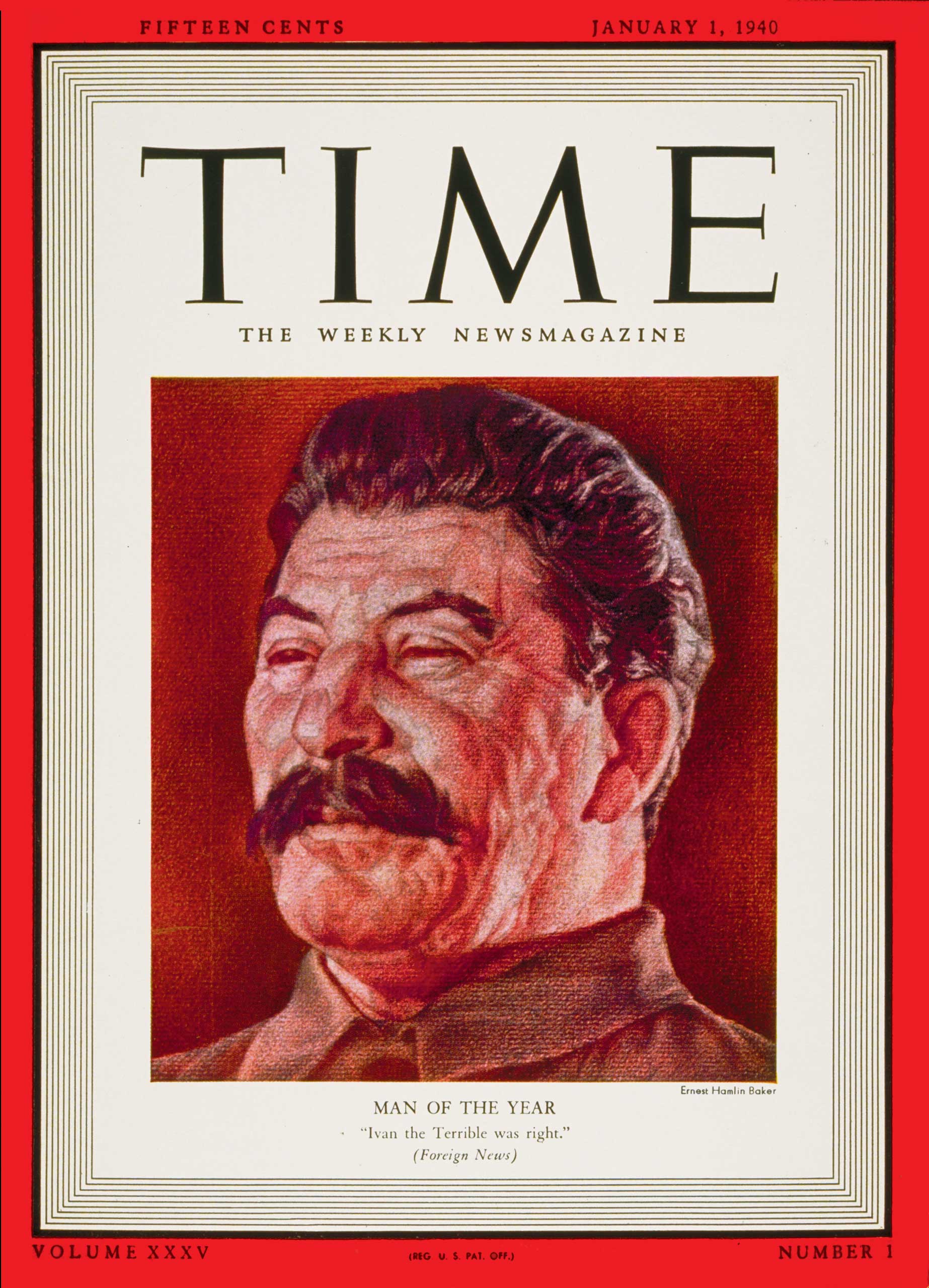
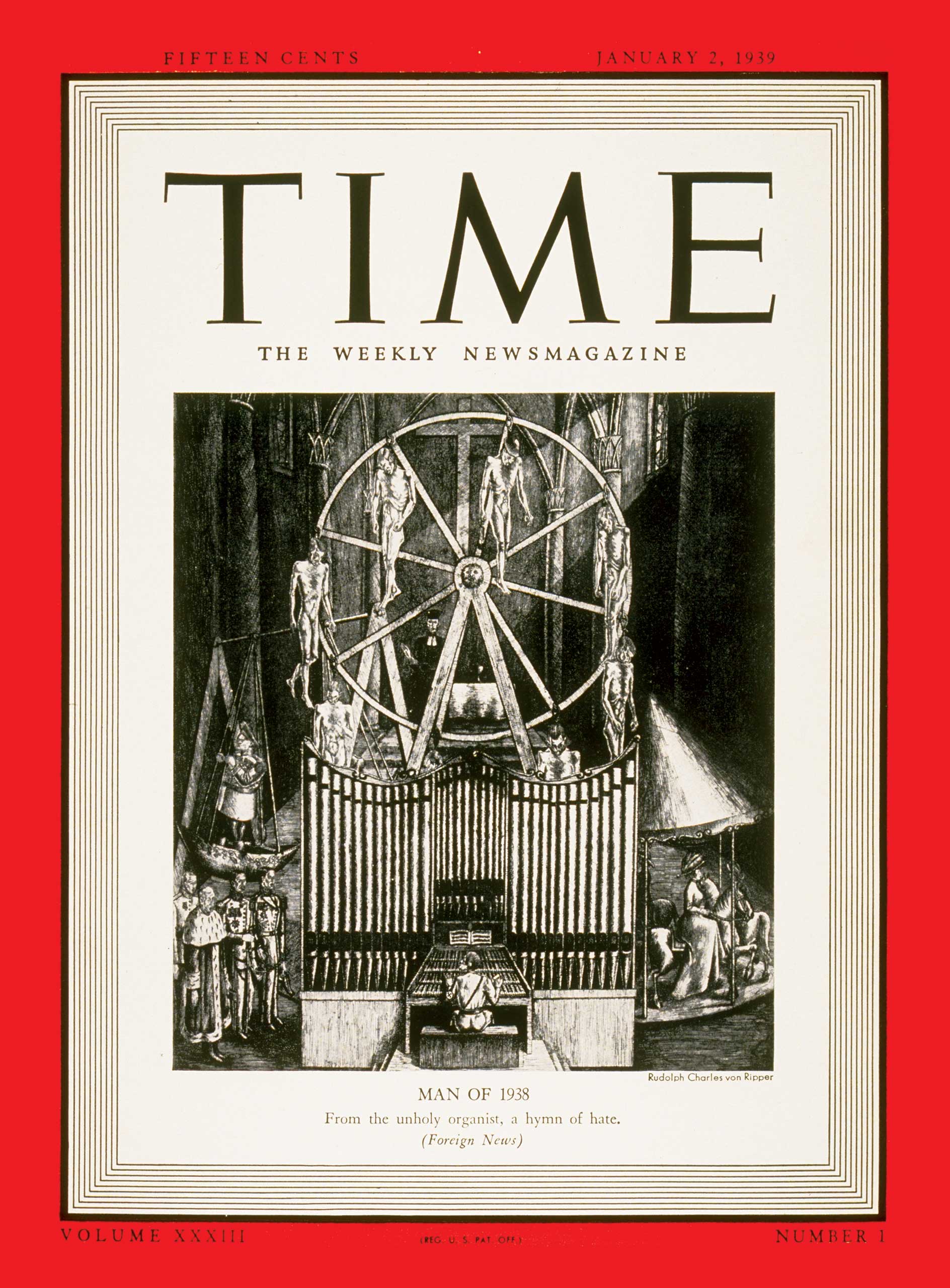
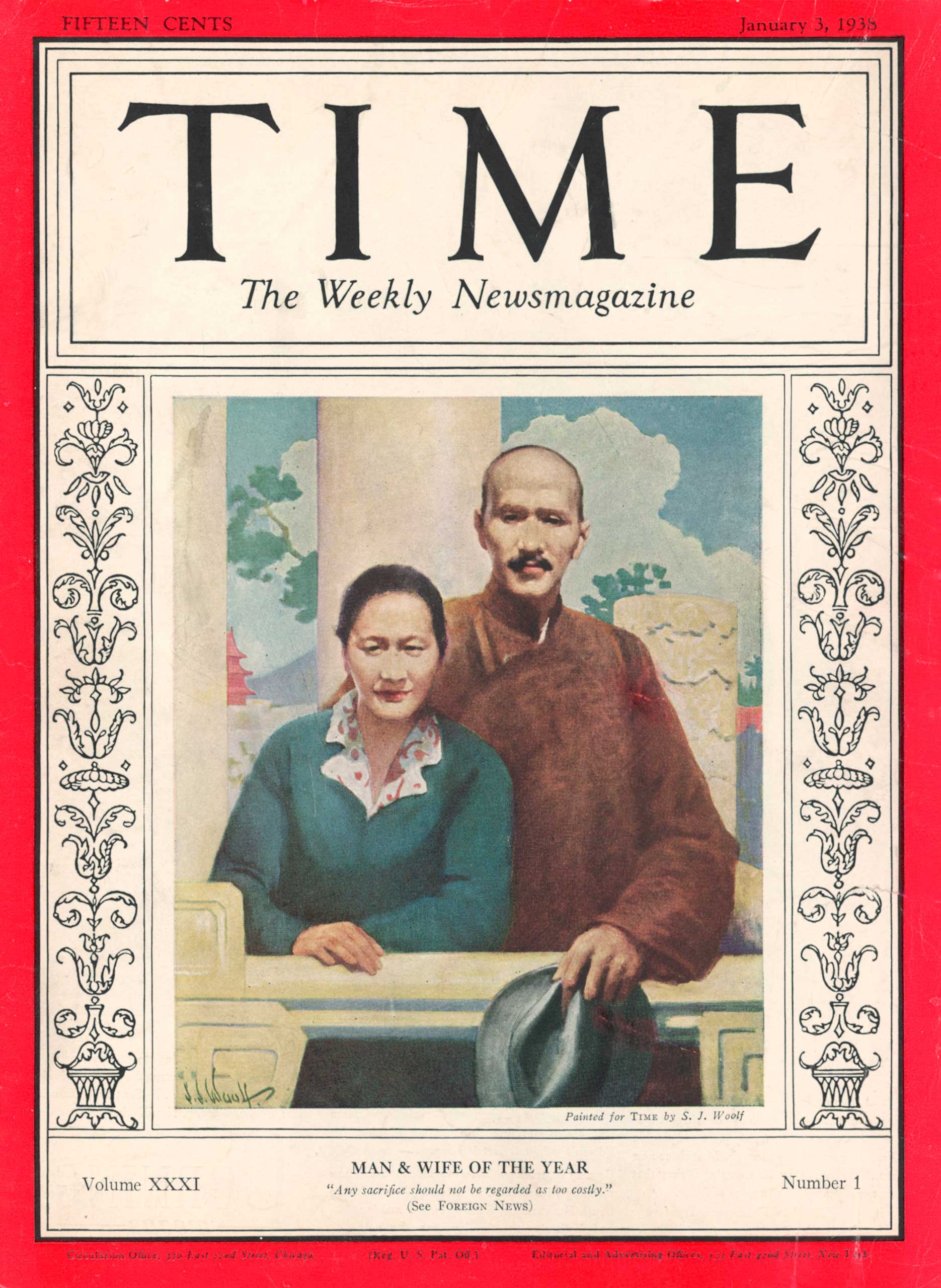
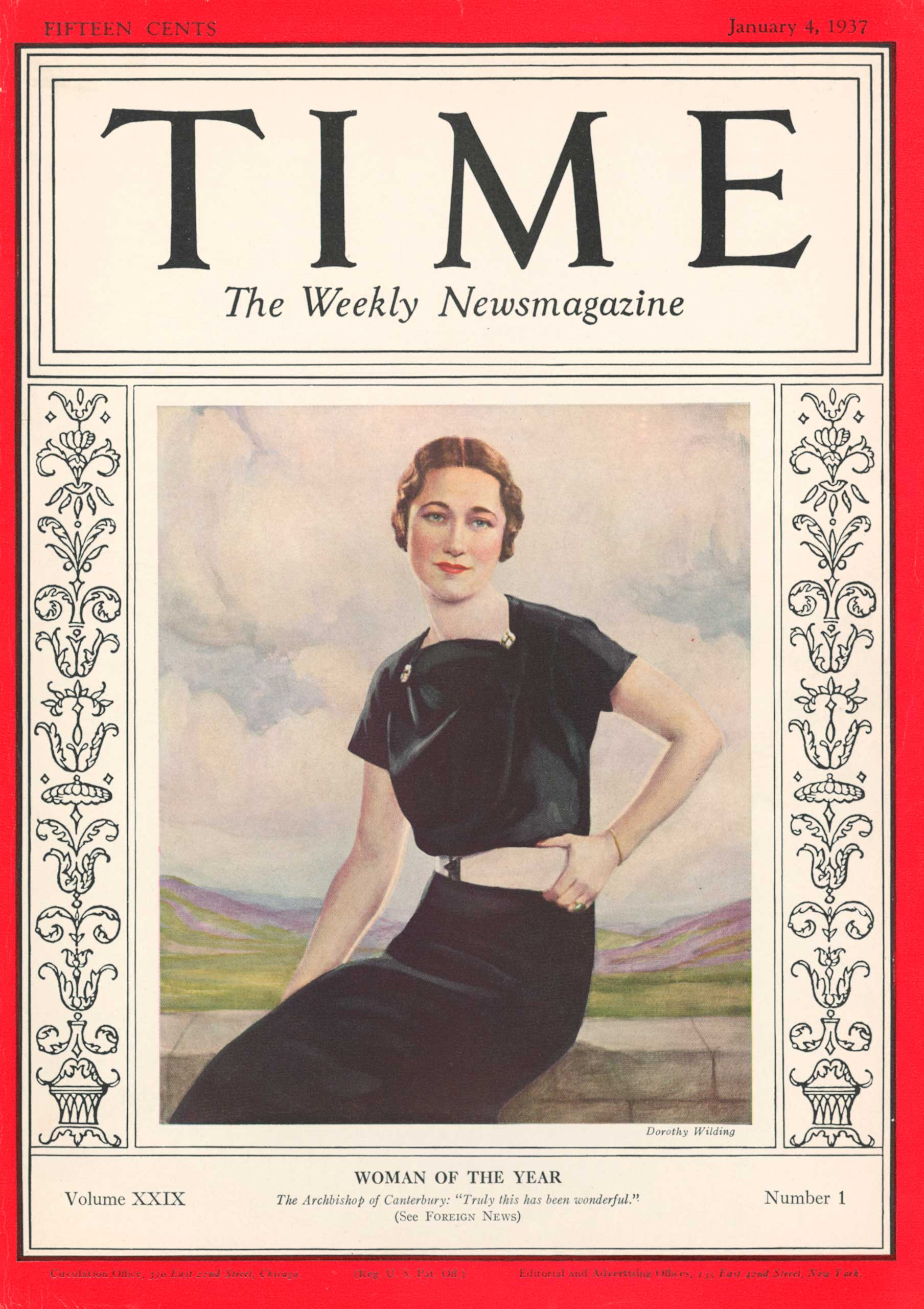
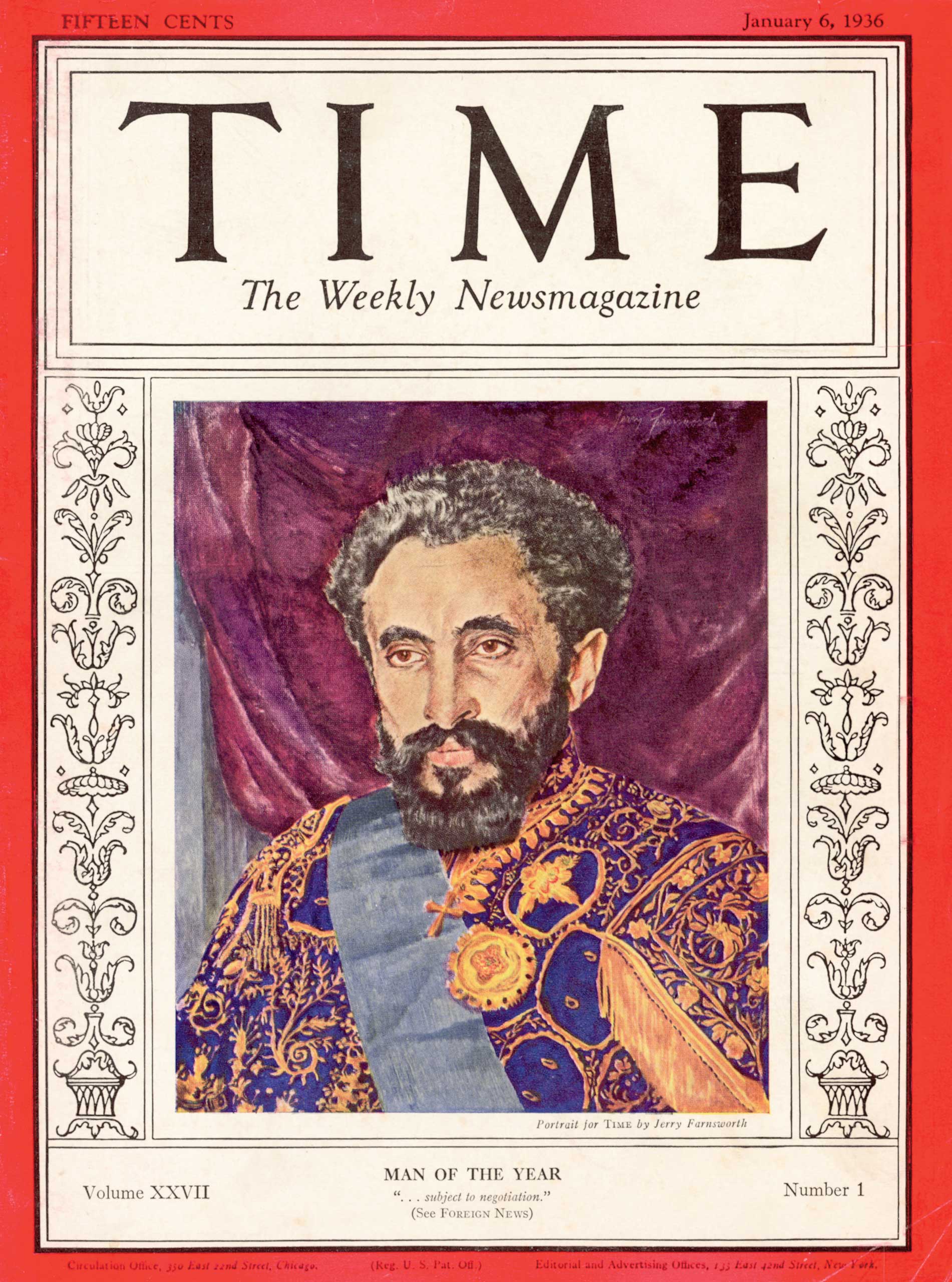
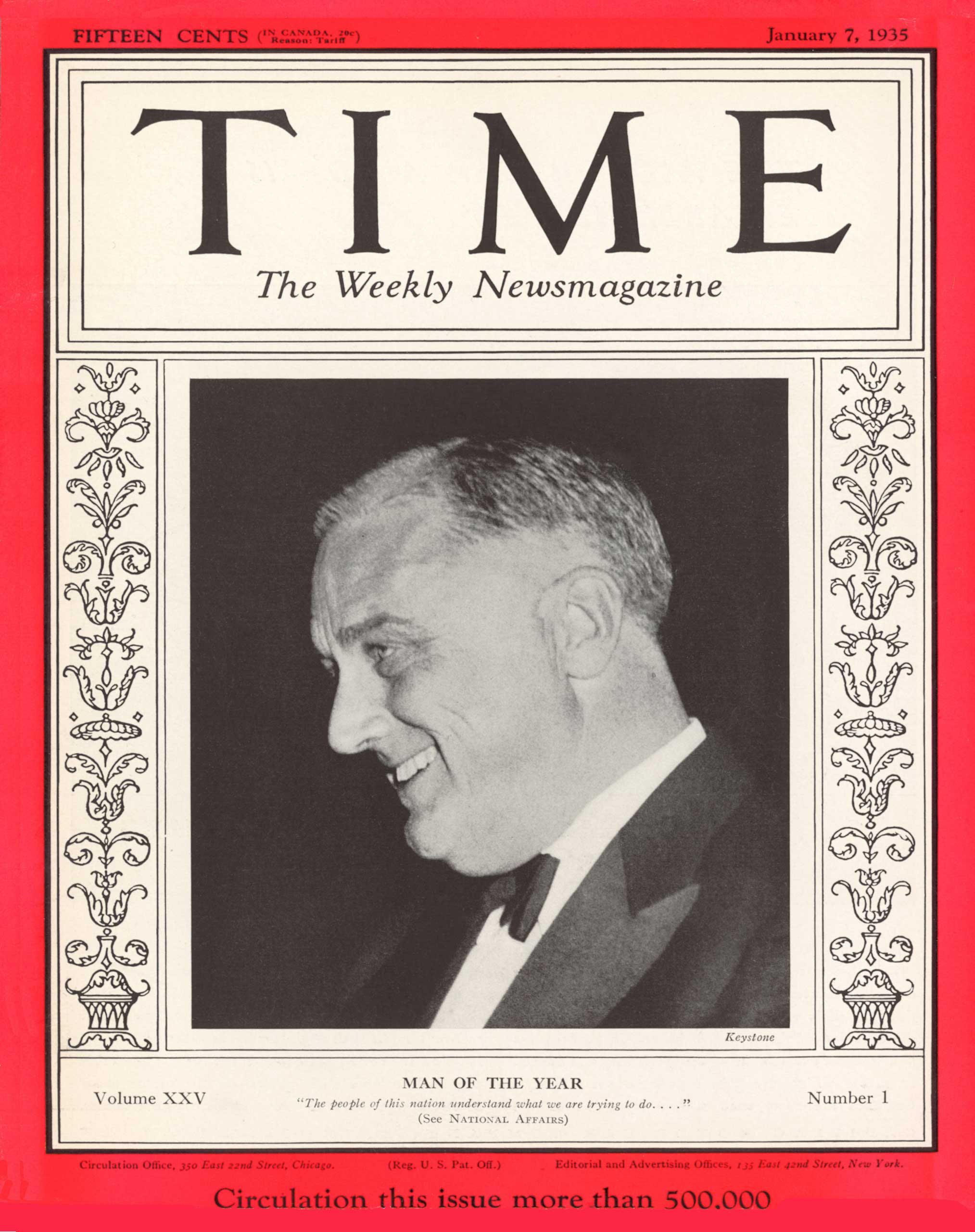
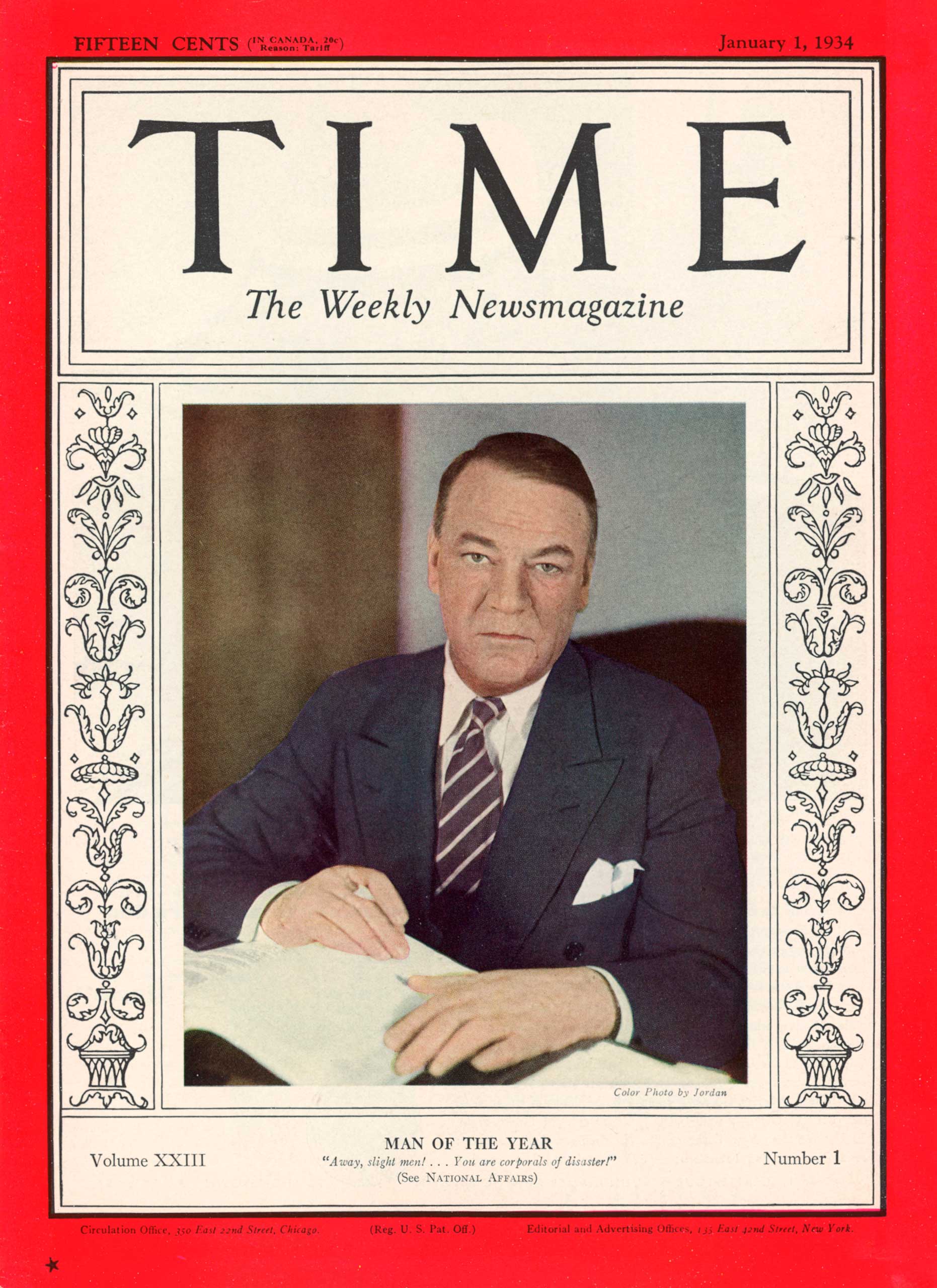
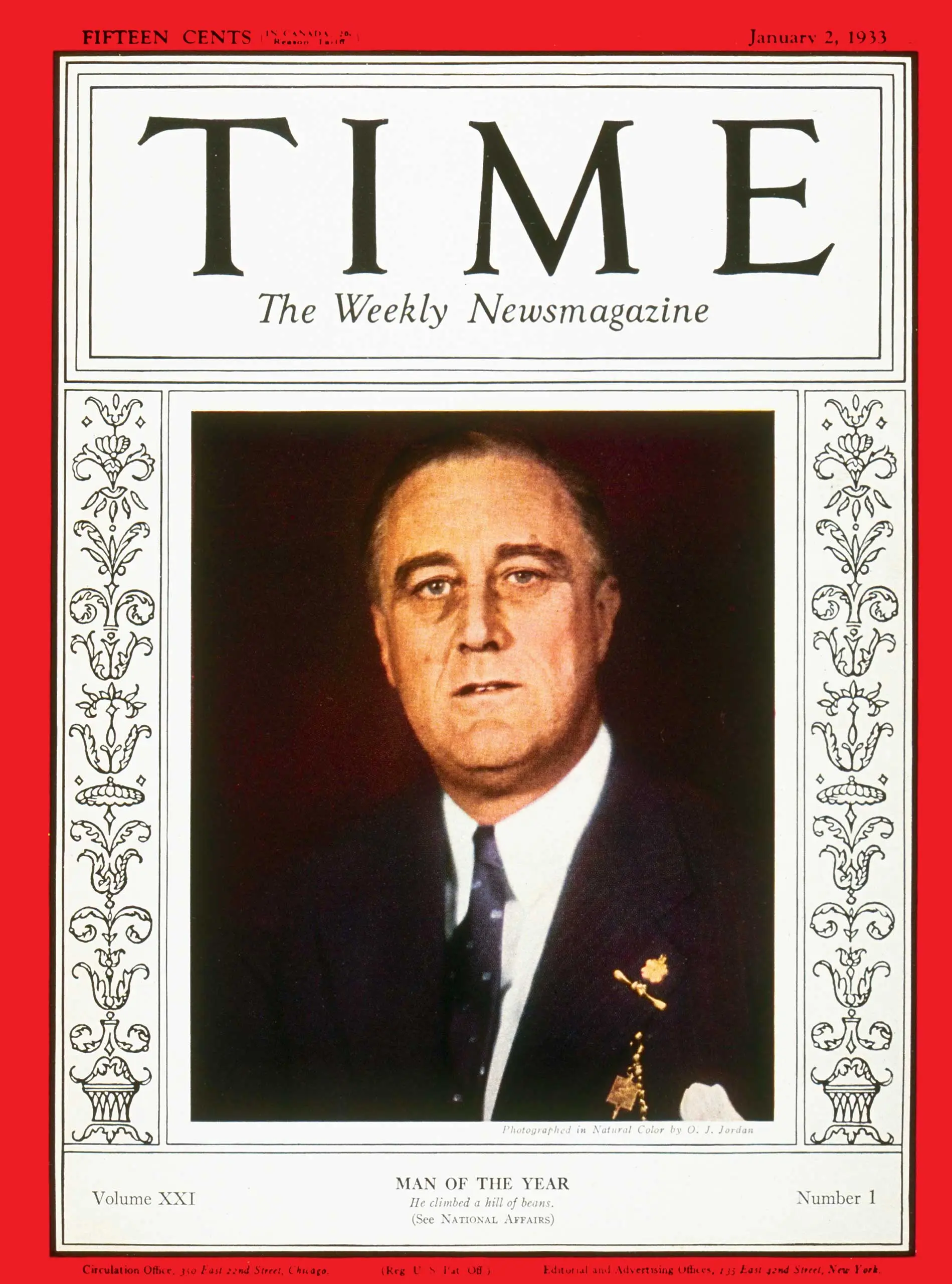
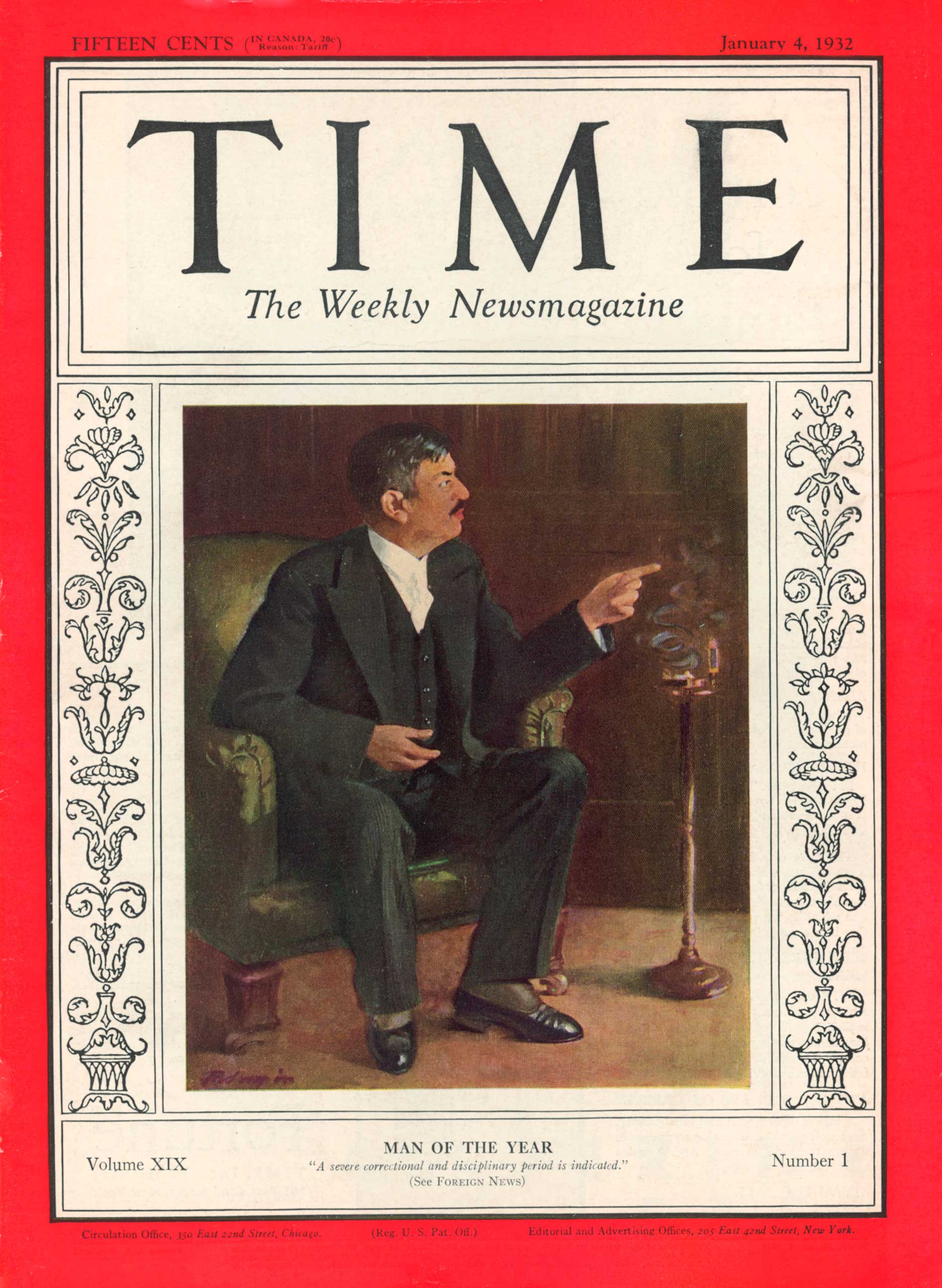
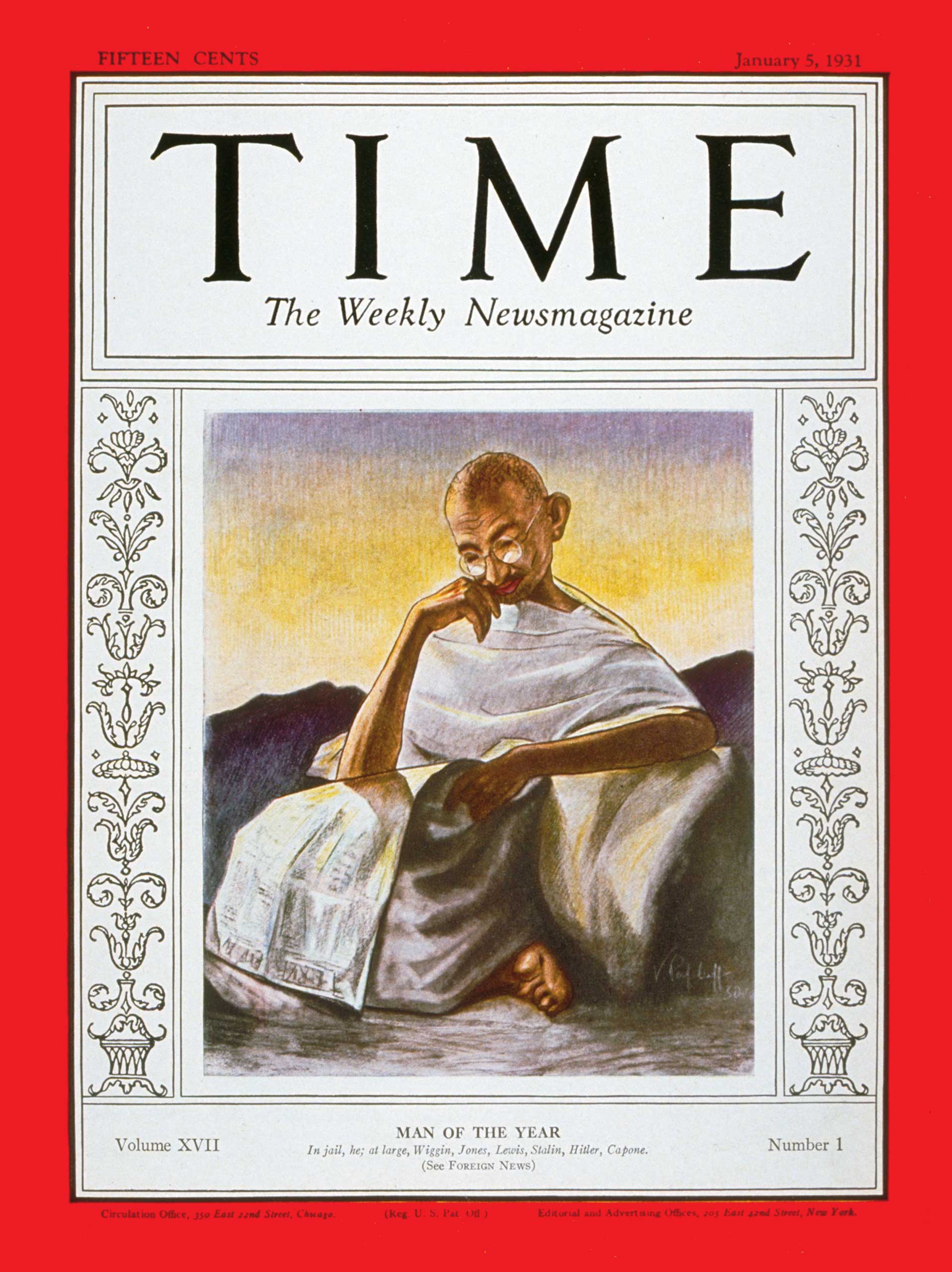
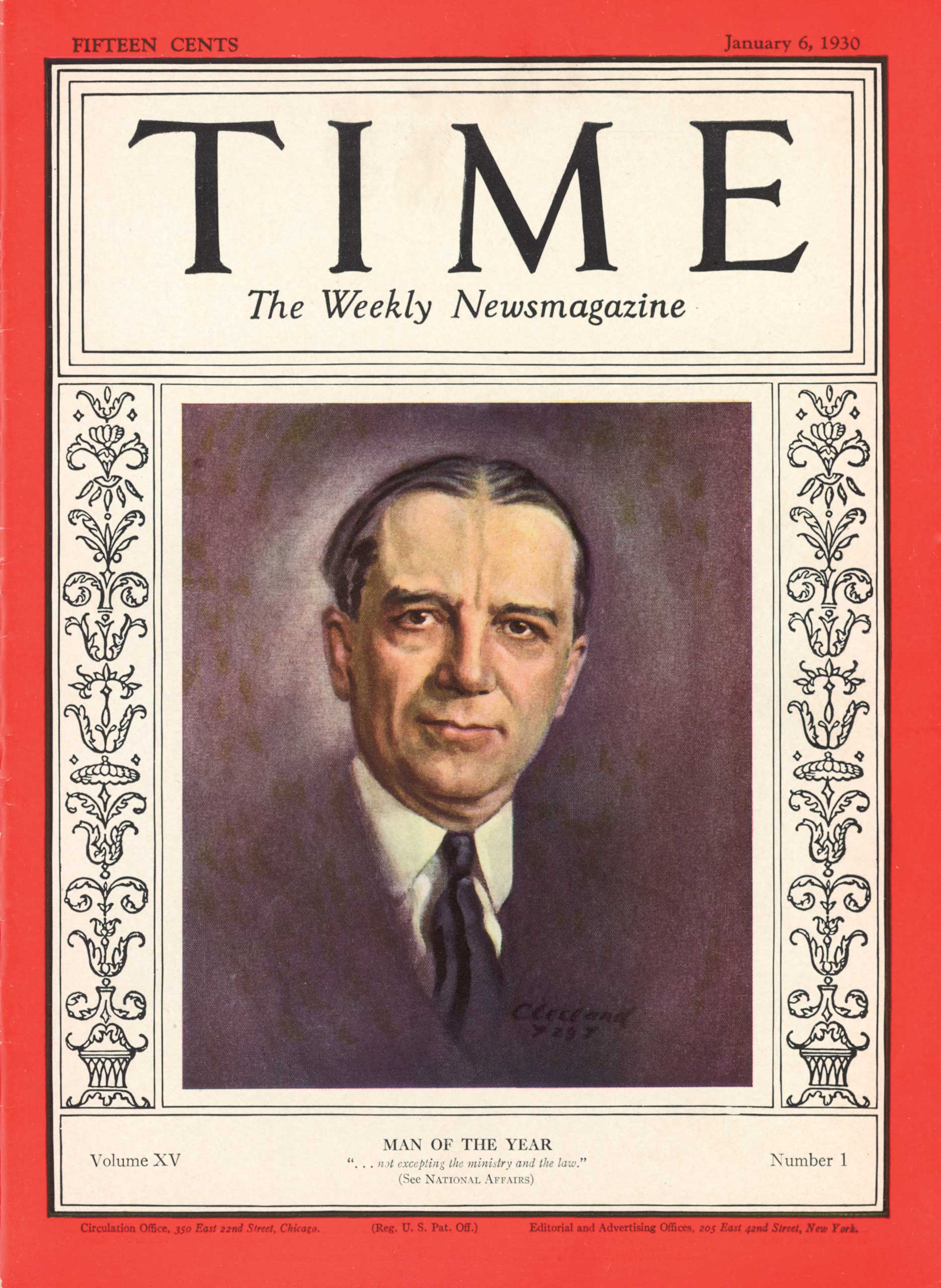
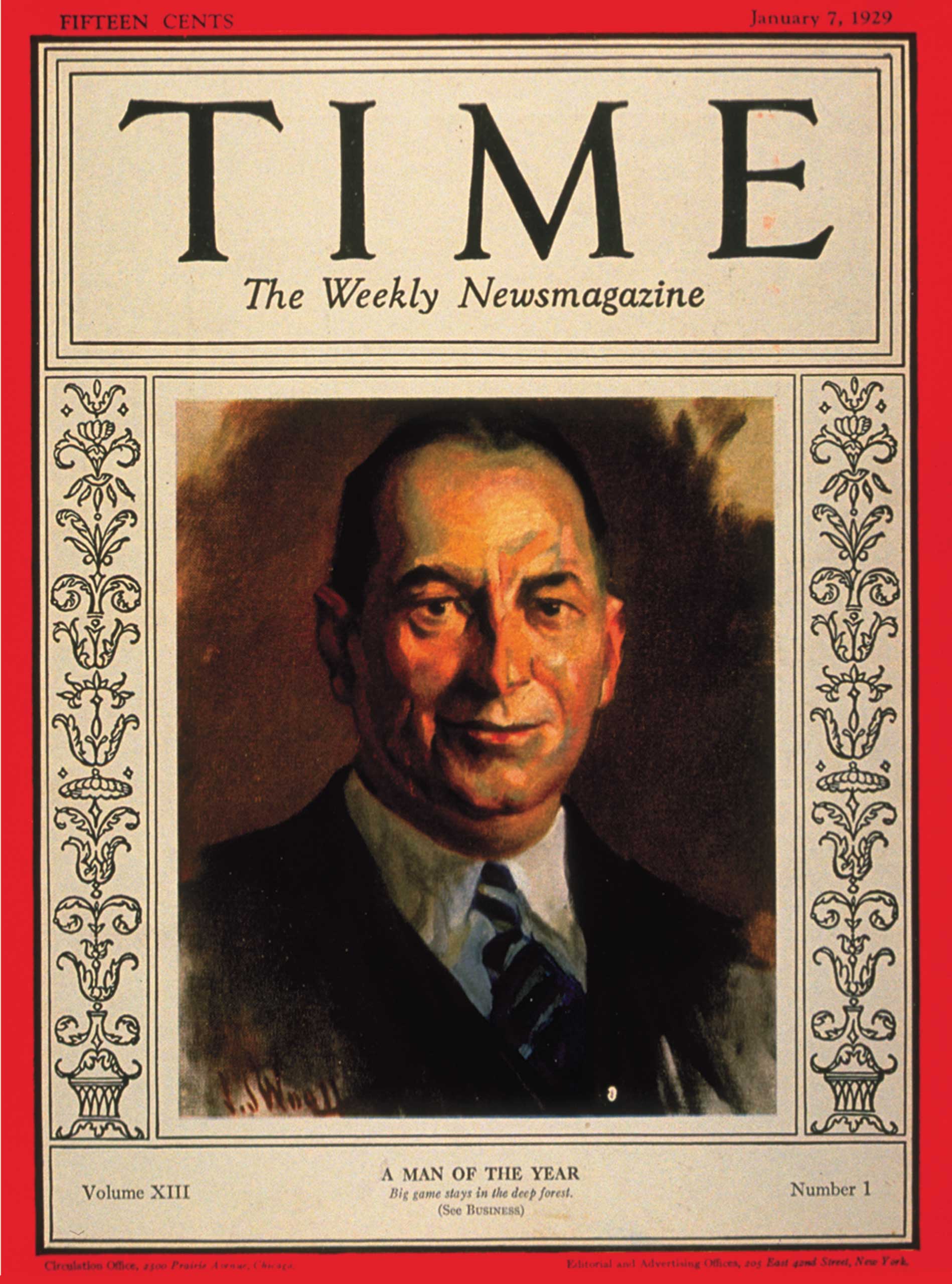
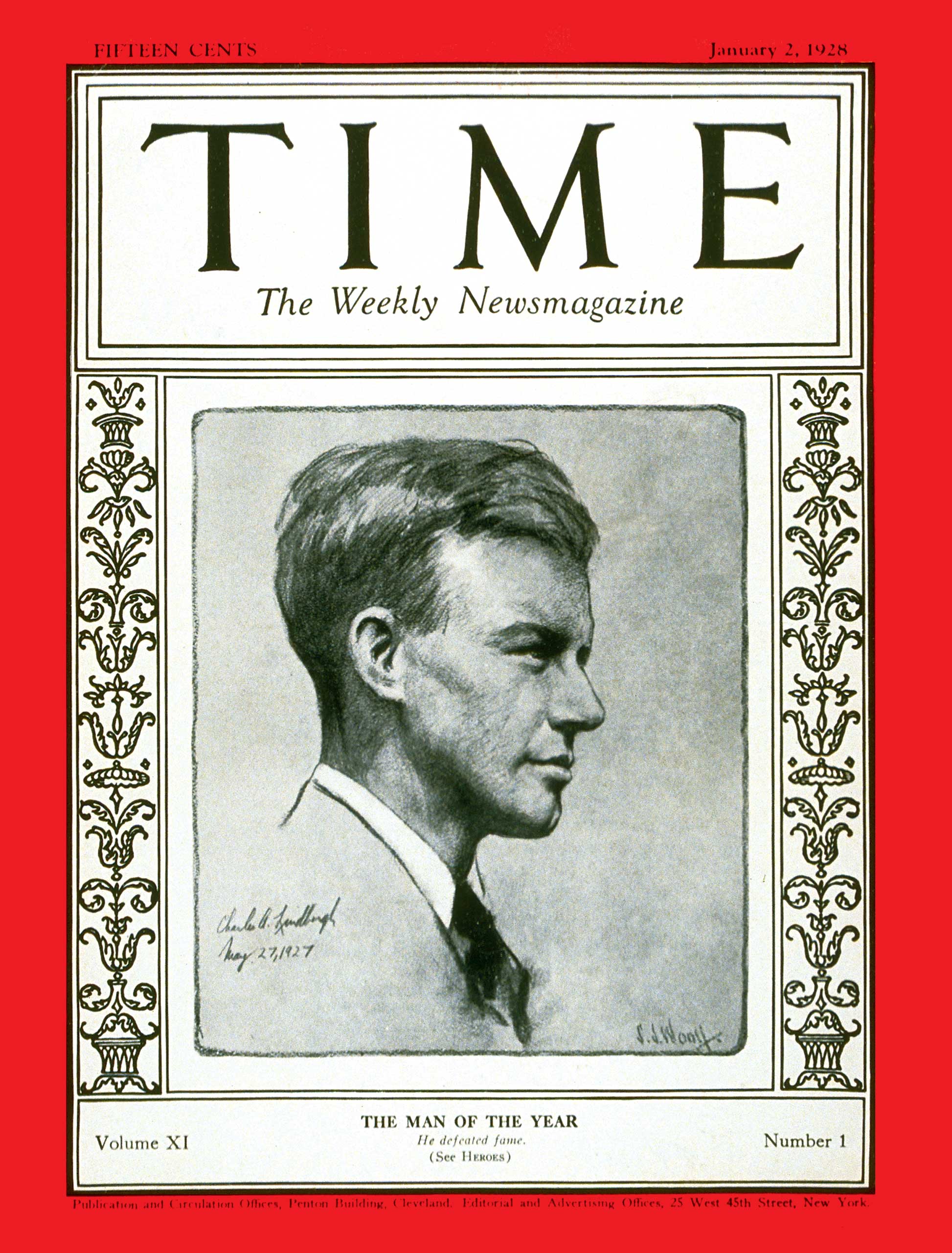
More Must-Reads from TIME
- How Donald Trump Won
- The Best Inventions of 2024
- Why Sleep Is the Key to Living Longer
- Robert Zemeckis Just Wants to Move You
- How to Break 8 Toxic Communication Habits
- Nicola Coughlan Bet on Herself—And Won
- Why Vinegar Is So Good for You
- Meet TIME's Newest Class of Next Generation Leaders
Write to Lily Rothman at lily.rothman@time.com